MATRIARCH
Matriarch is a collaboration between photographer and artist, where the personal approach to the concept of "femininity" is examined through improvisation. I work with performance artists, of various ages and sexual orientation in individual photos sessions. My preference is that they personally have to identify with the female gender even if they were not necessarily born with female reproductive organs. I document each individual in a chosen area of their home environment while leading them through a series of movement improvisation exercises. The artists are asked to prepare by contemplating what "femininity" means to them and how the concept has affected them throughout their lives - which is followed up by an interview before commencing the photo session. To further implement visual symbolic meaning to the photo a piece of raw fruit or vegetable is chosen by each person that to them embodies what they consider feminine qualities.
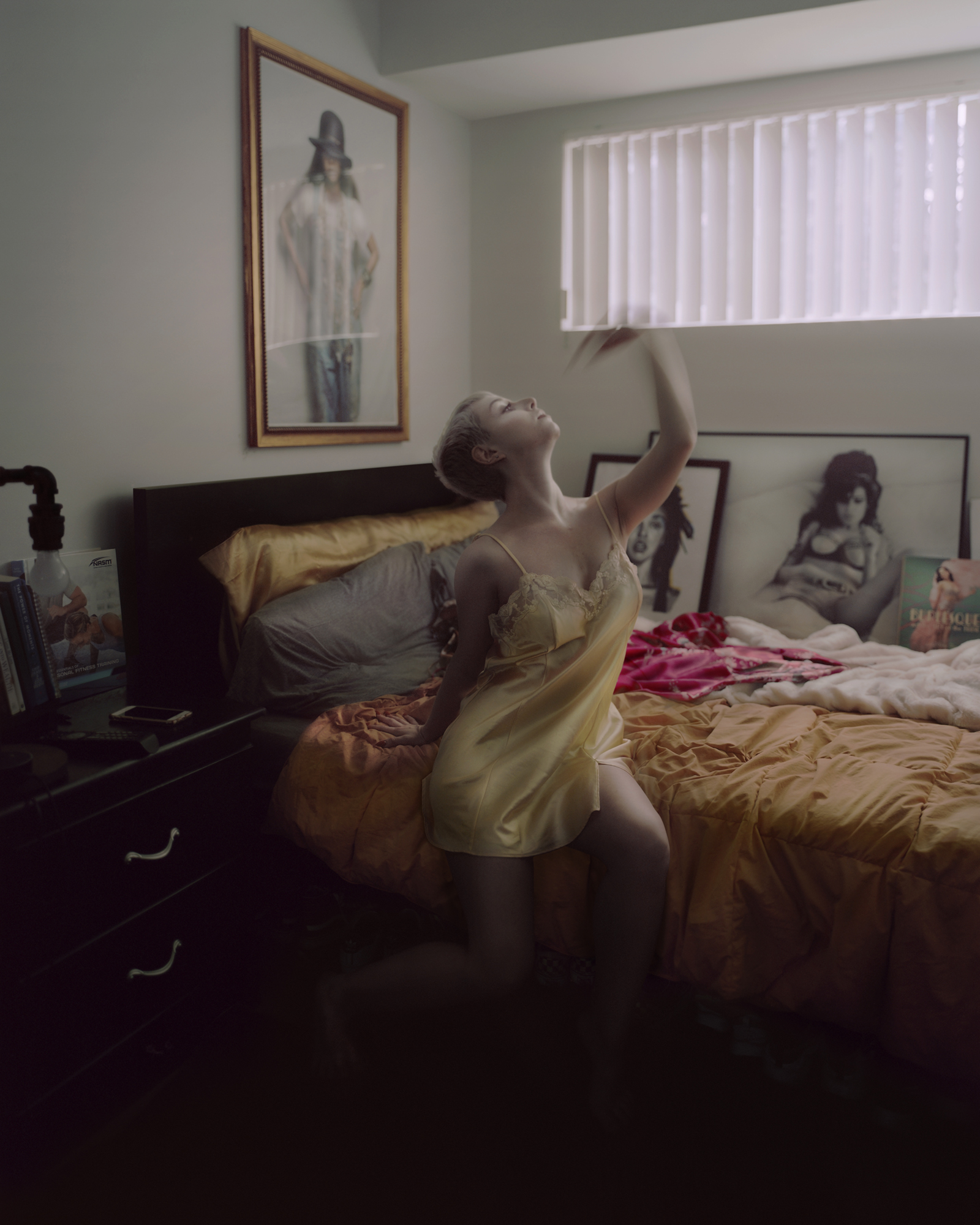
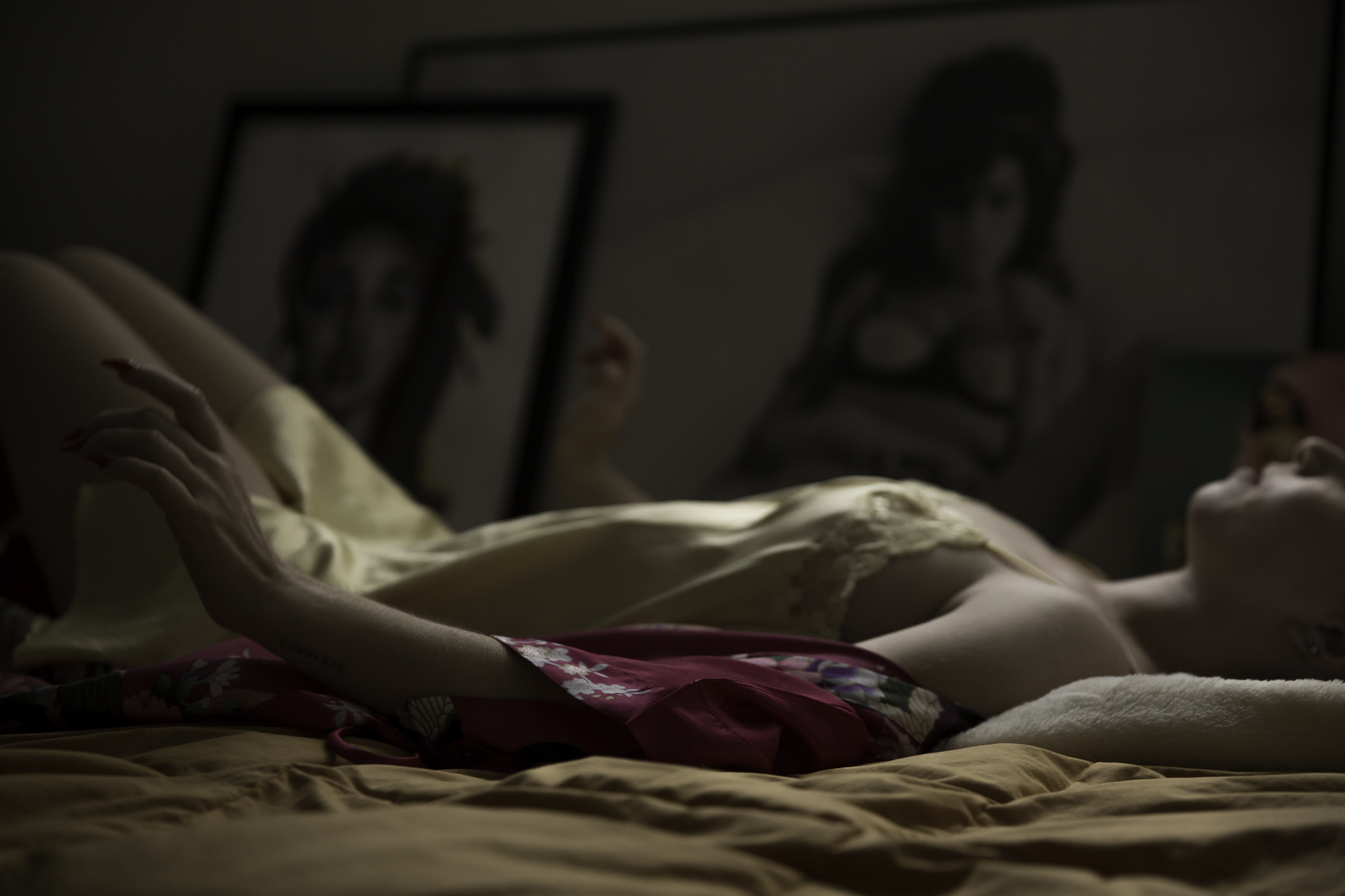


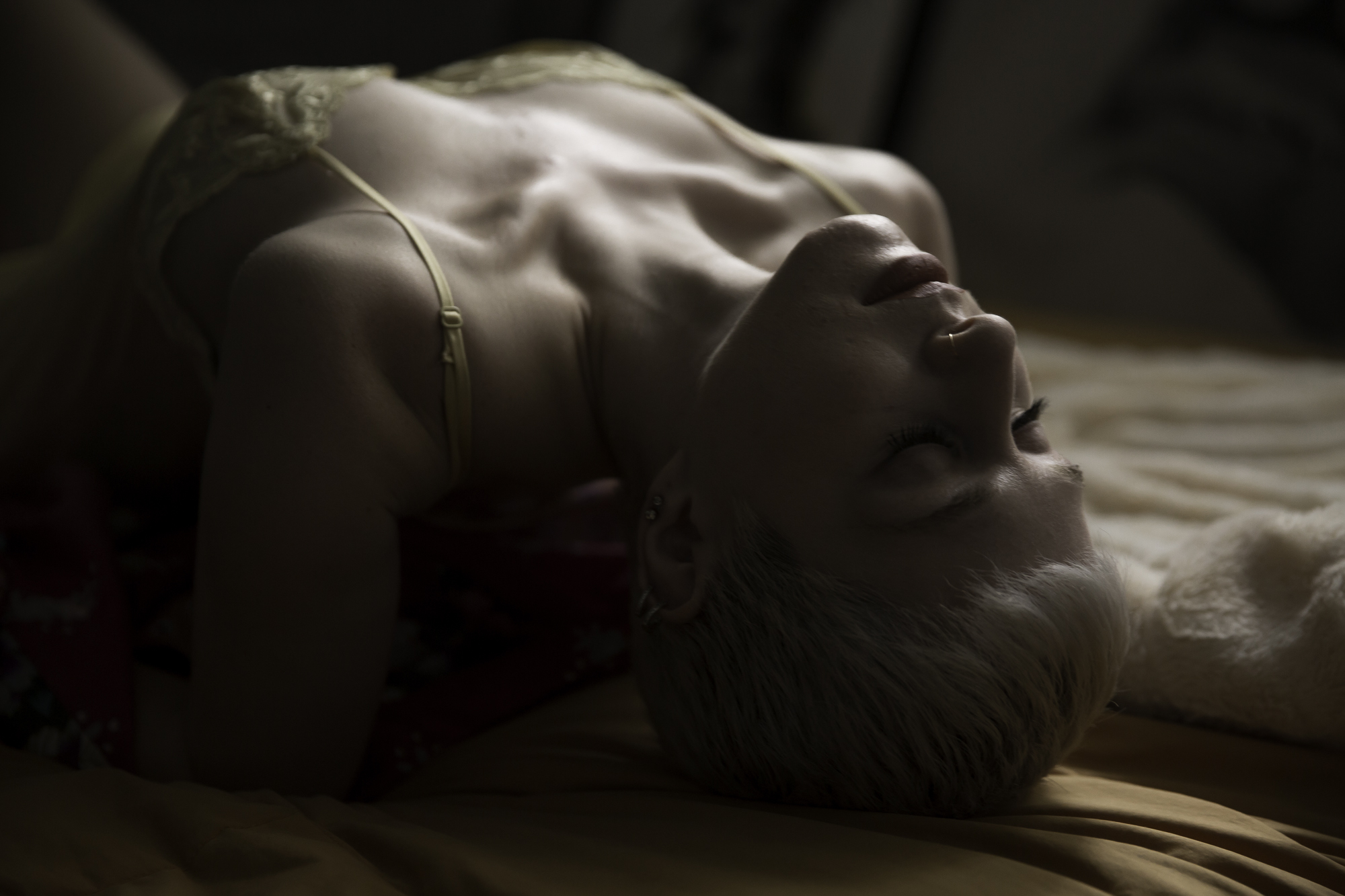
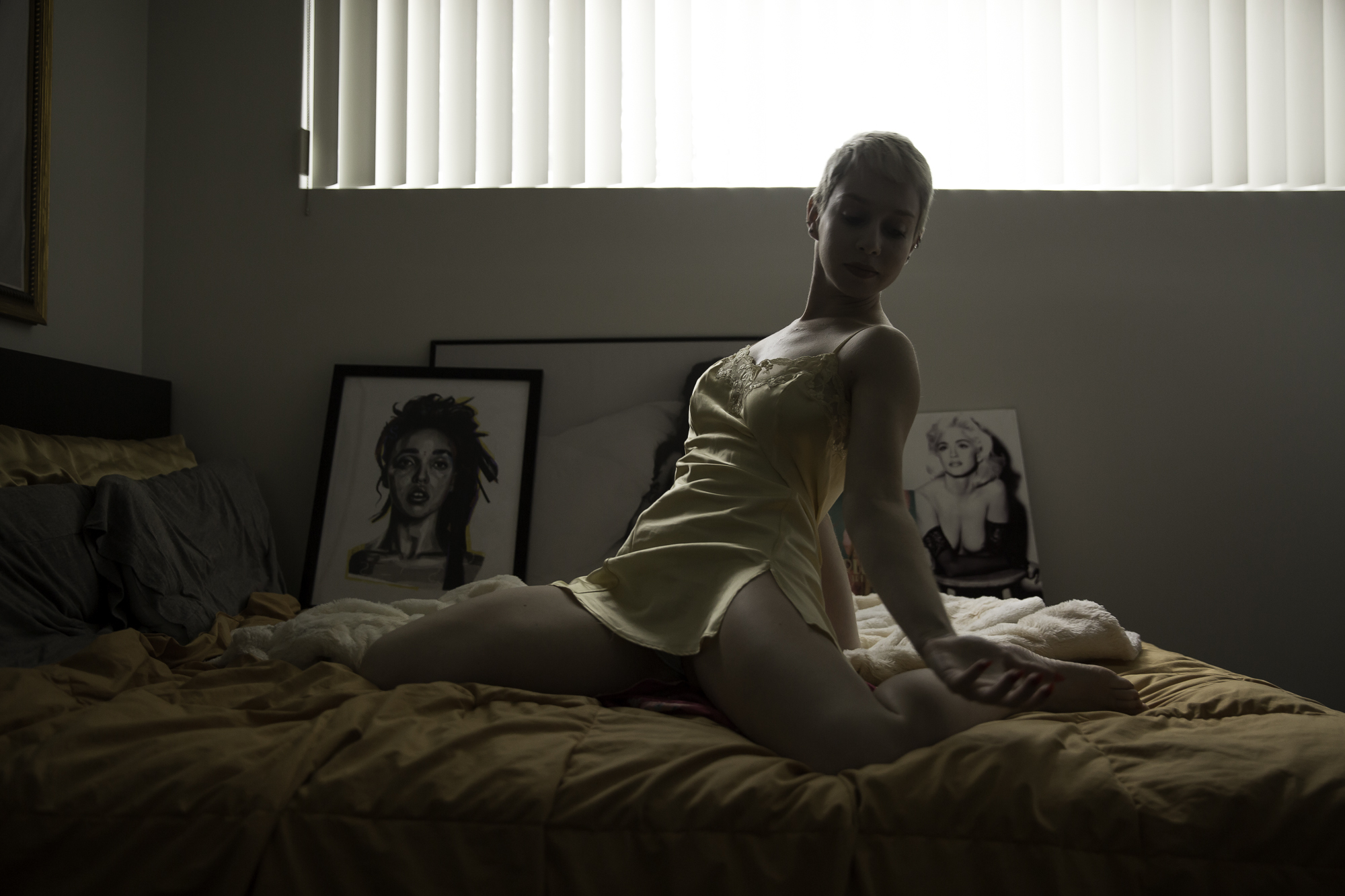
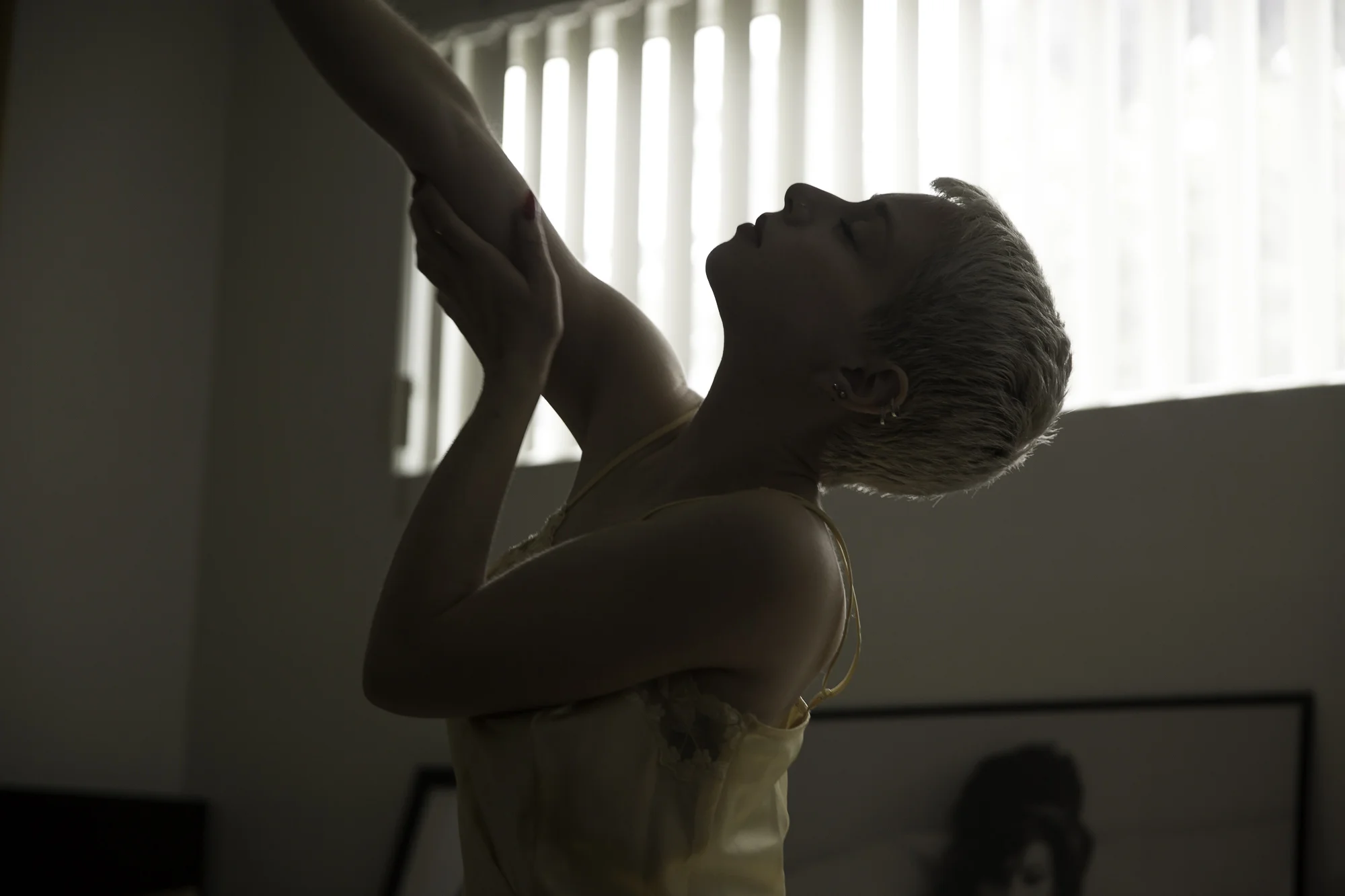
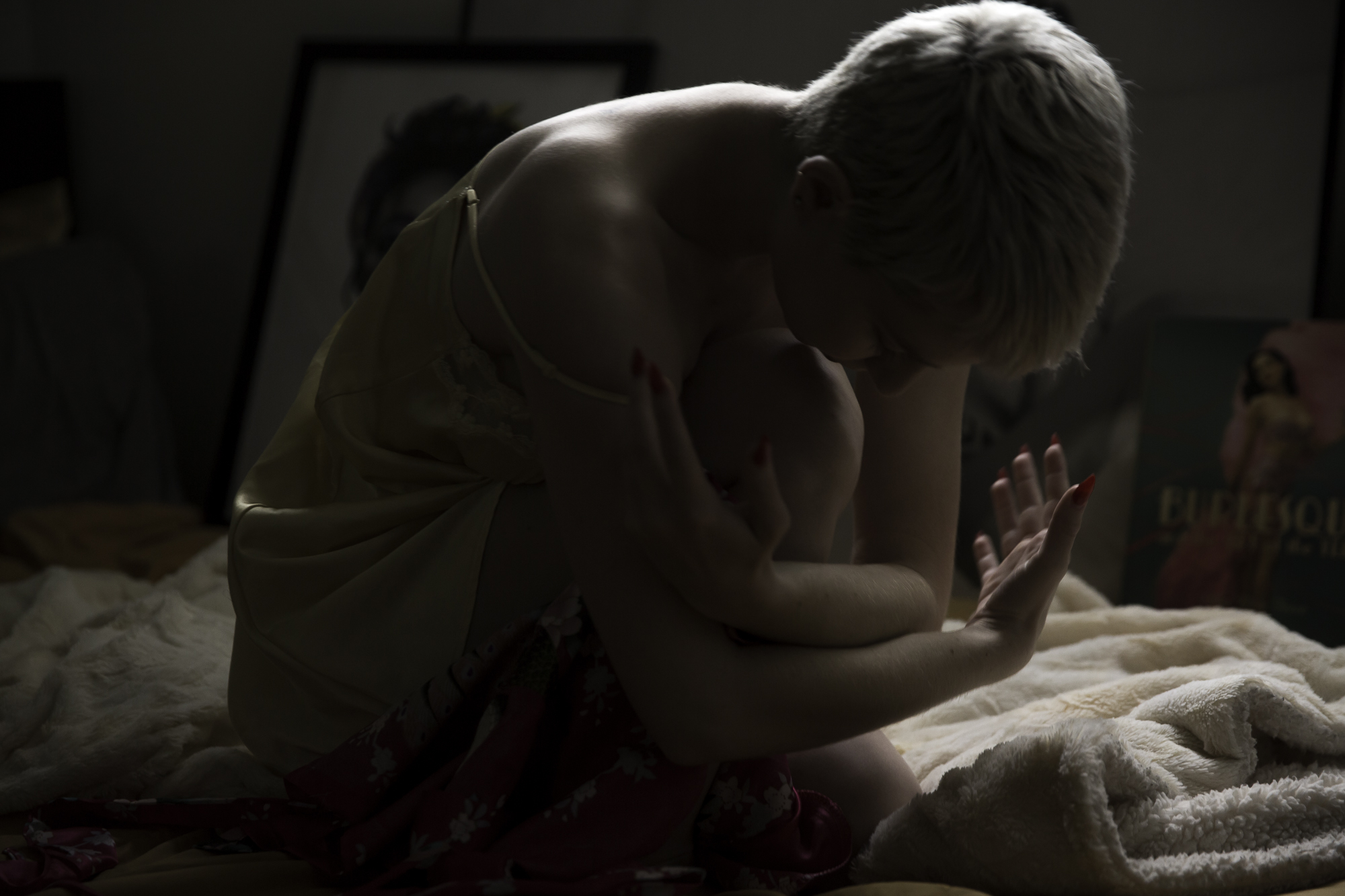
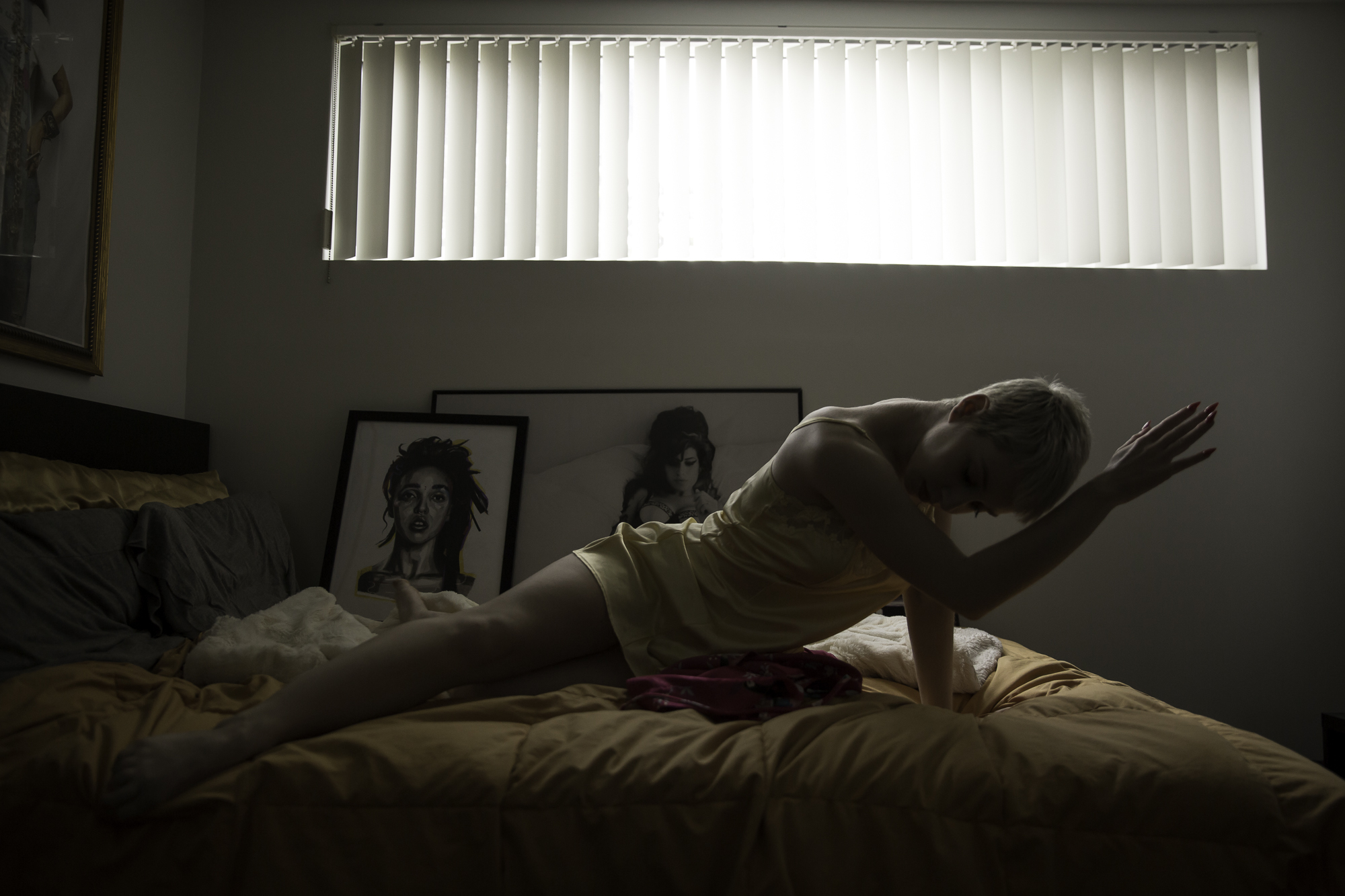
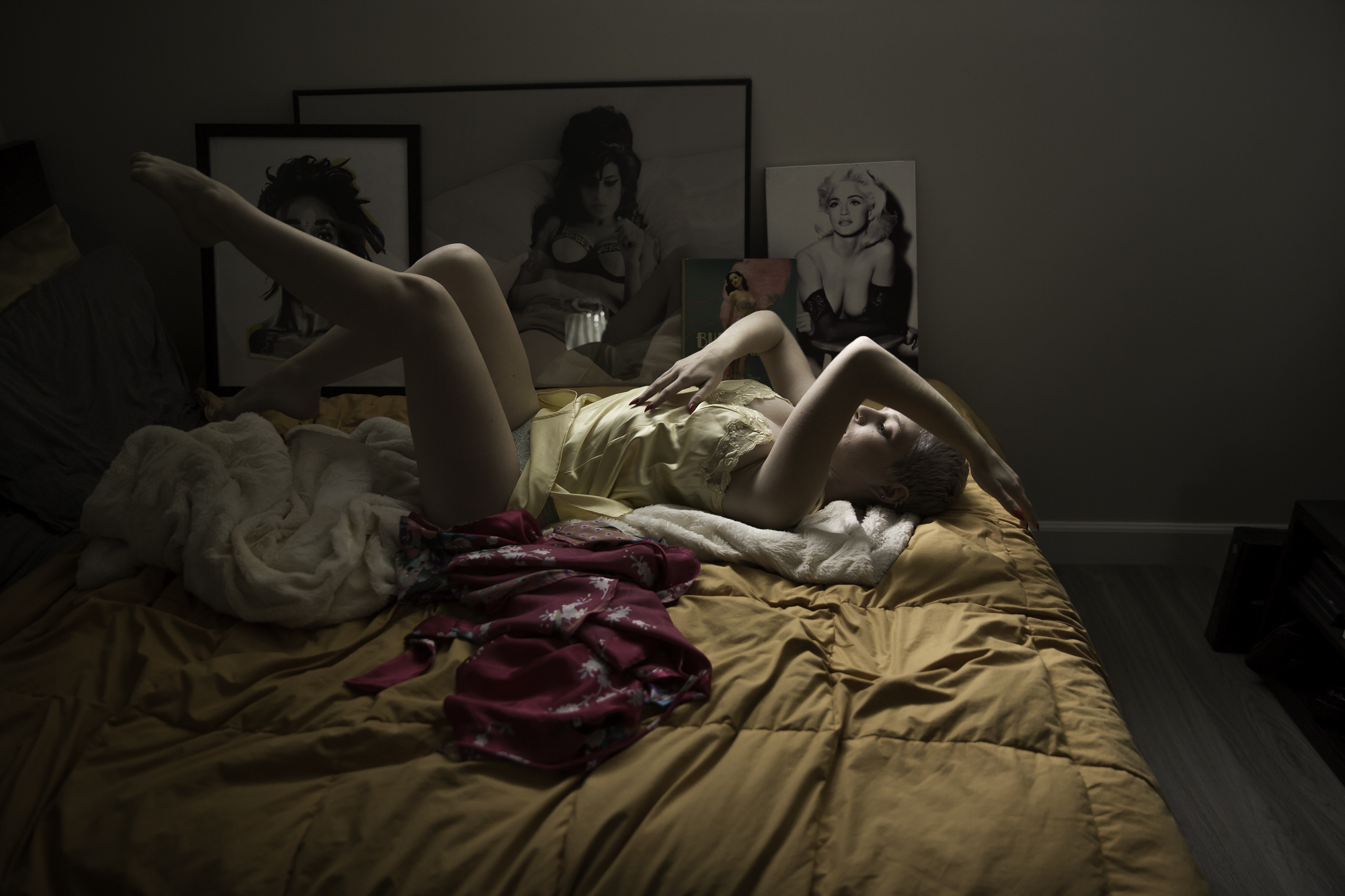
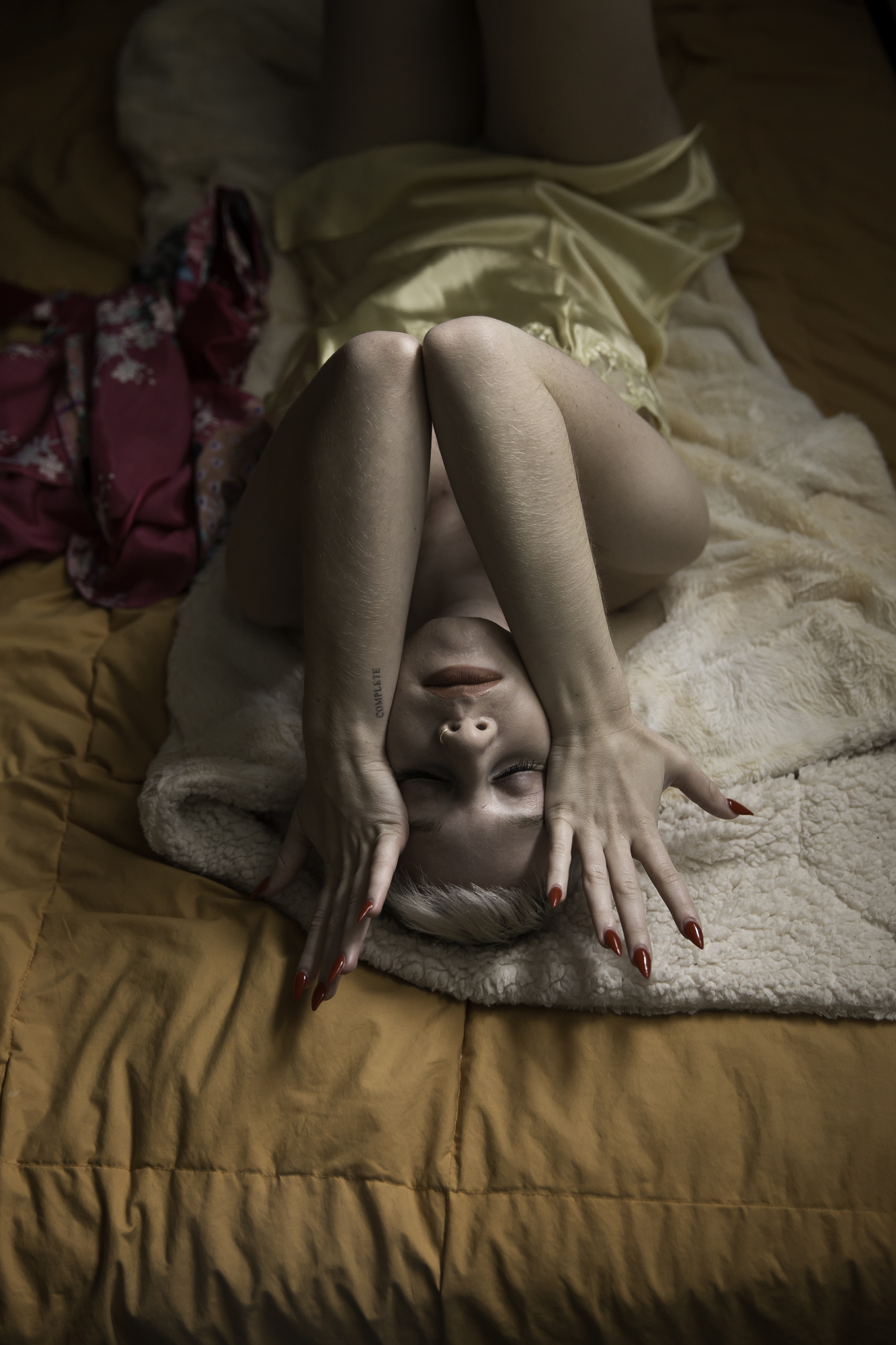
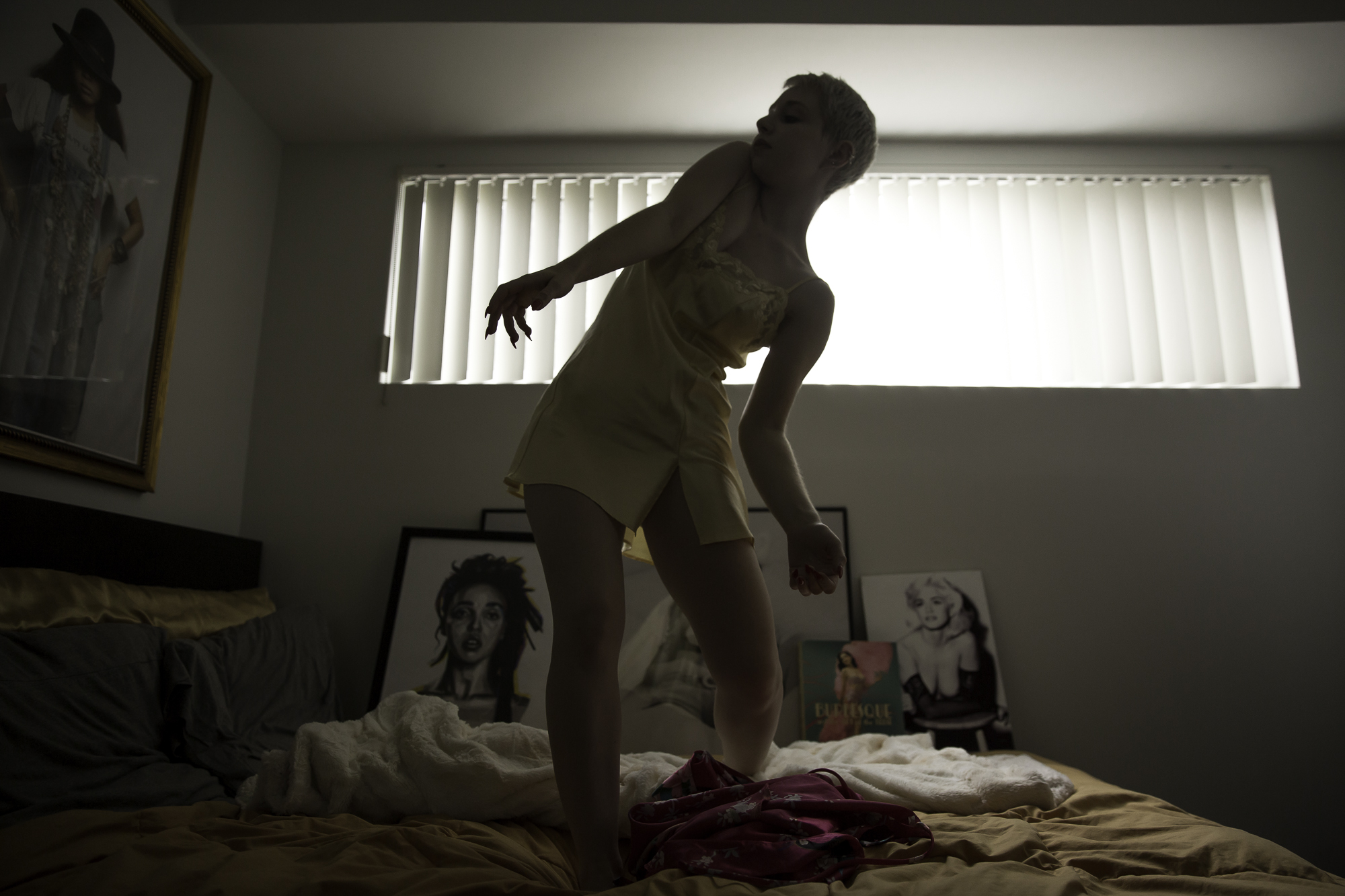
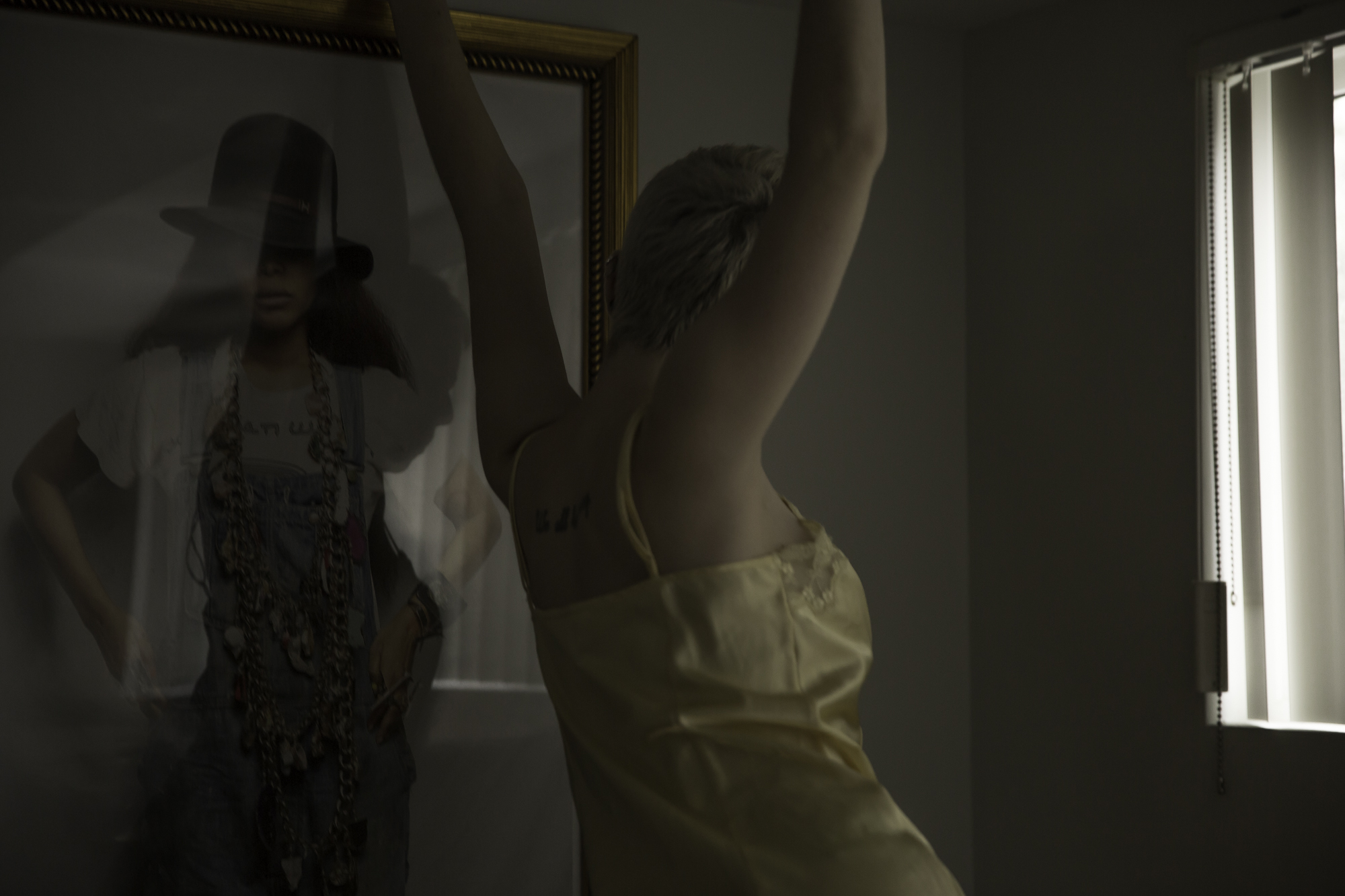
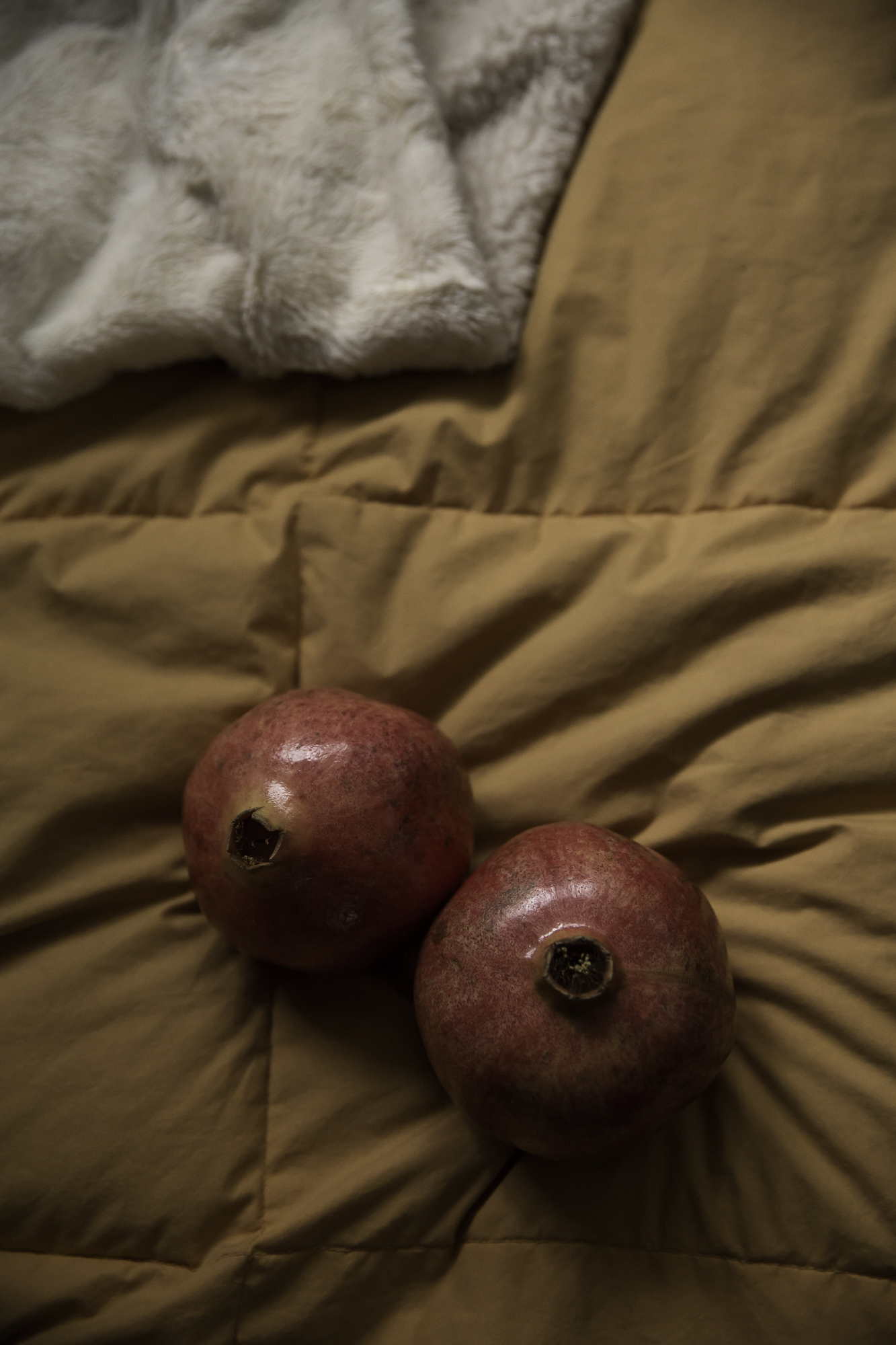
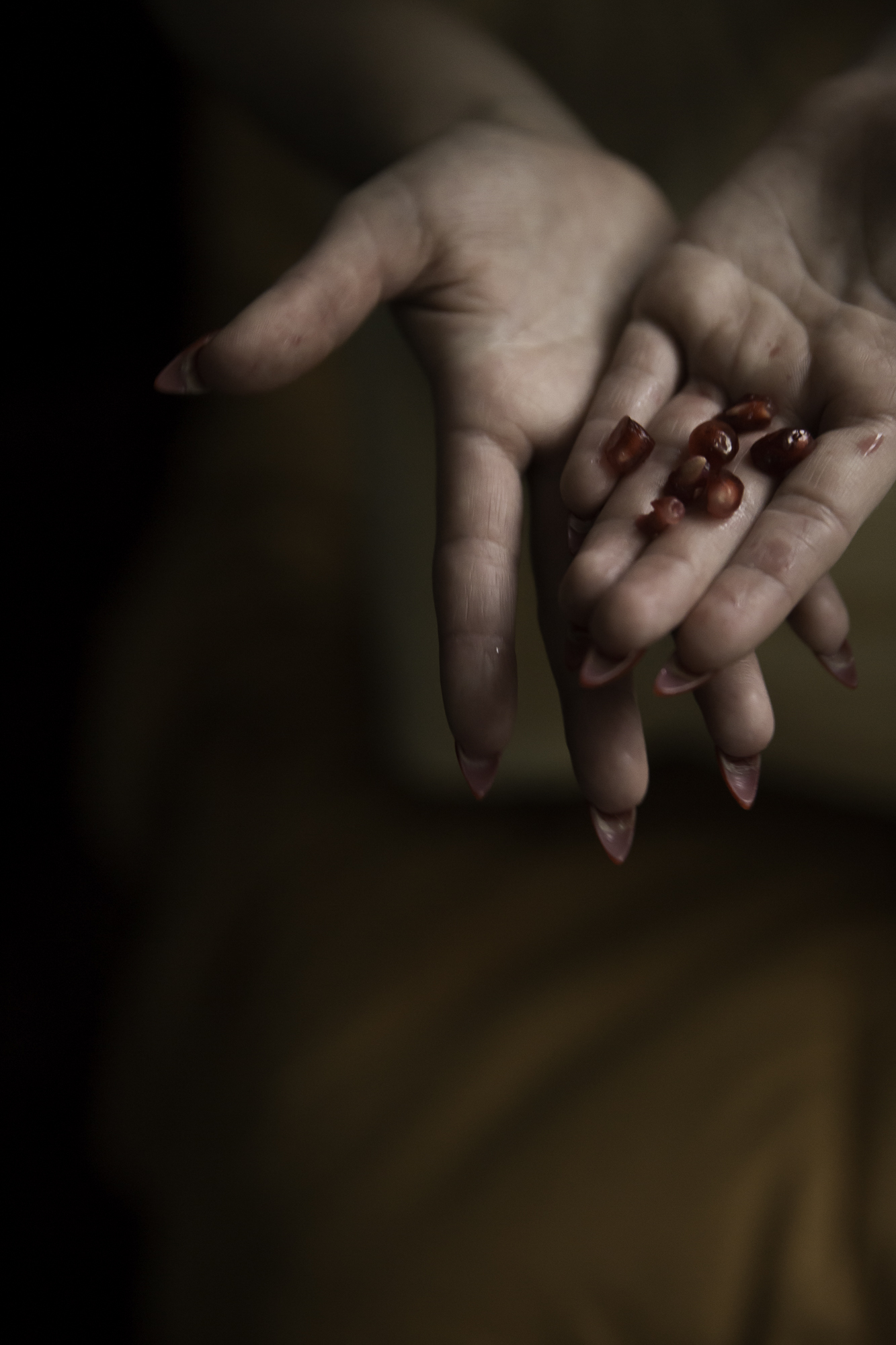
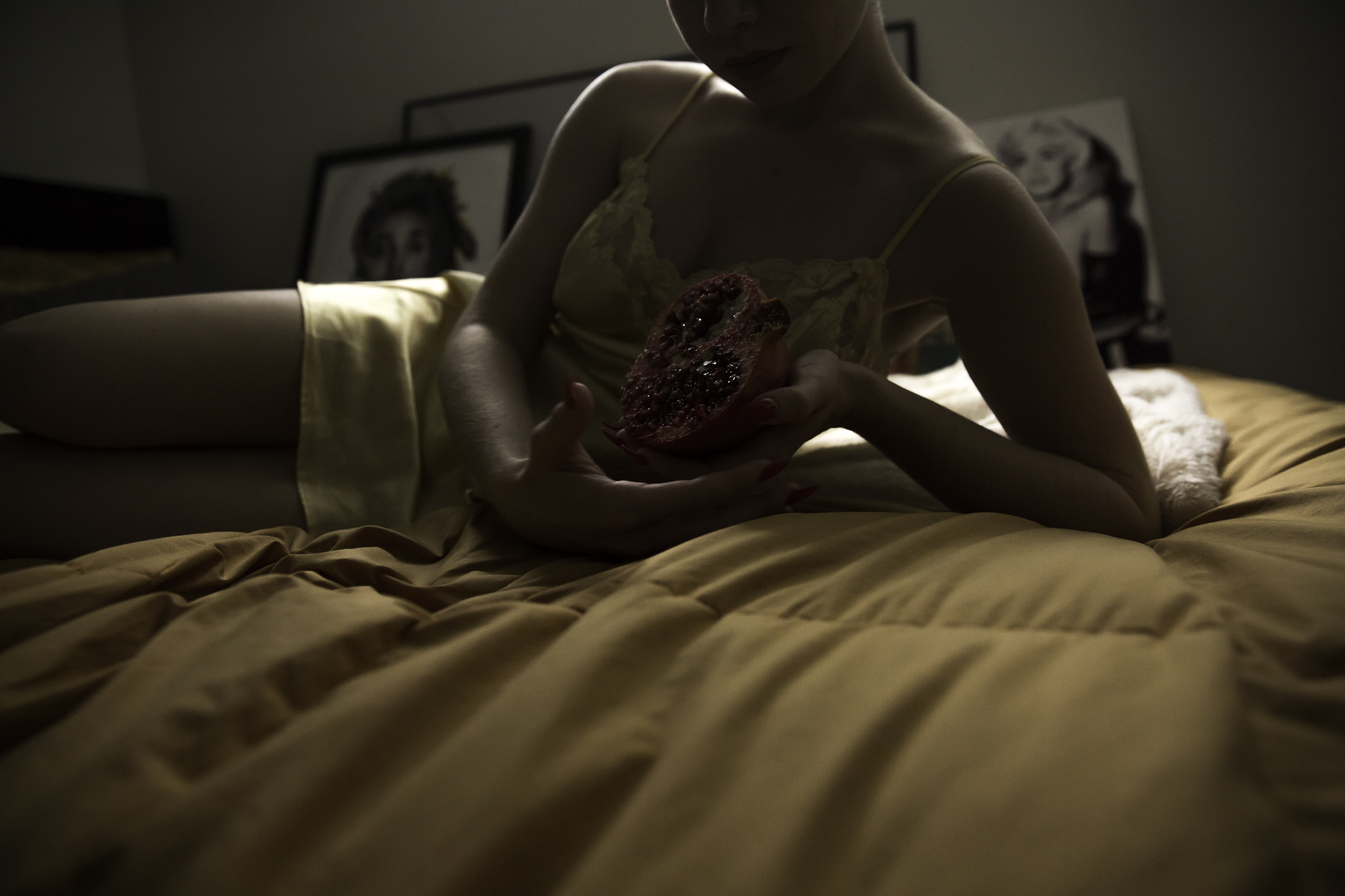
NIKKI
“To me, being a ‘feminine woman’ is to love yourself, embrace who you are and not feeling forced to fit a ‘mould’ or a ‘standard’.”
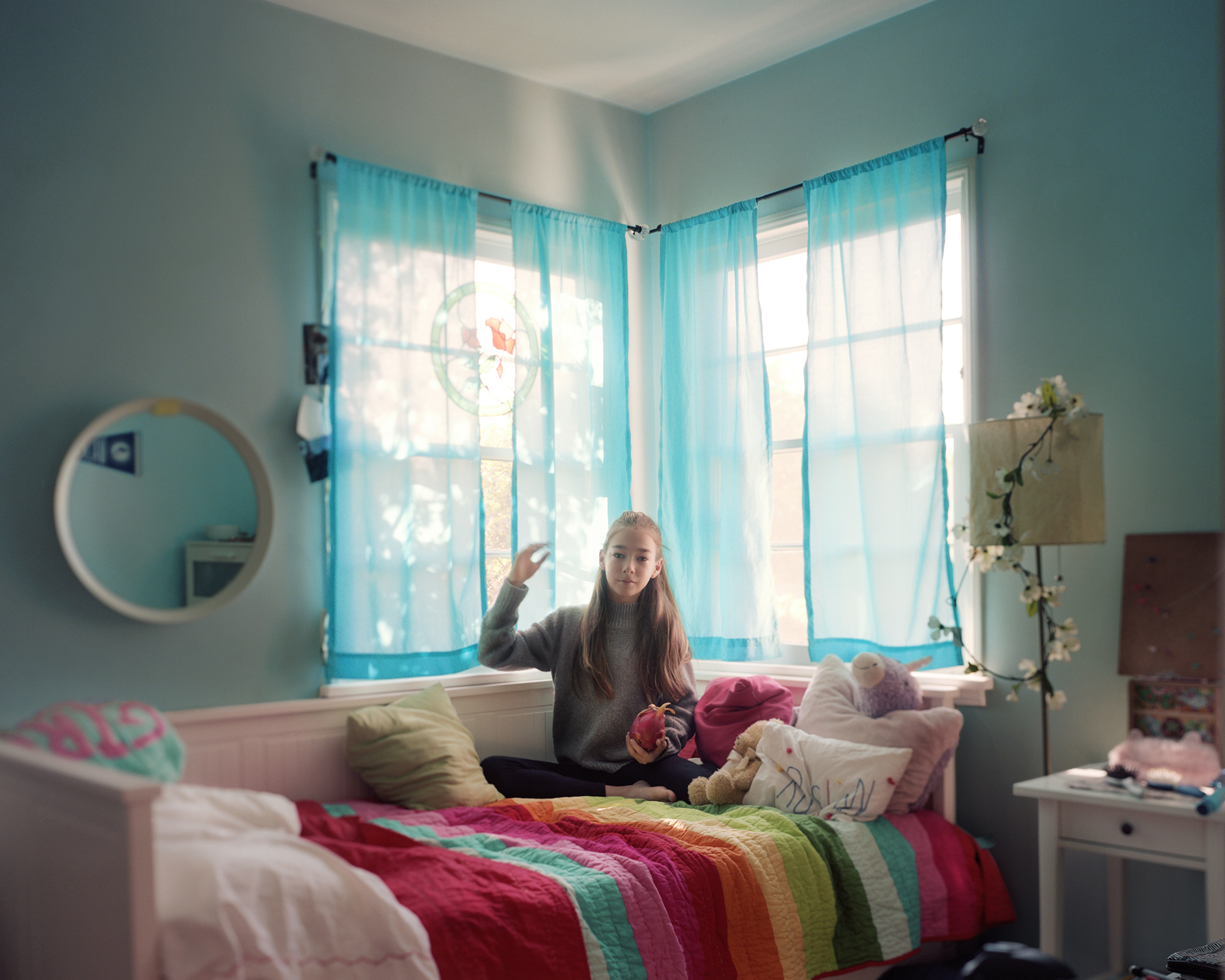
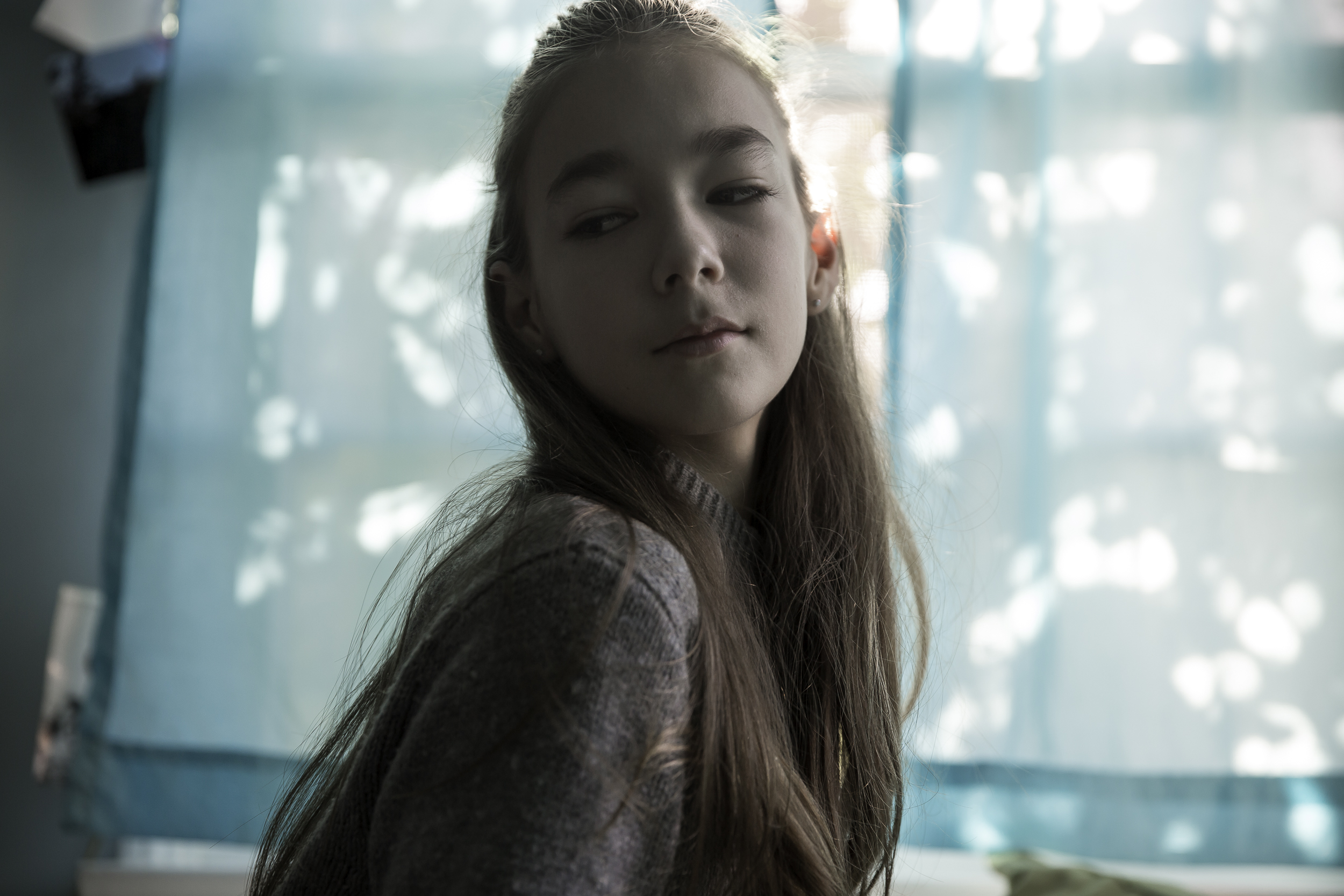
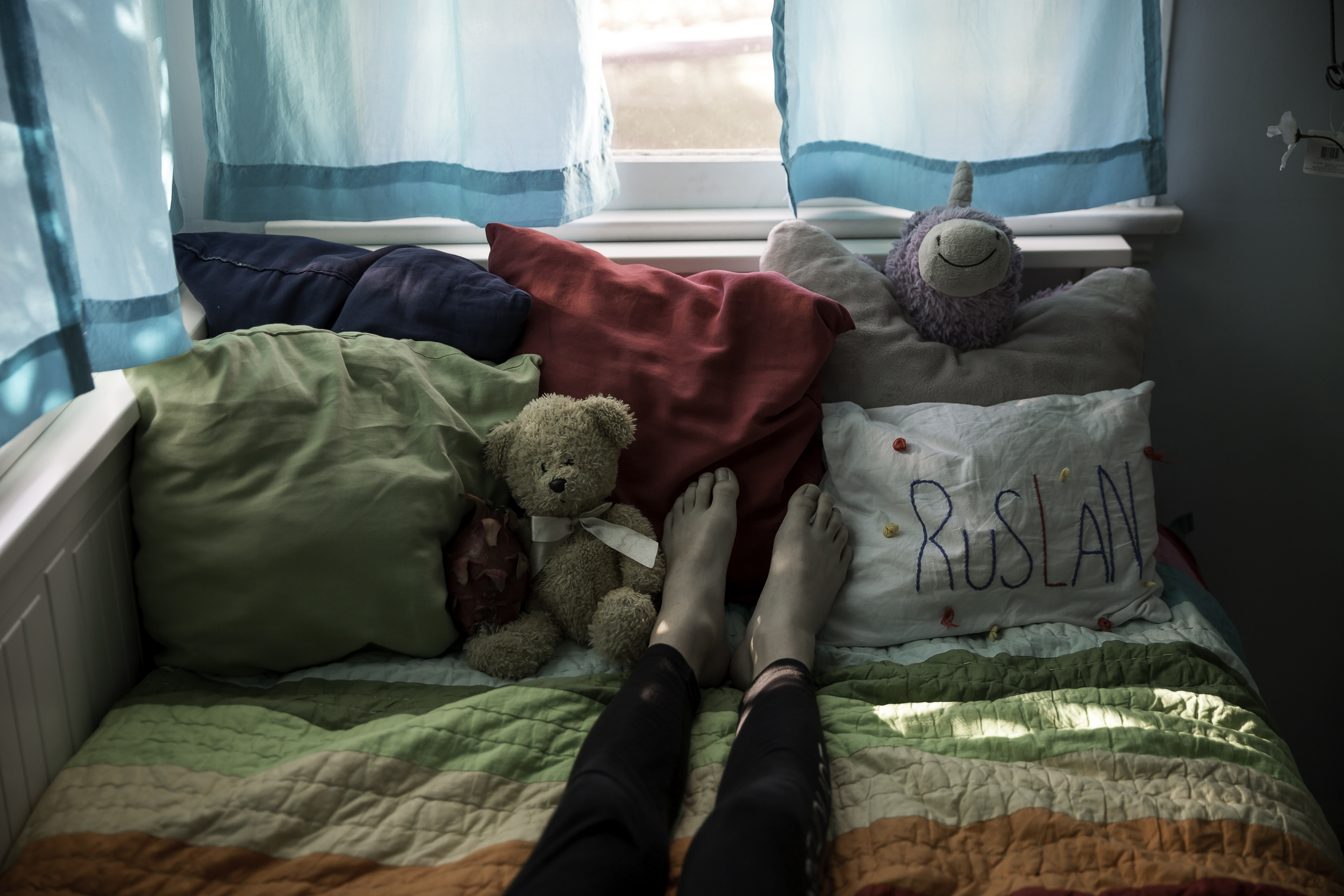
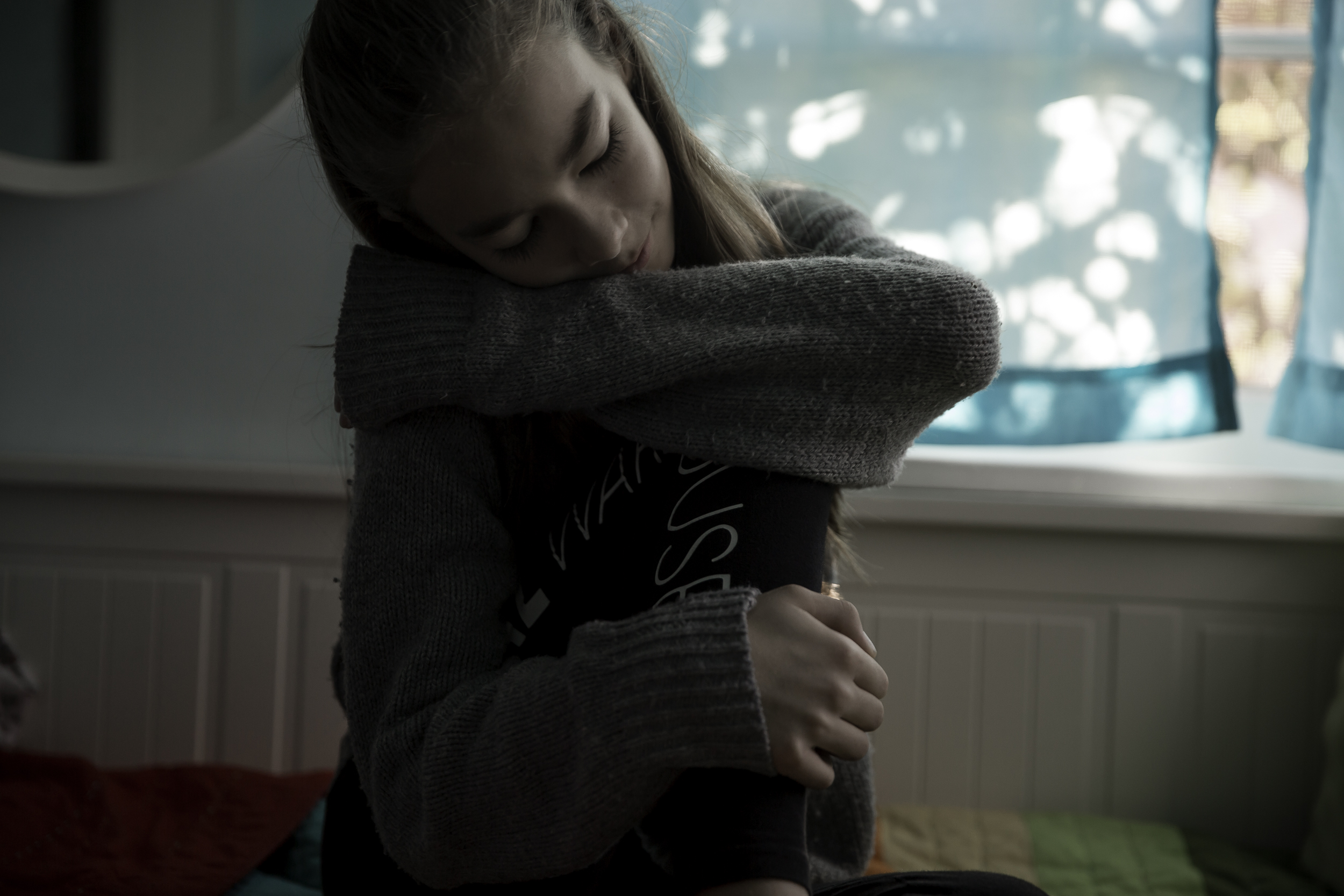
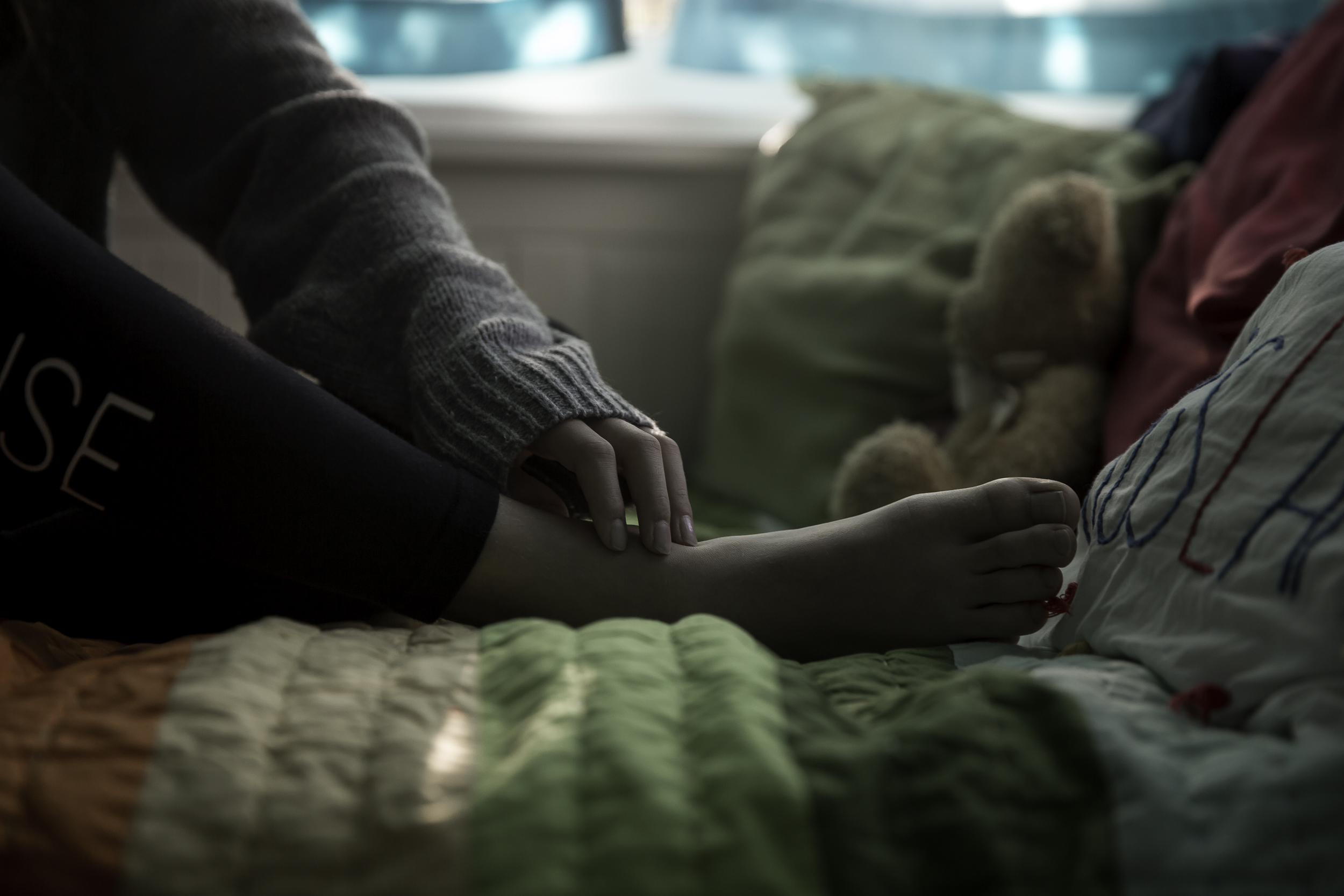
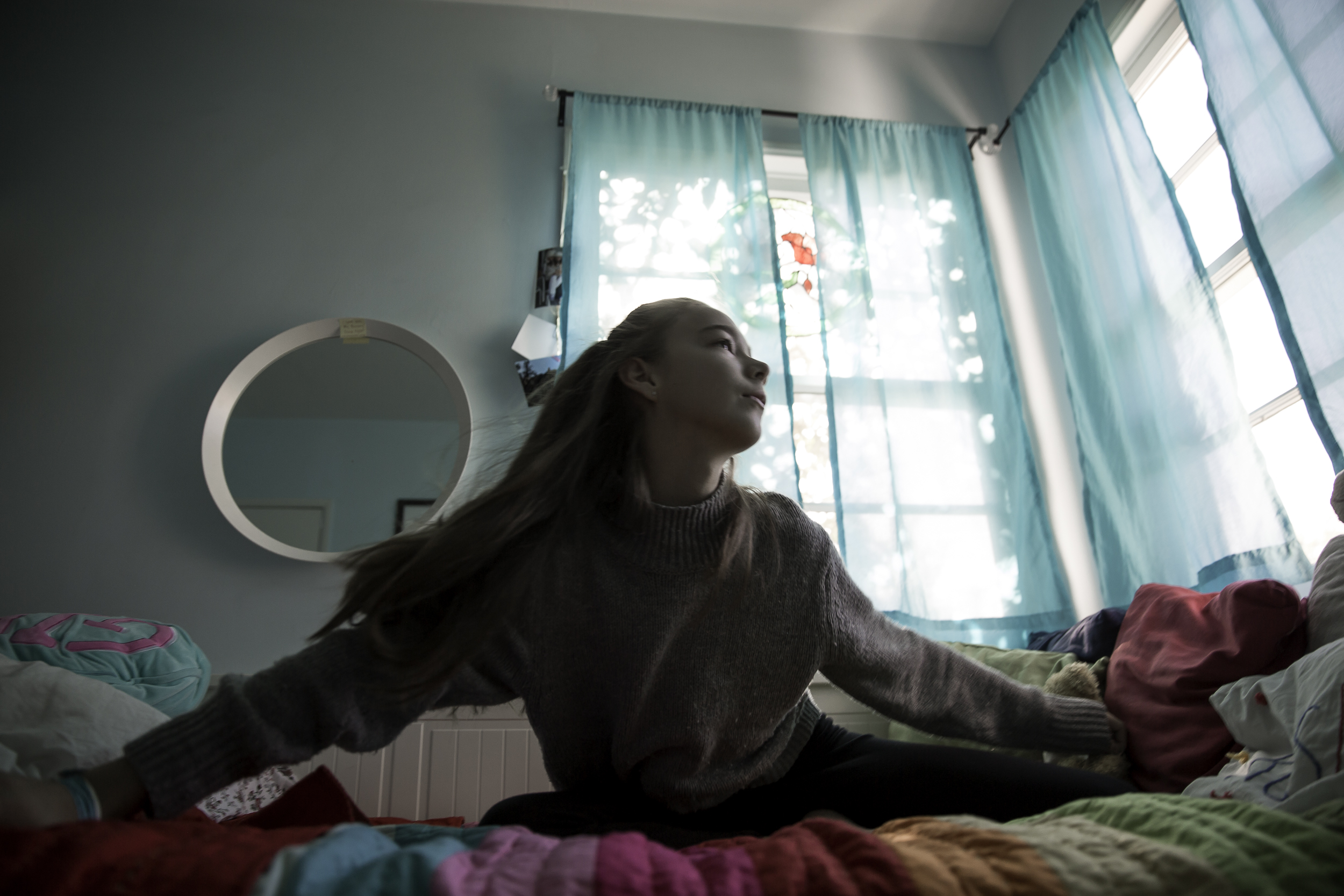
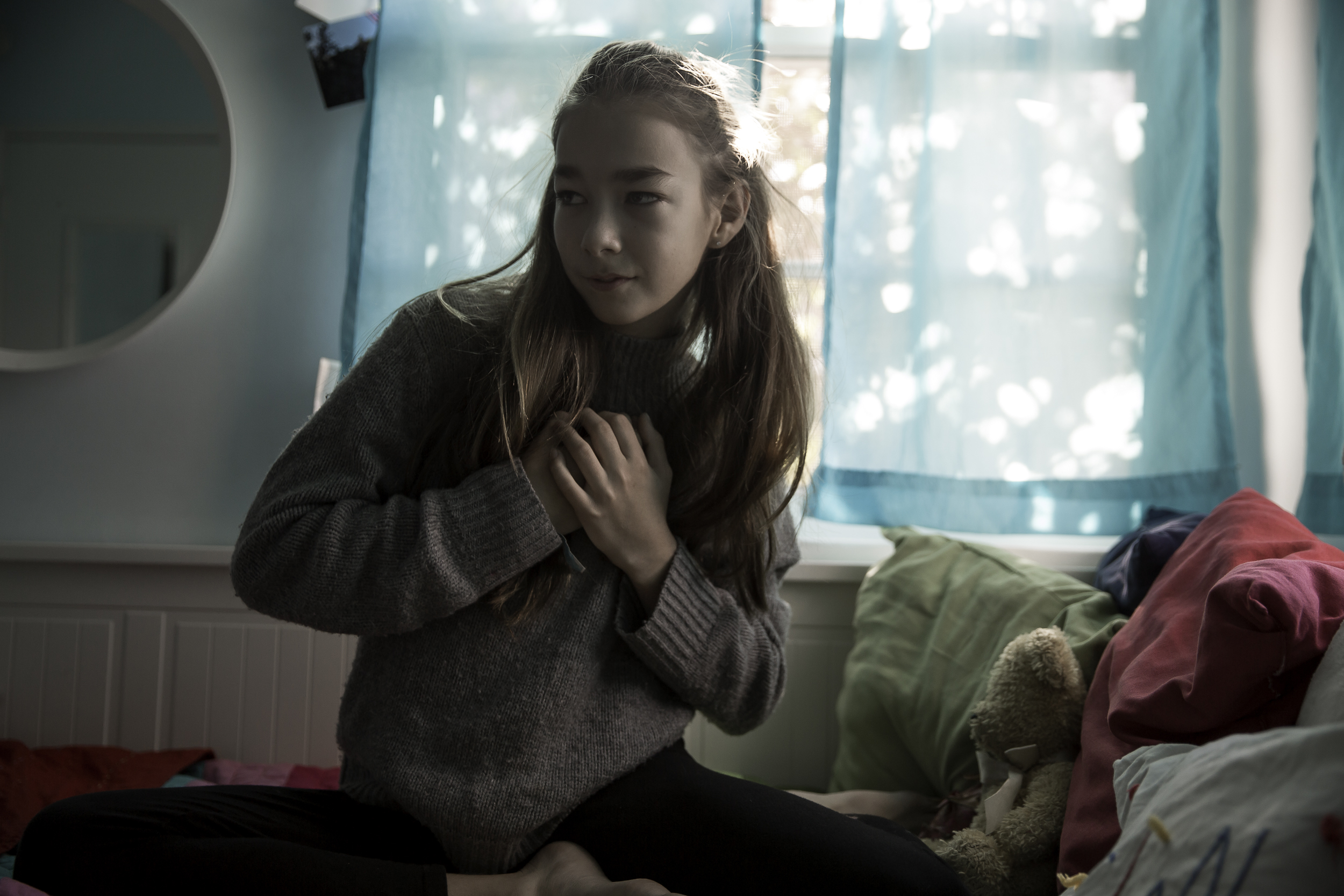
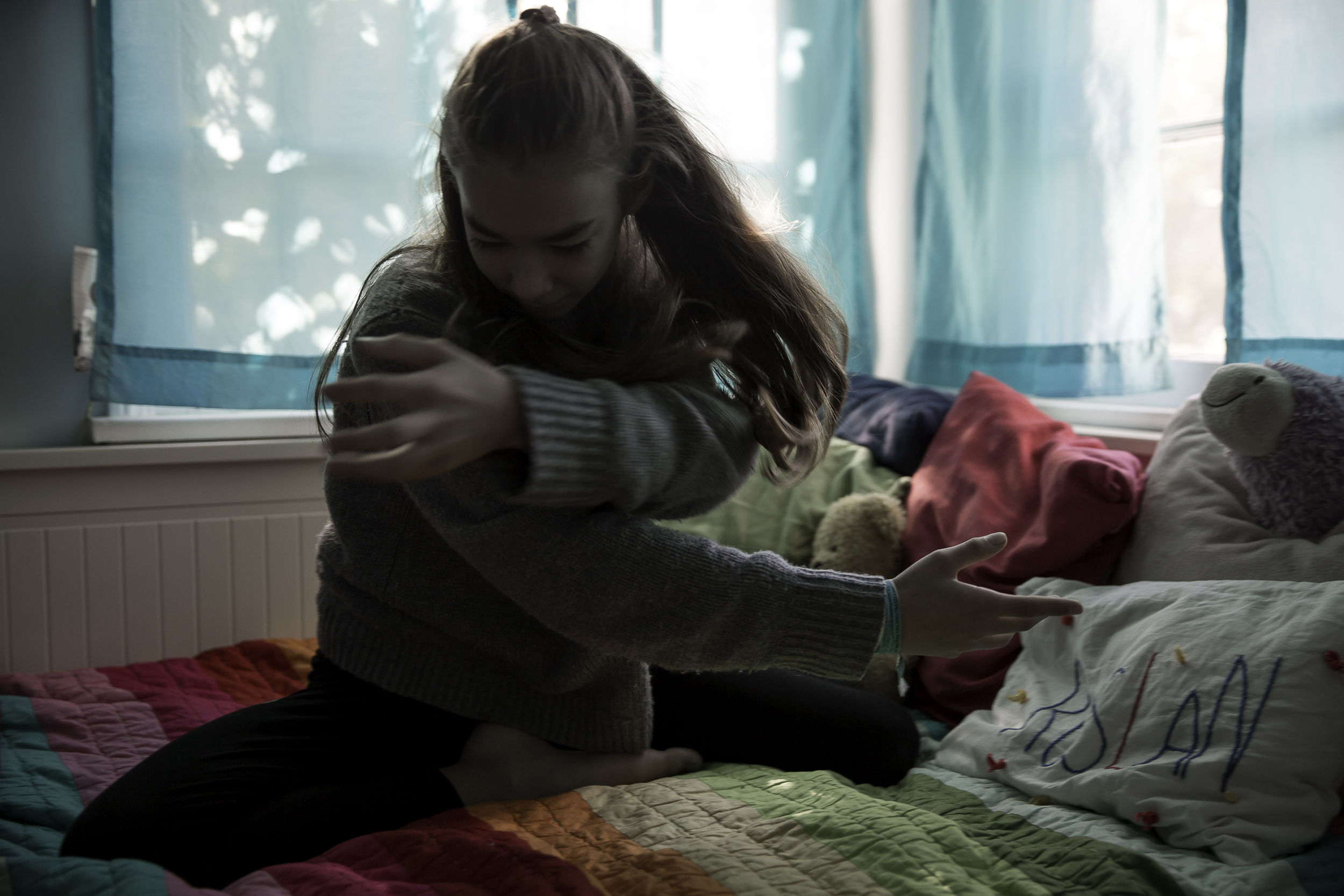
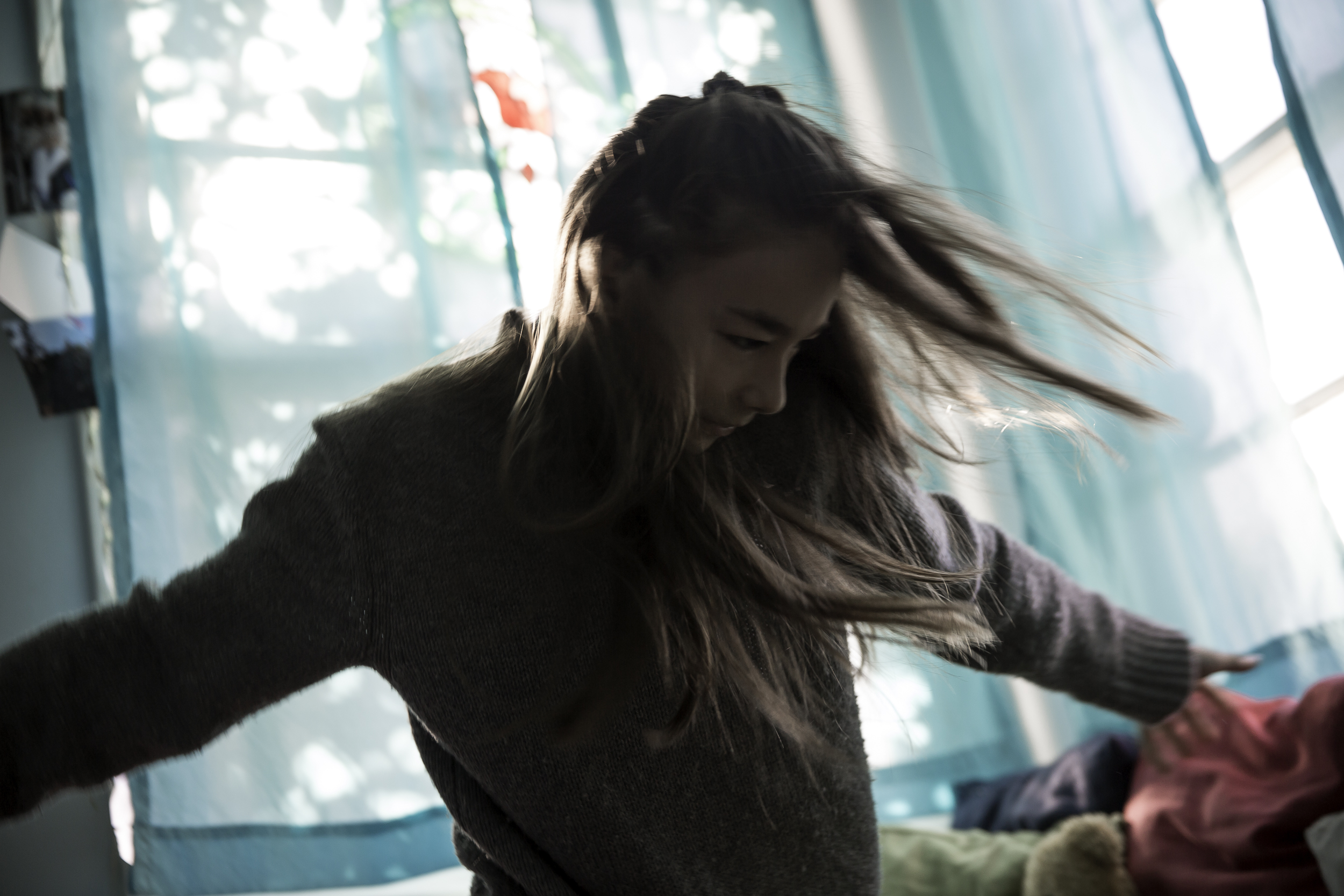
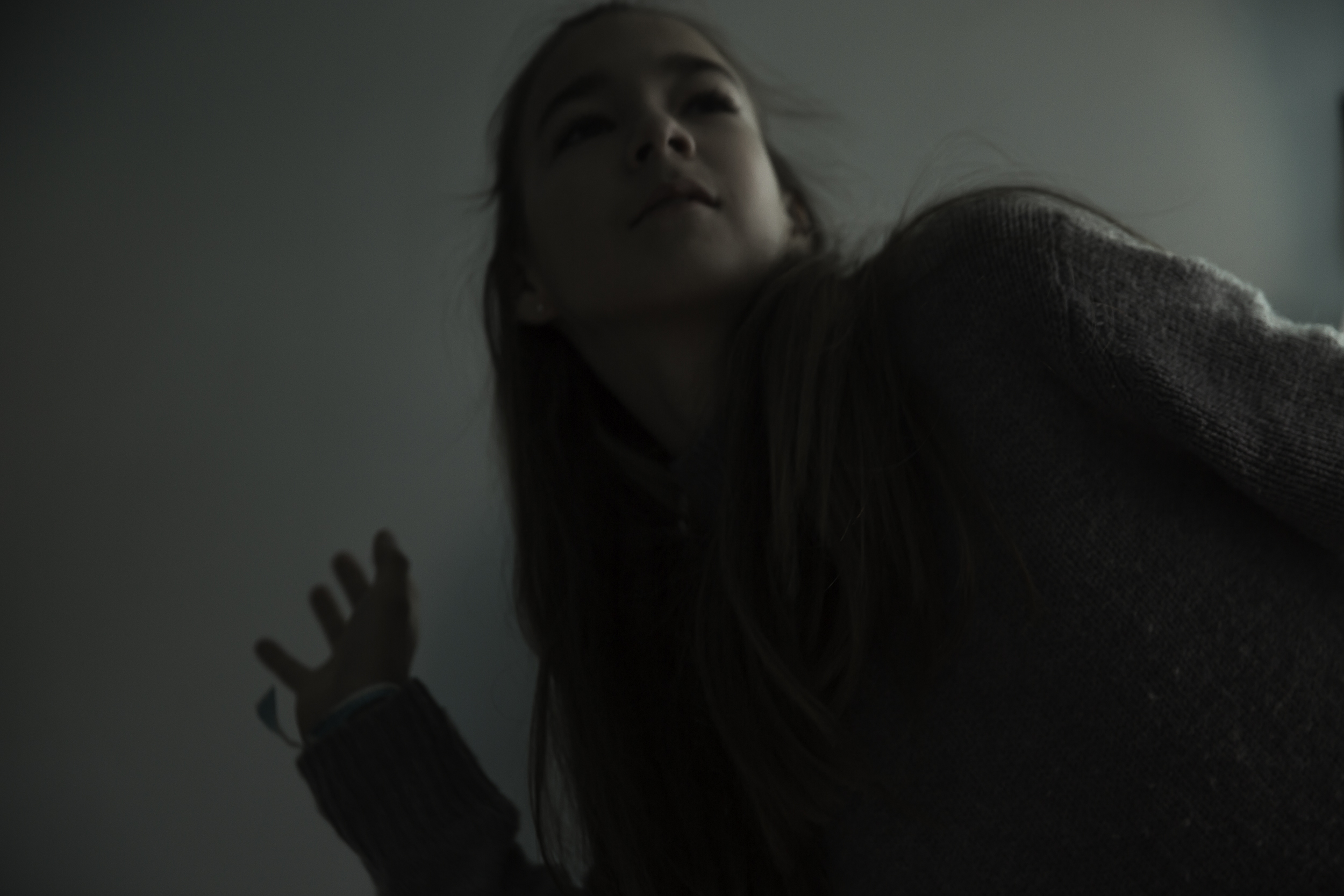
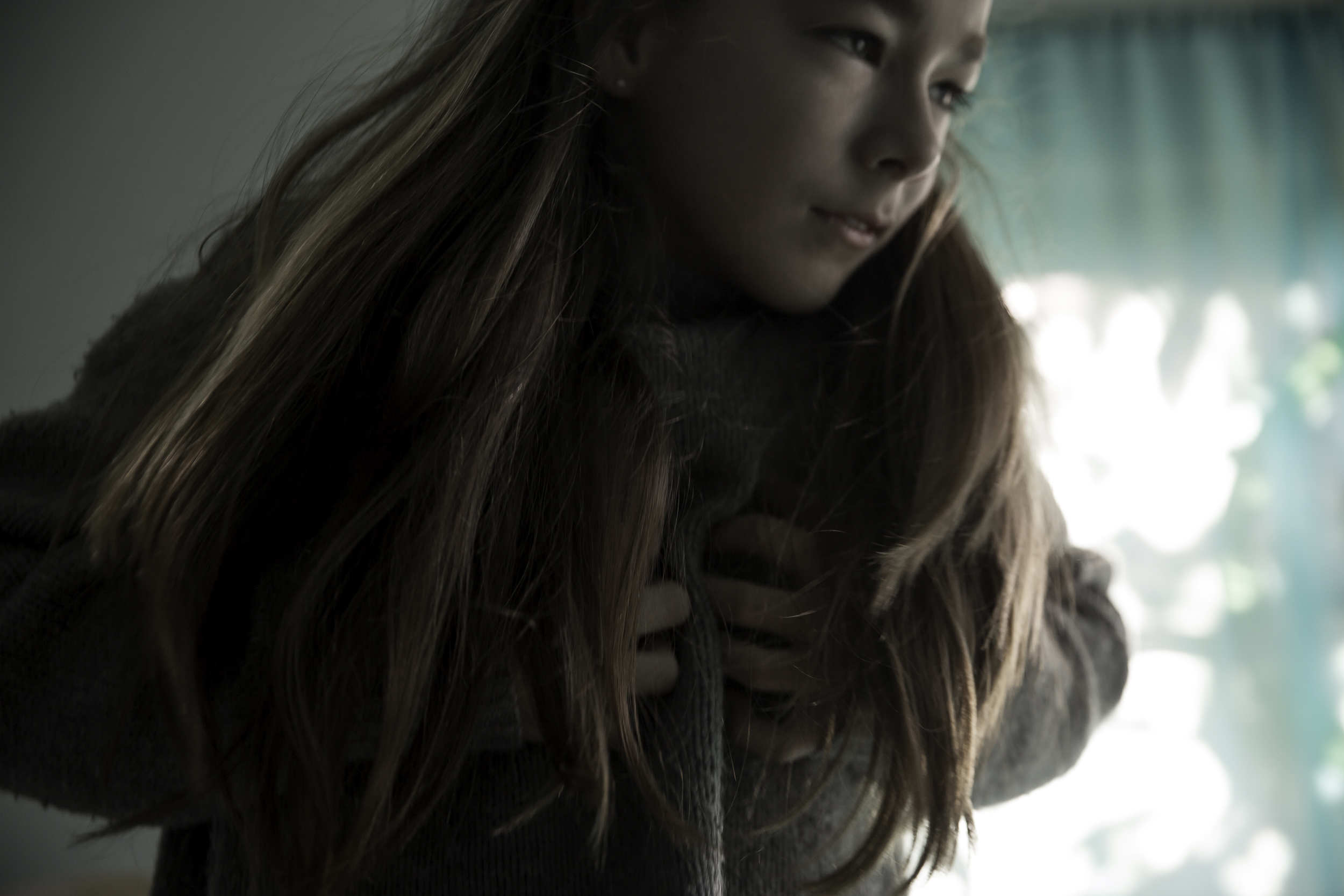
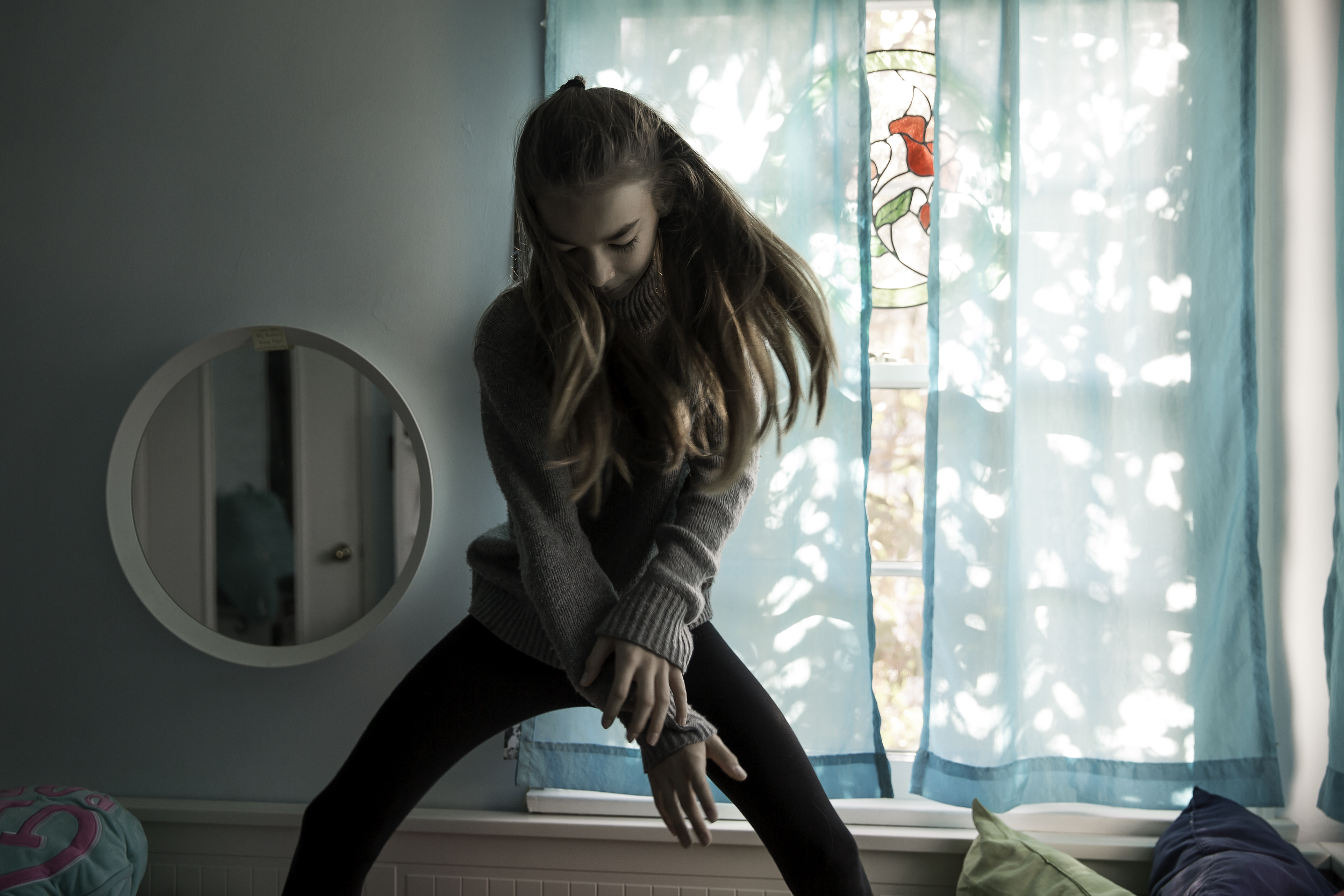
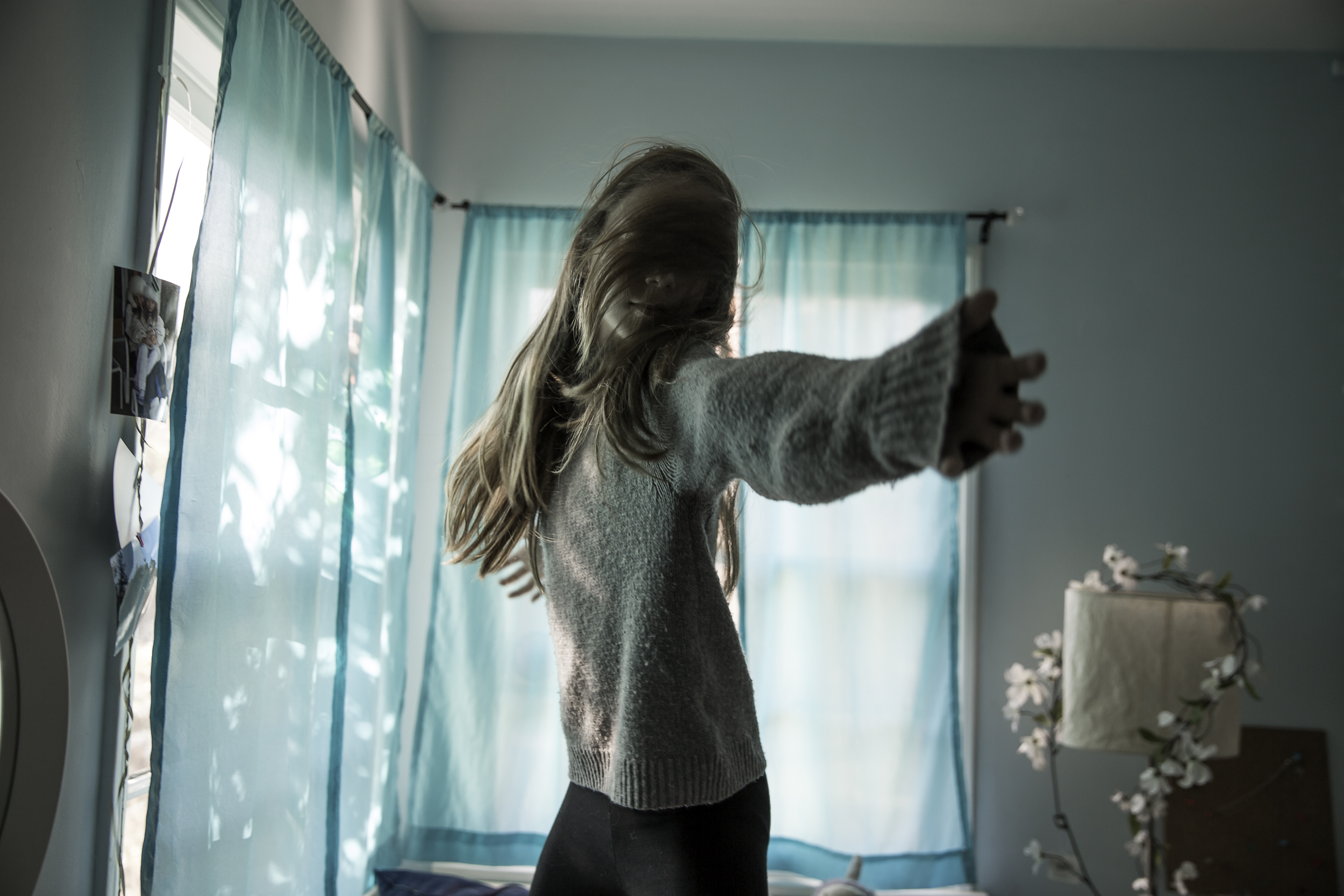
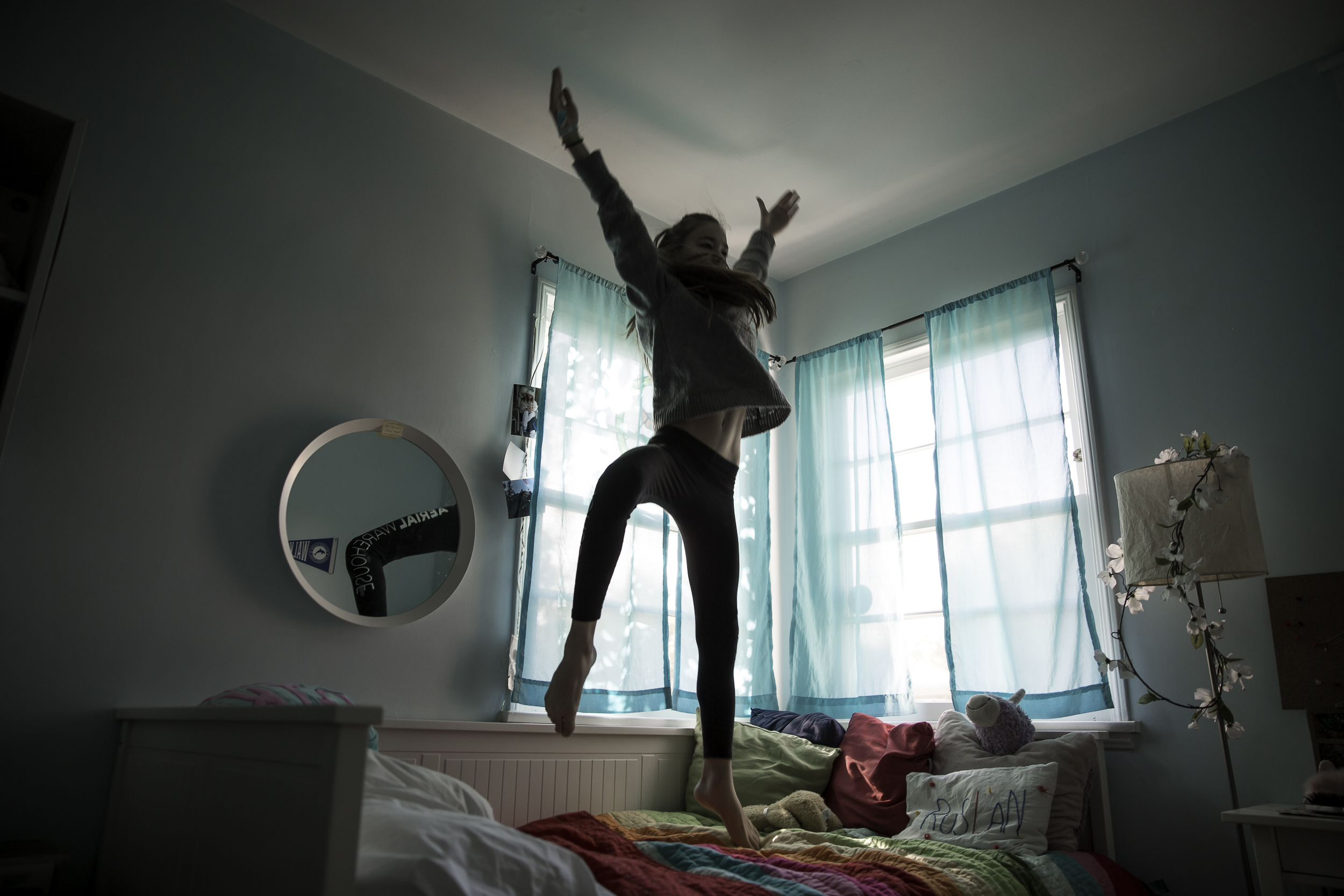
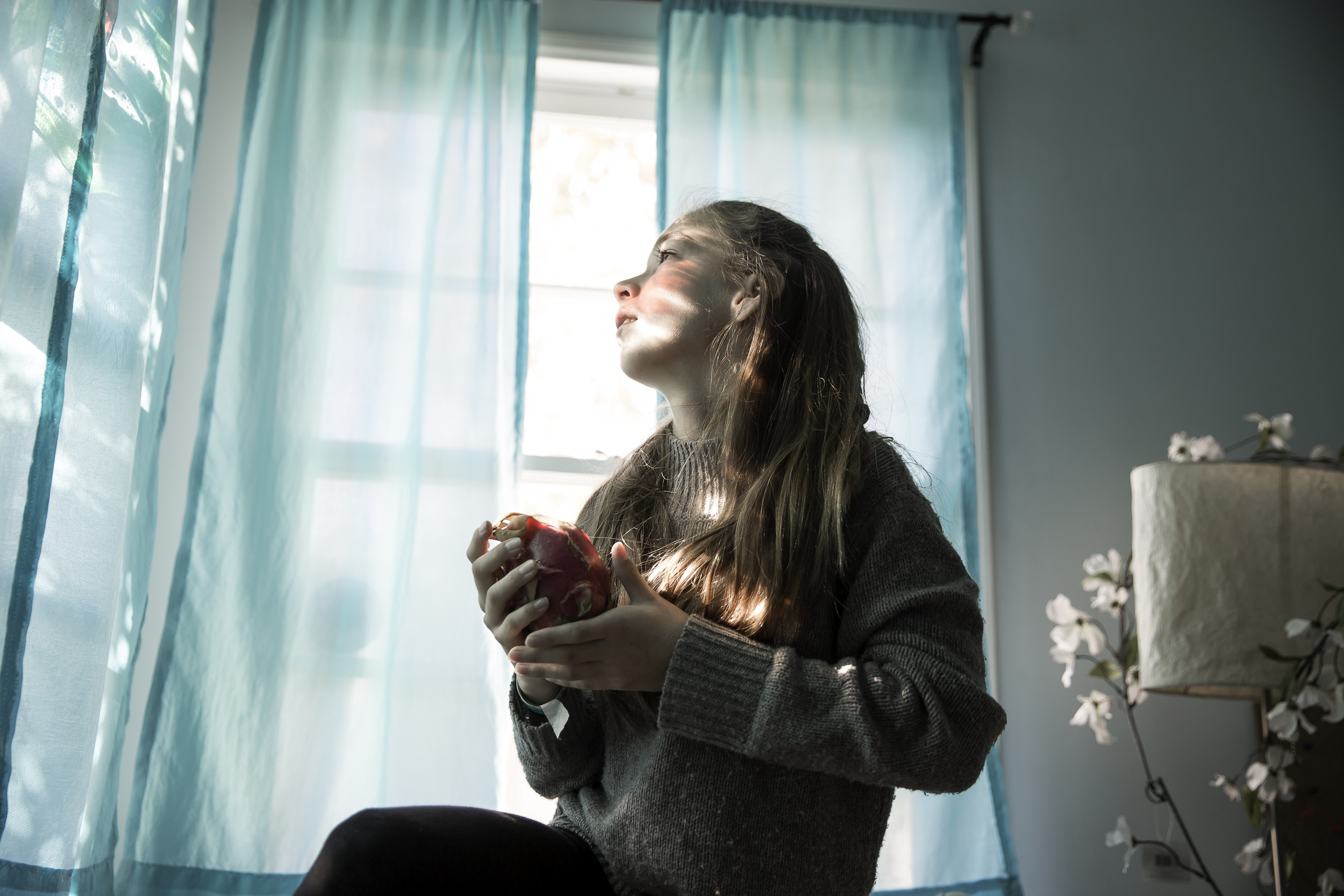
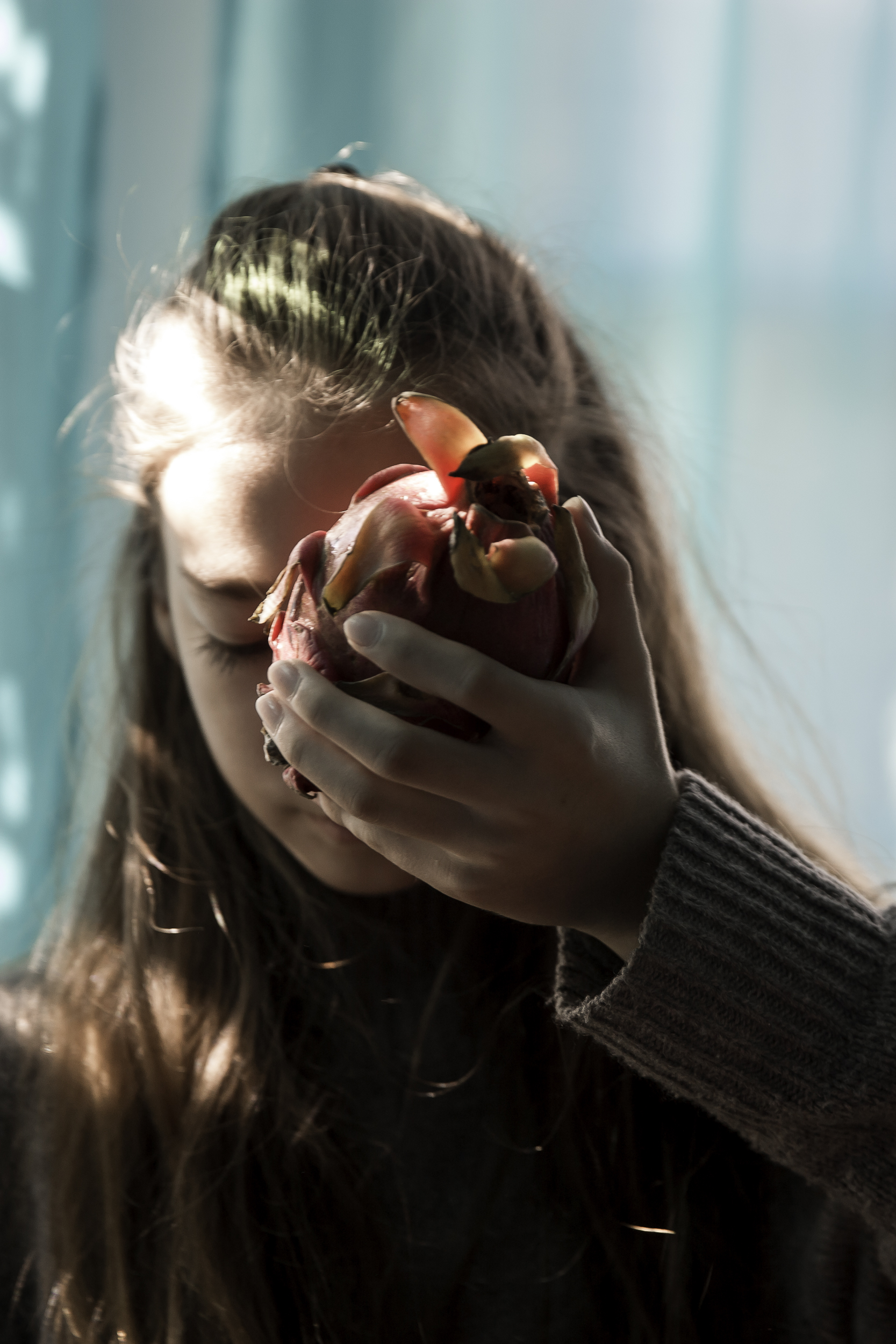
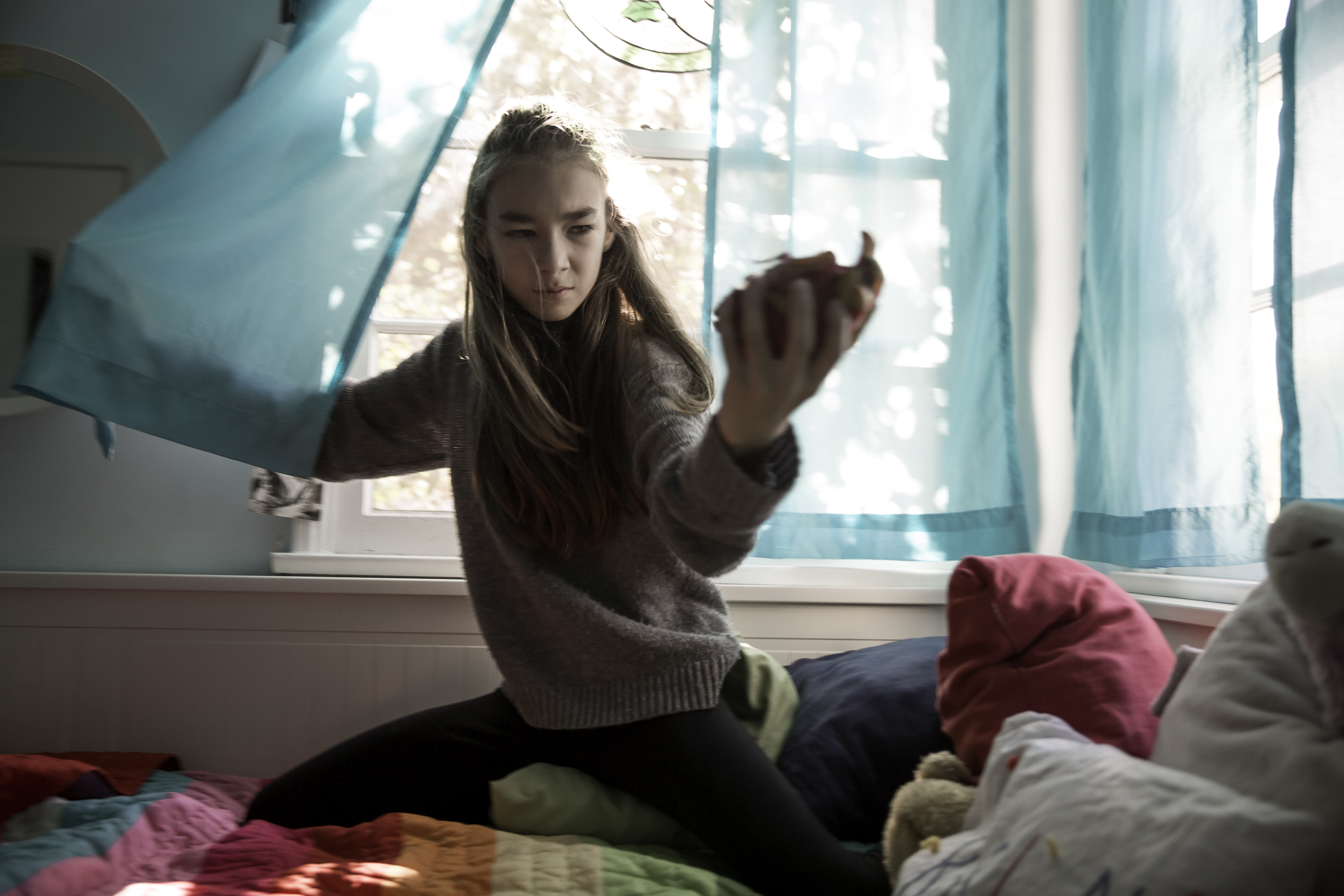
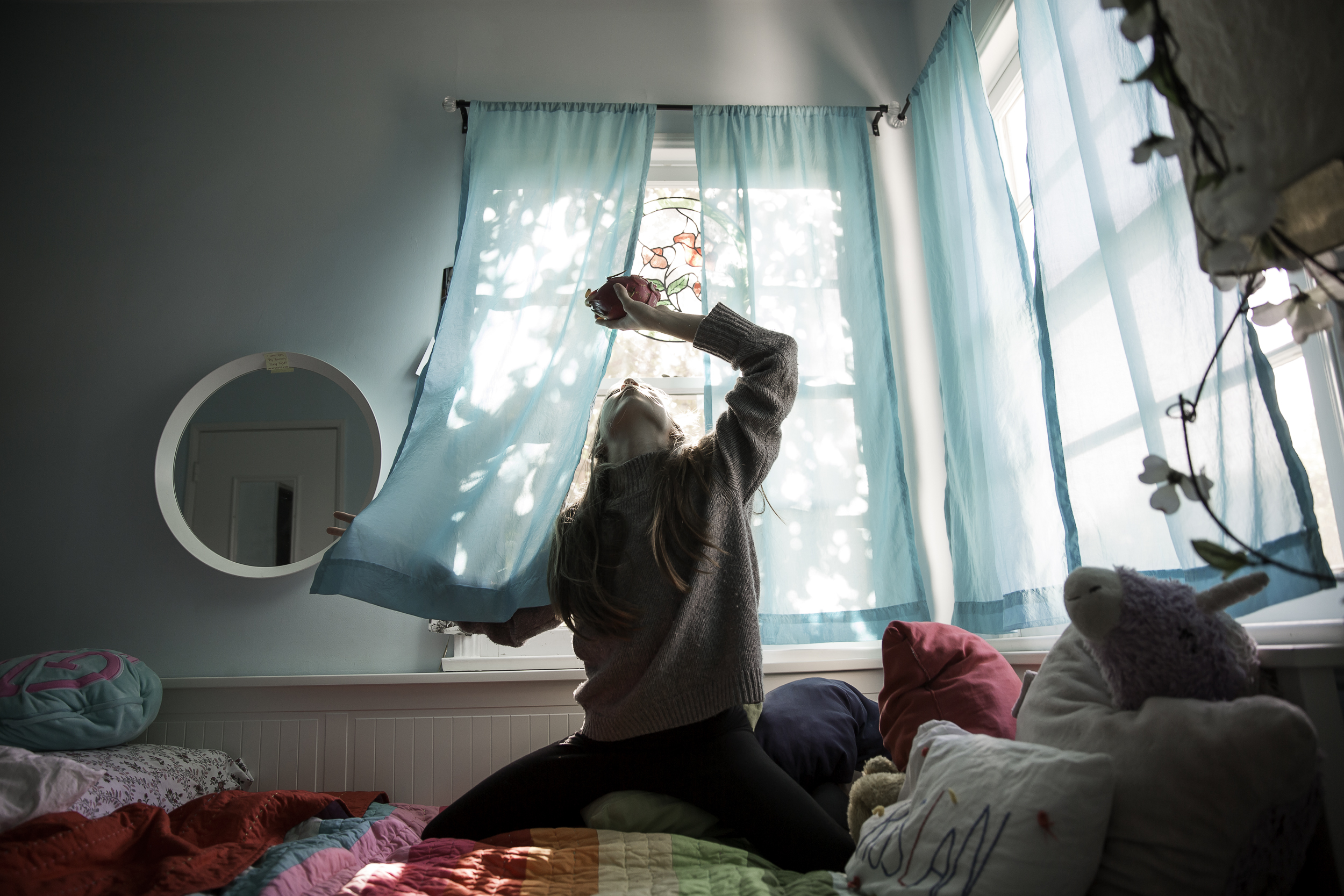

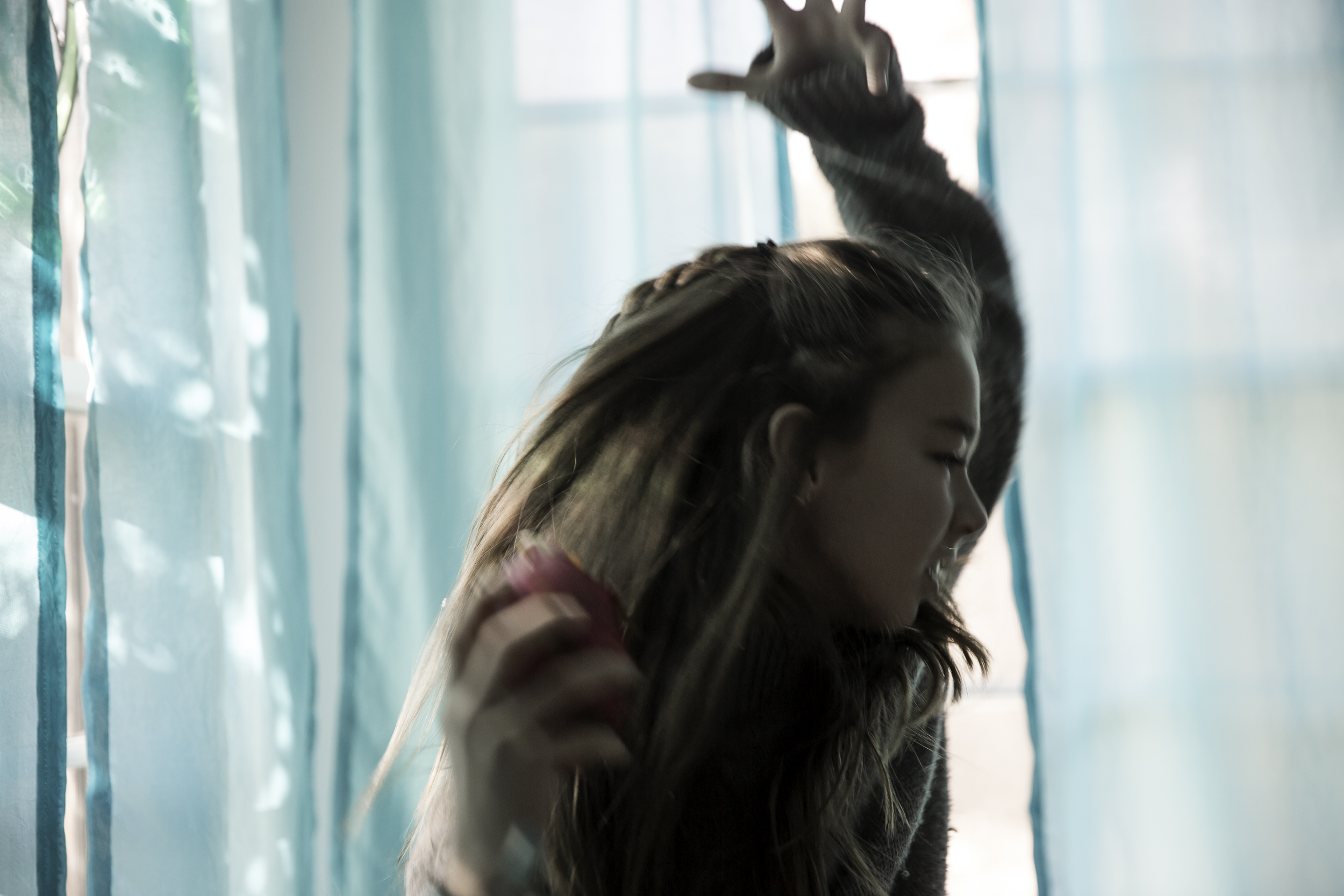
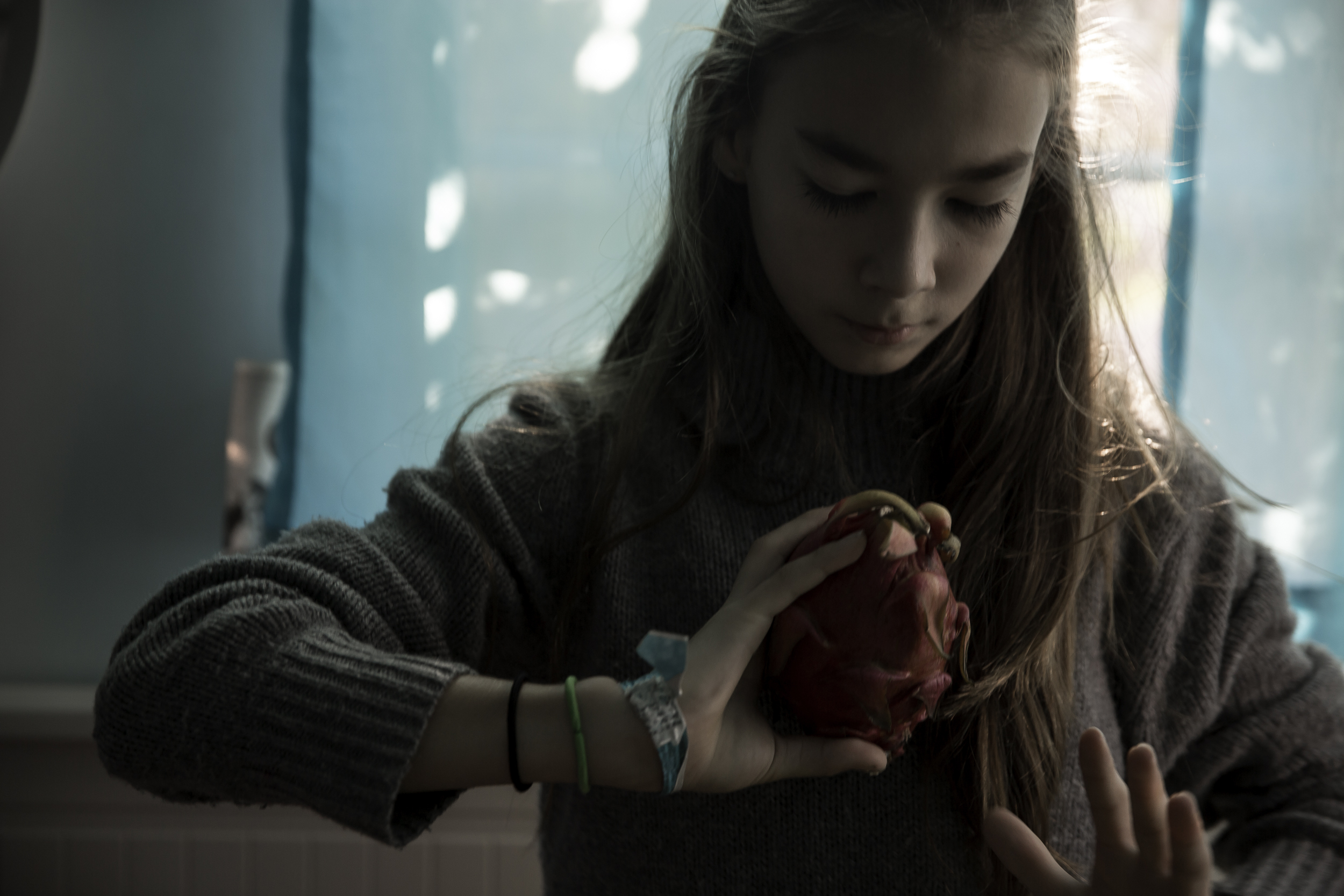
RUSLAN
“Being feminine is not only about the looks. Being feminine is about how you feel inside, how you feel in your heart; and what you feel there, makes you who you are. There are many girls who may not look stereotypically pretty, but they have so many talents and other attributes. I don’t want people to just notice how pretty I am. I want them to see my inner story; everything that lead me here - every passing moment of my life - that has lead me to be who I am each day.
Being pretty hasn’t lead me here. Being strong, being independent and having help from other people has. Being feminine to me is basically just about being true to yourself. Not to try and impress people through looks. You want to impress people by using your inner qualities and being who you truly are."
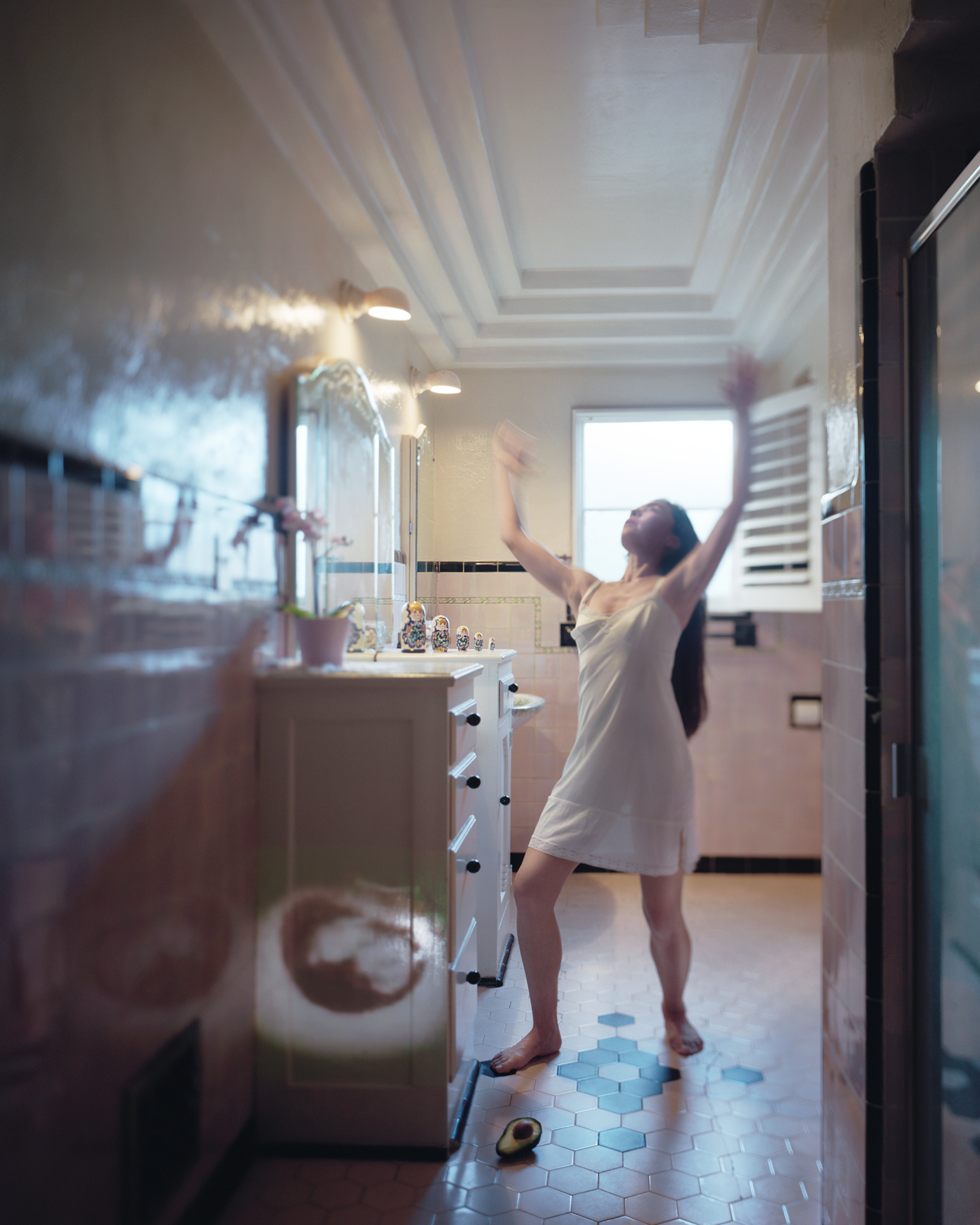

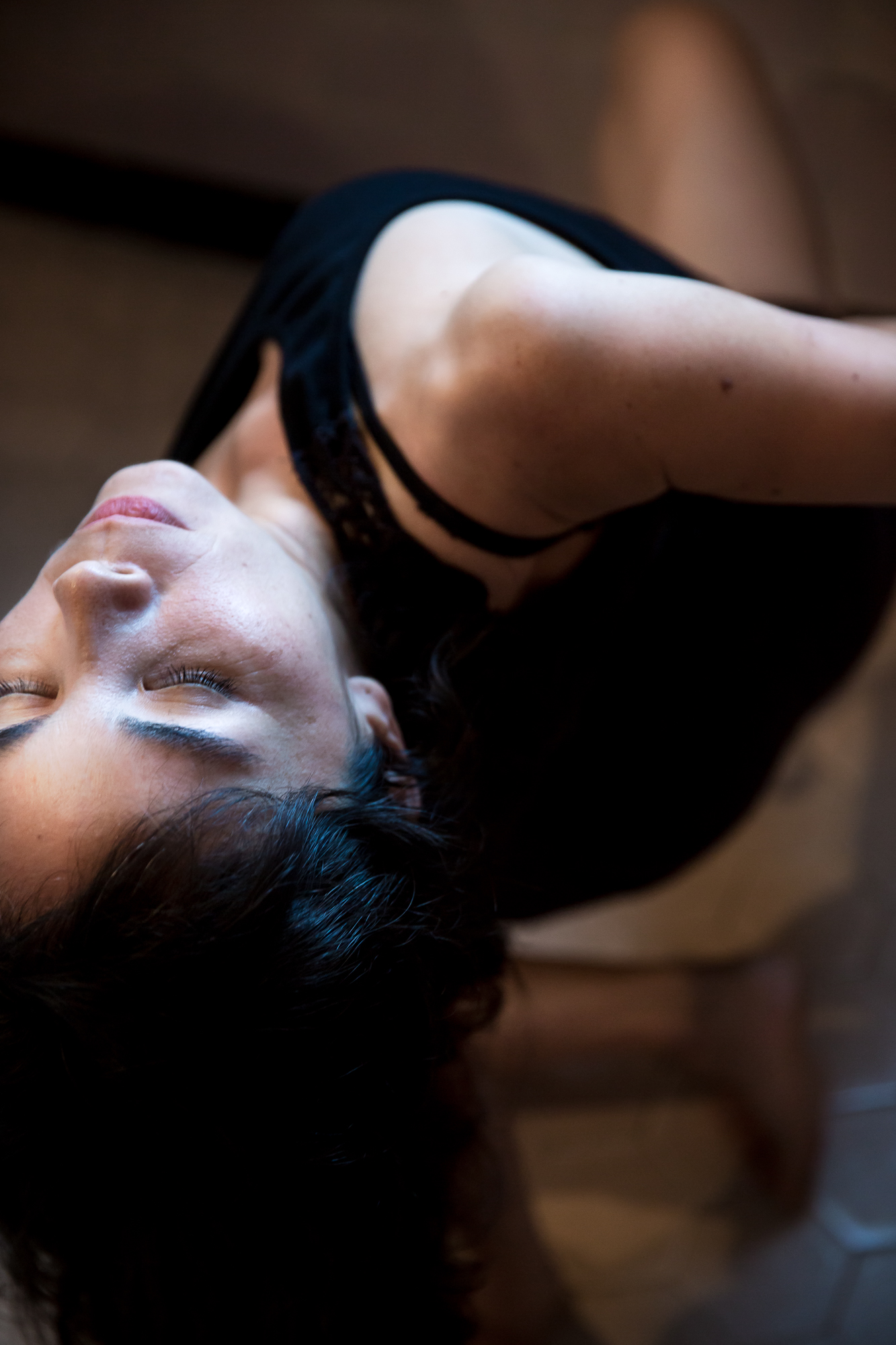
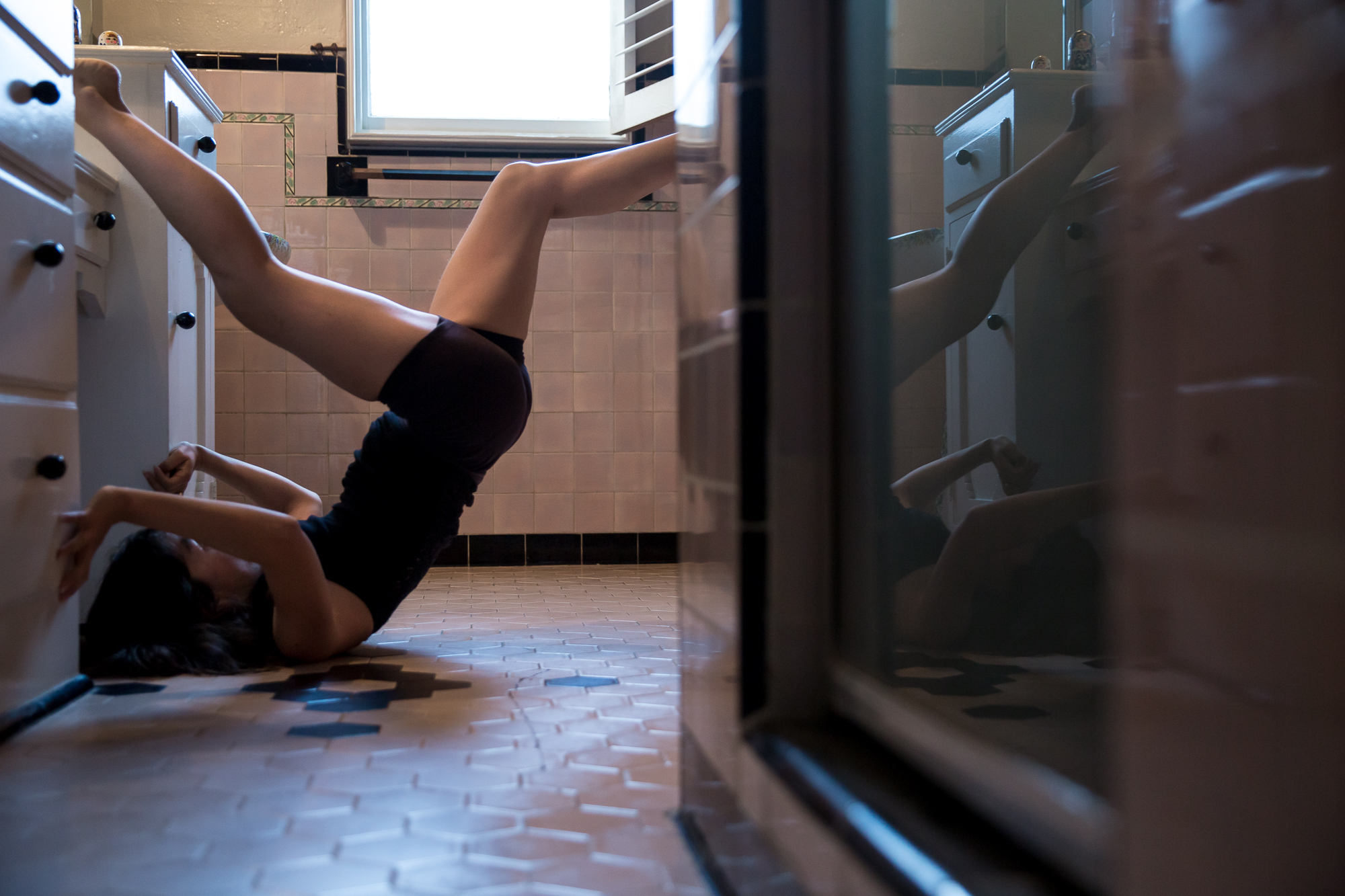
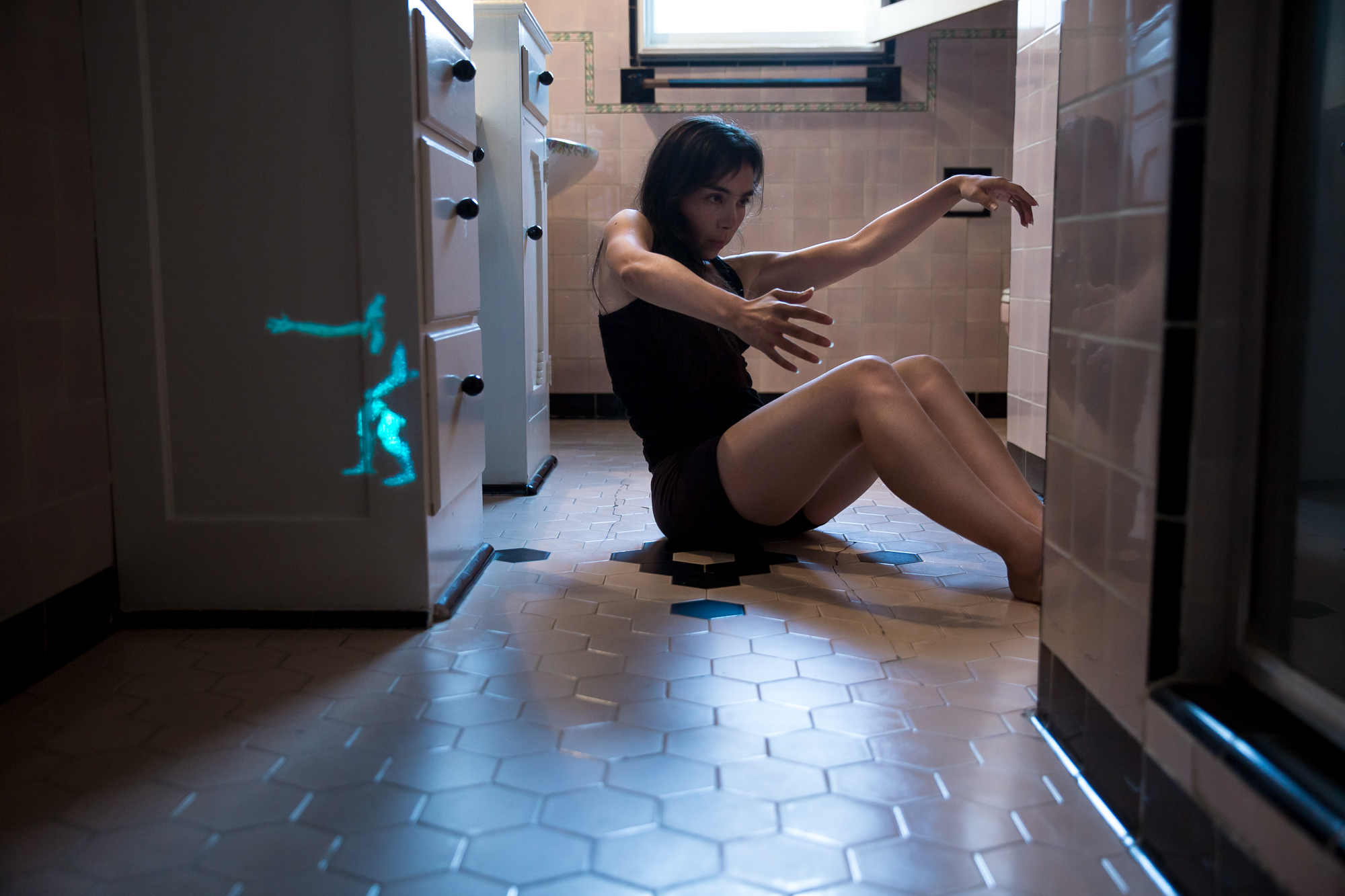
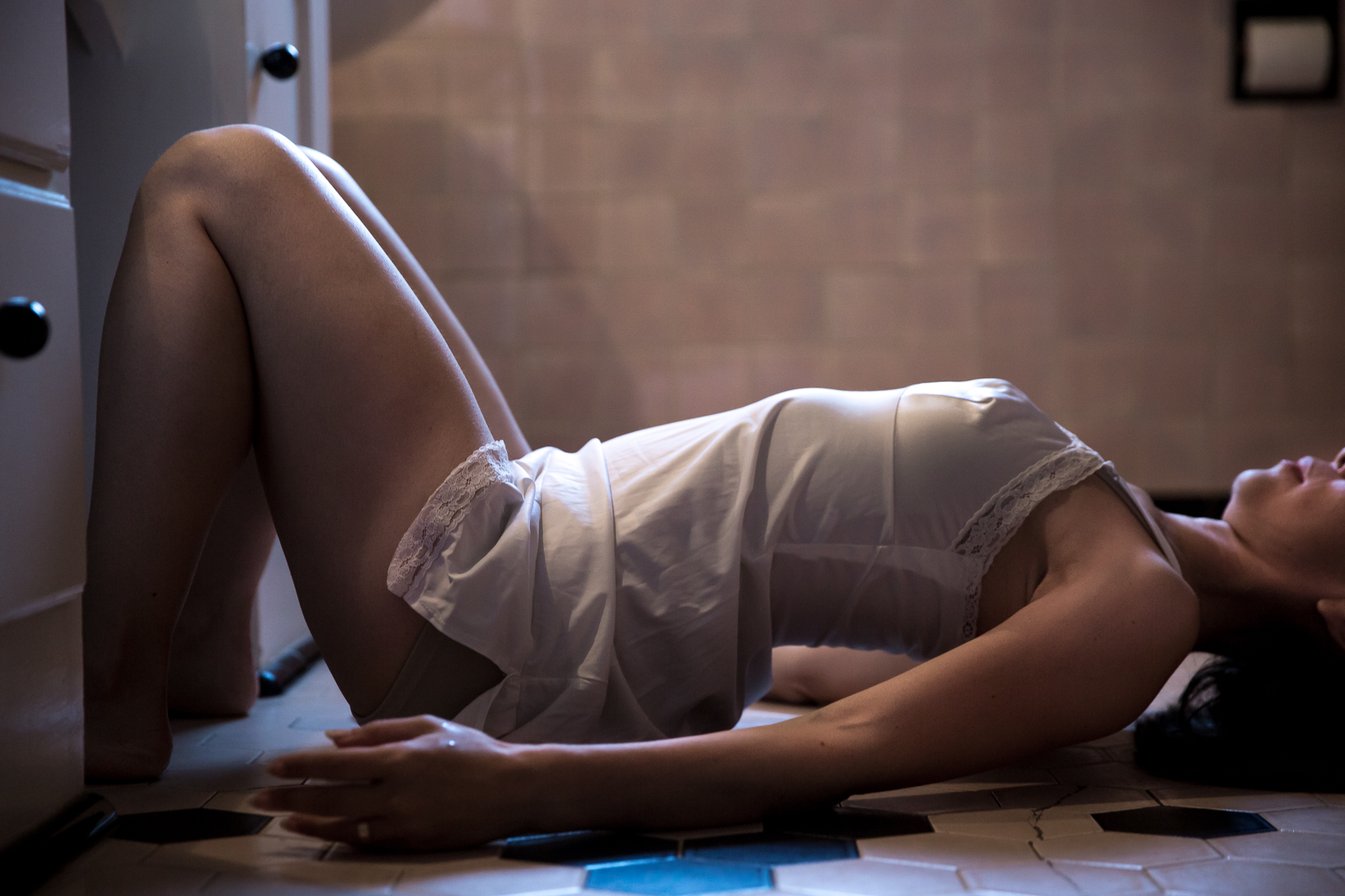
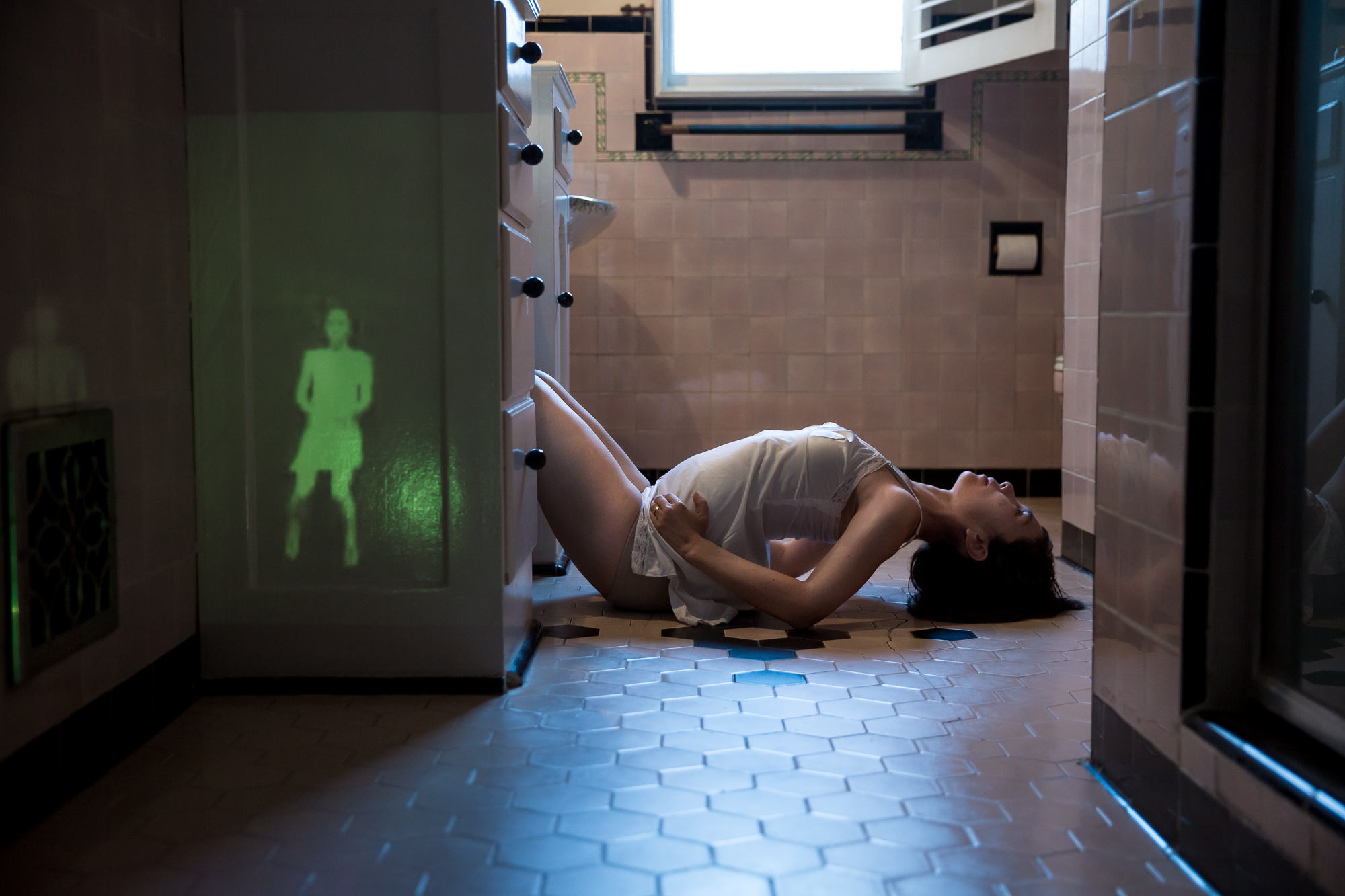
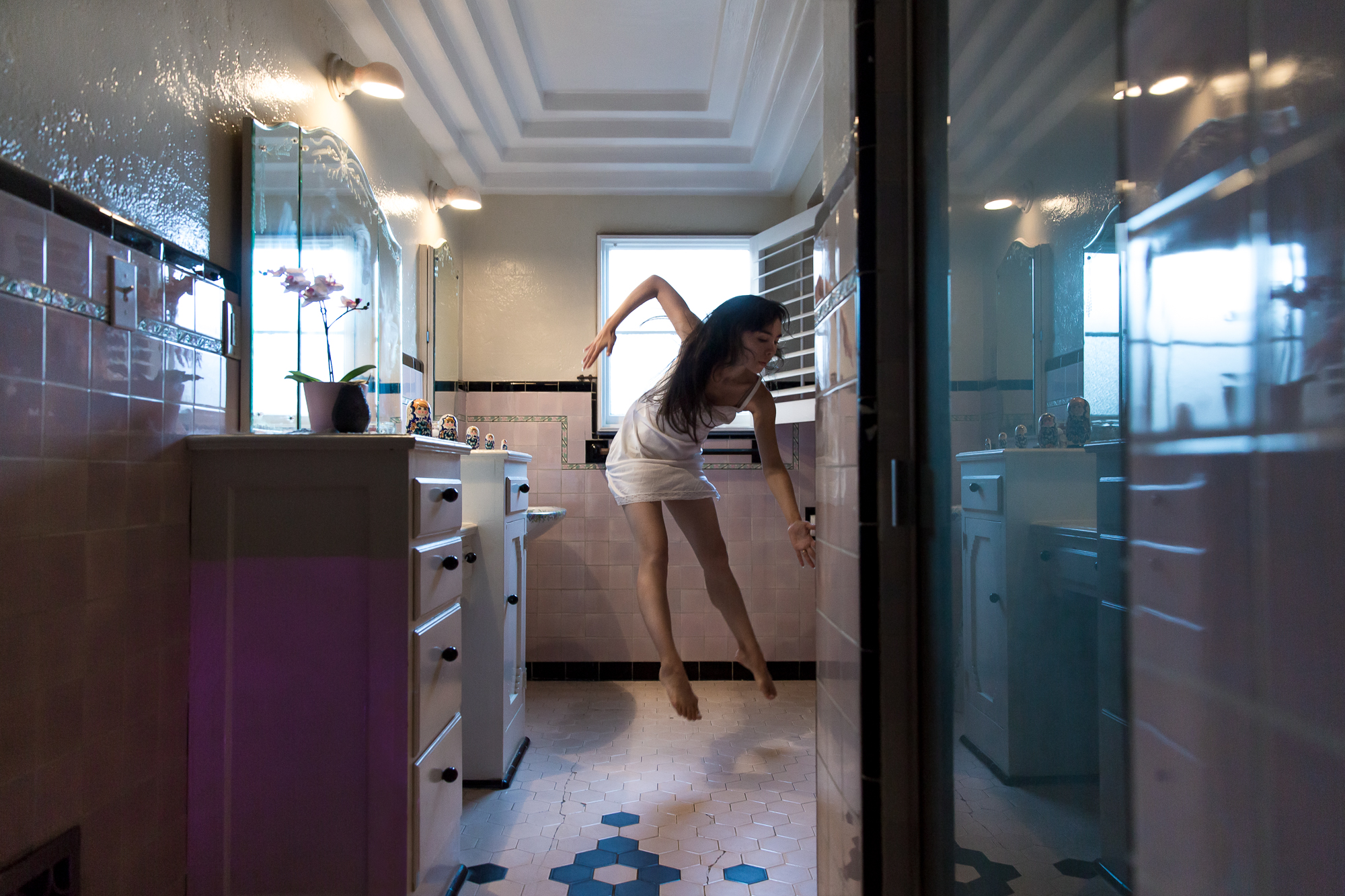
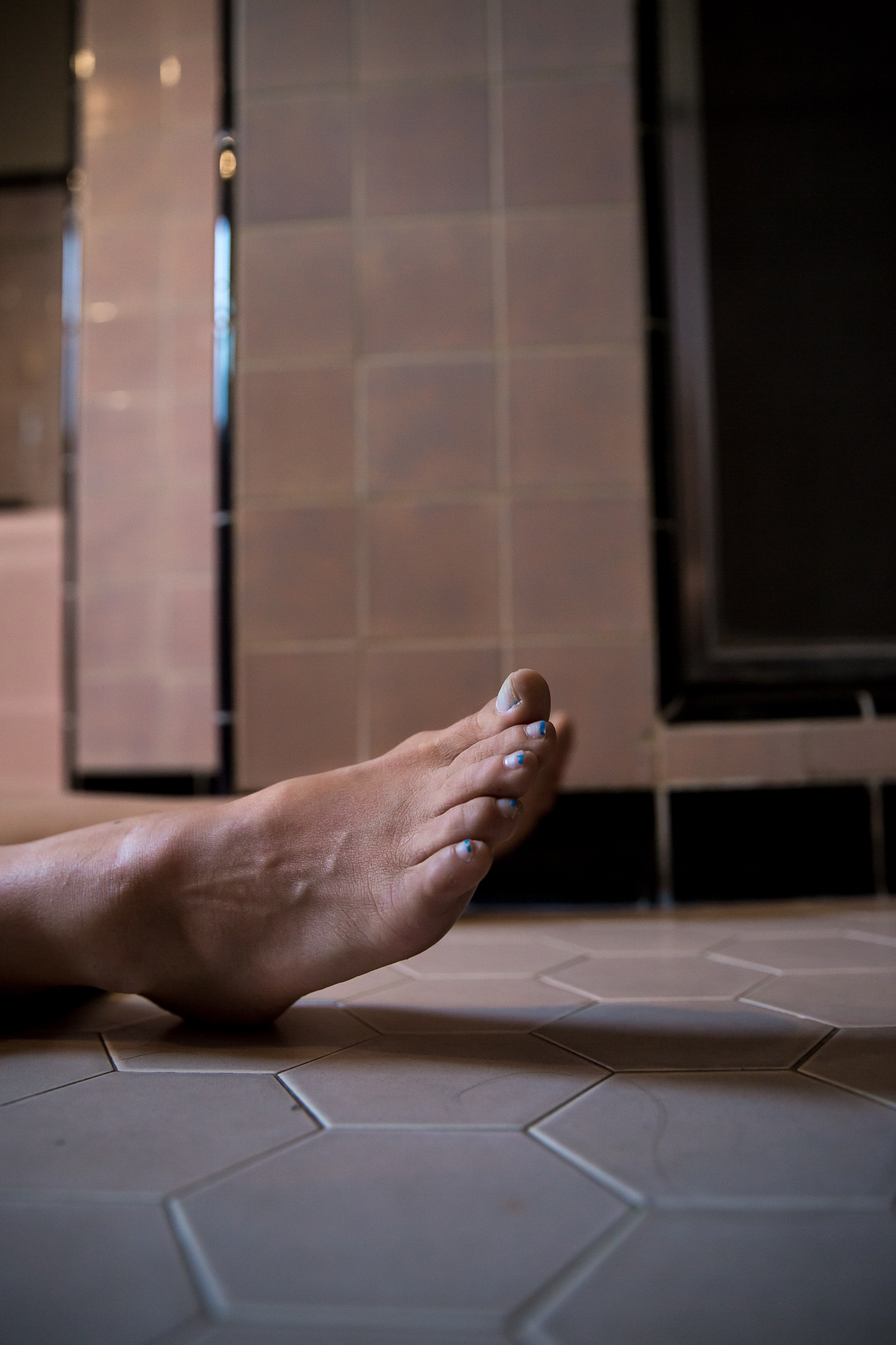
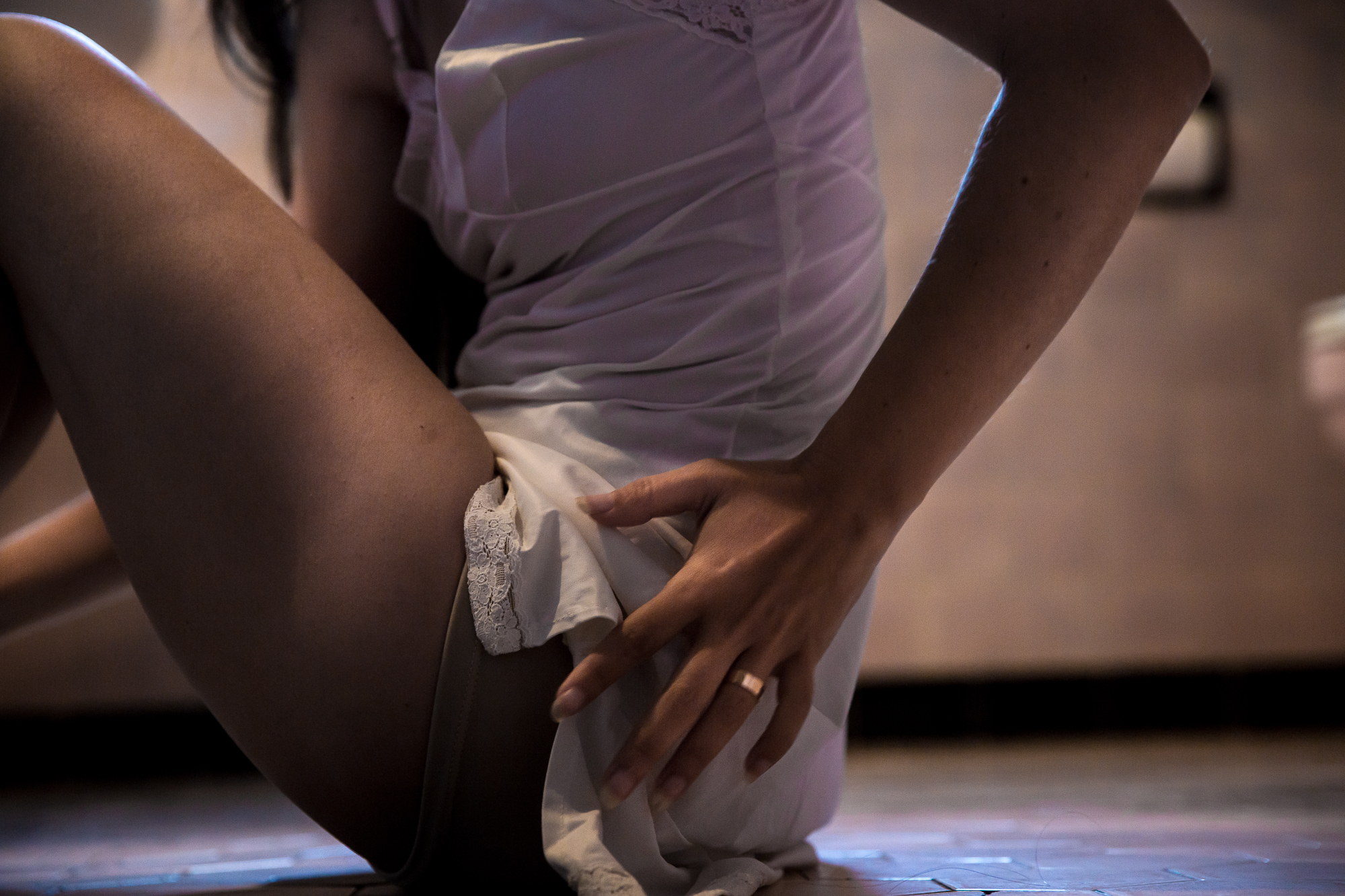
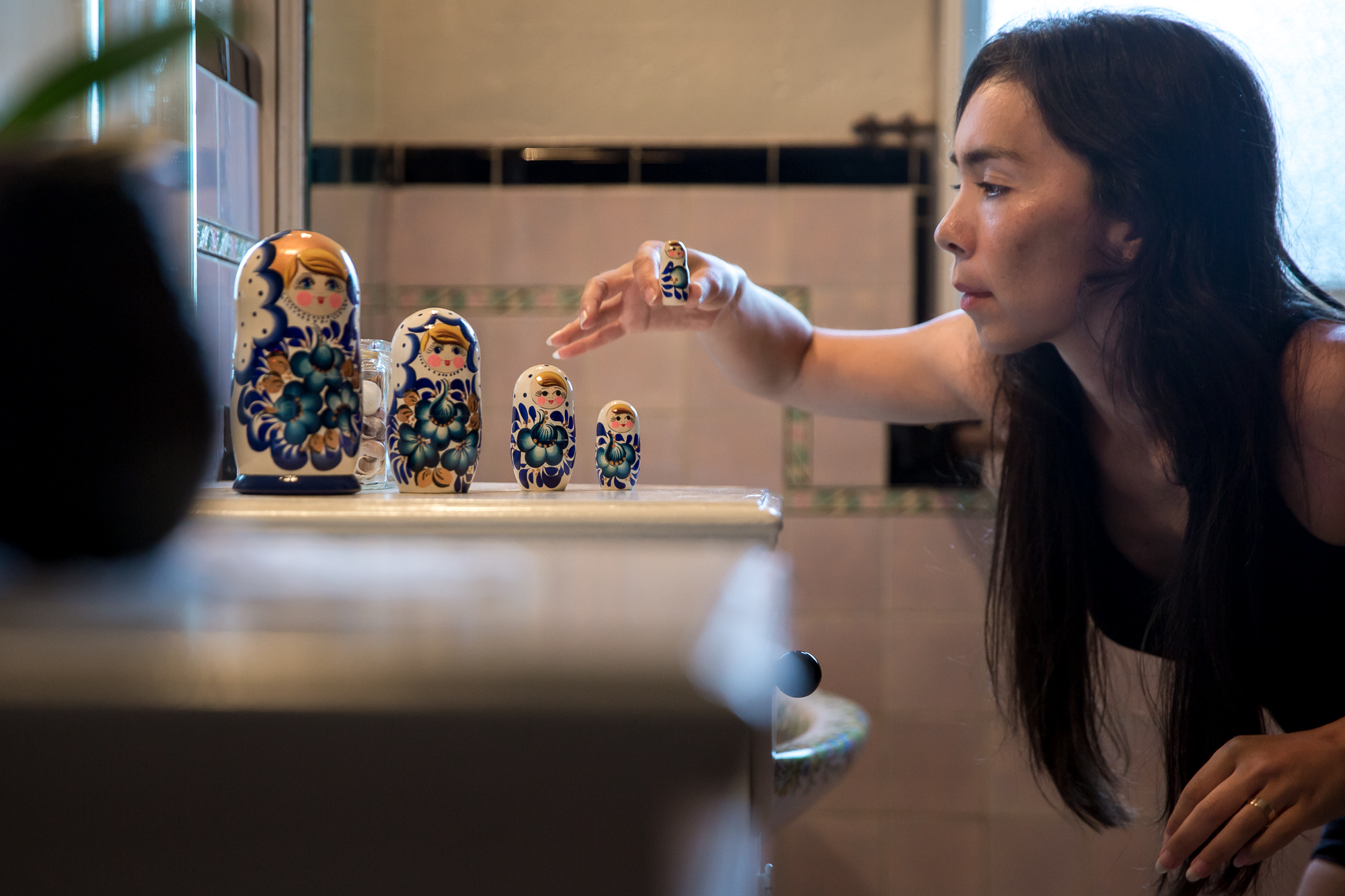
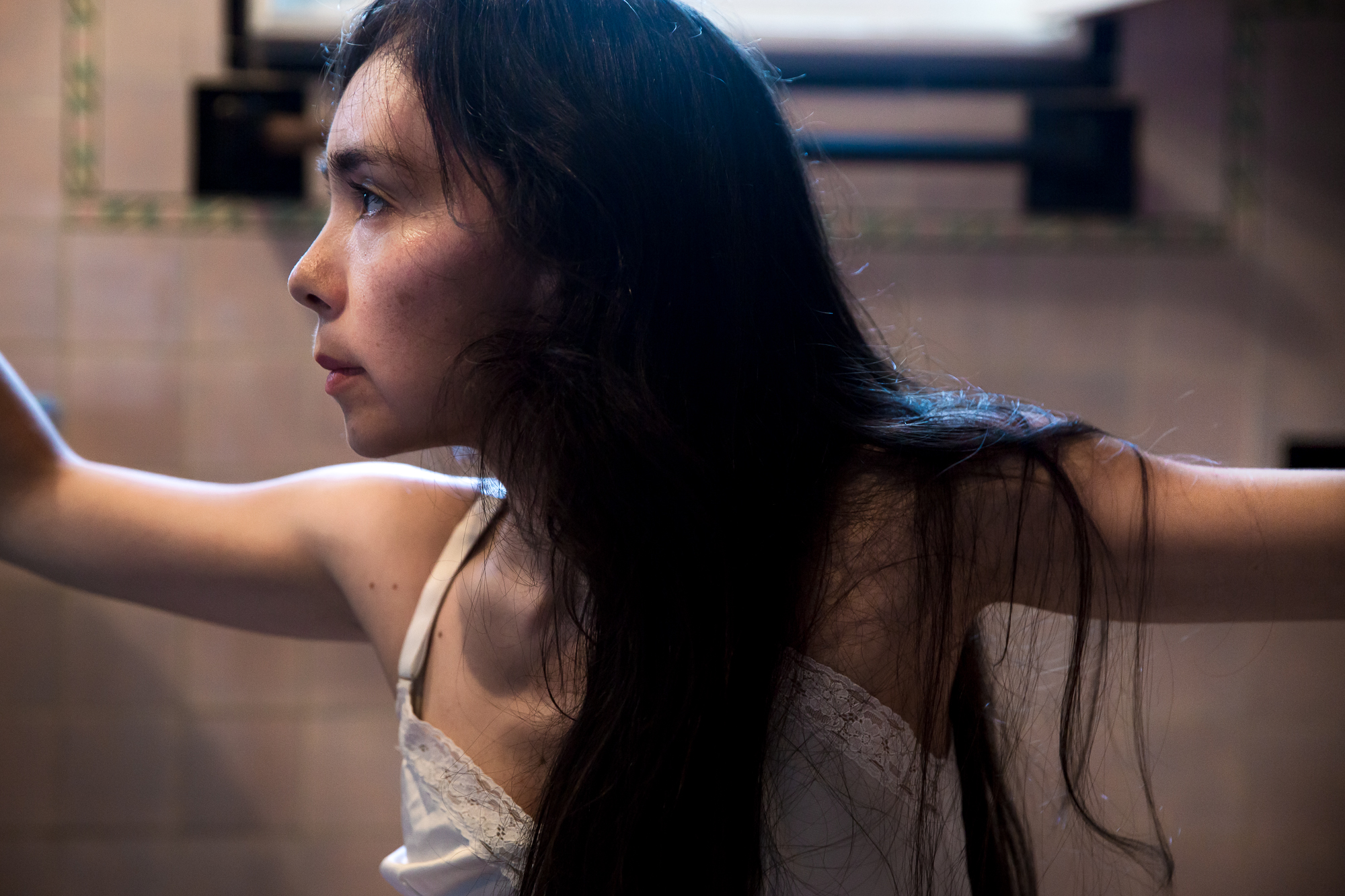
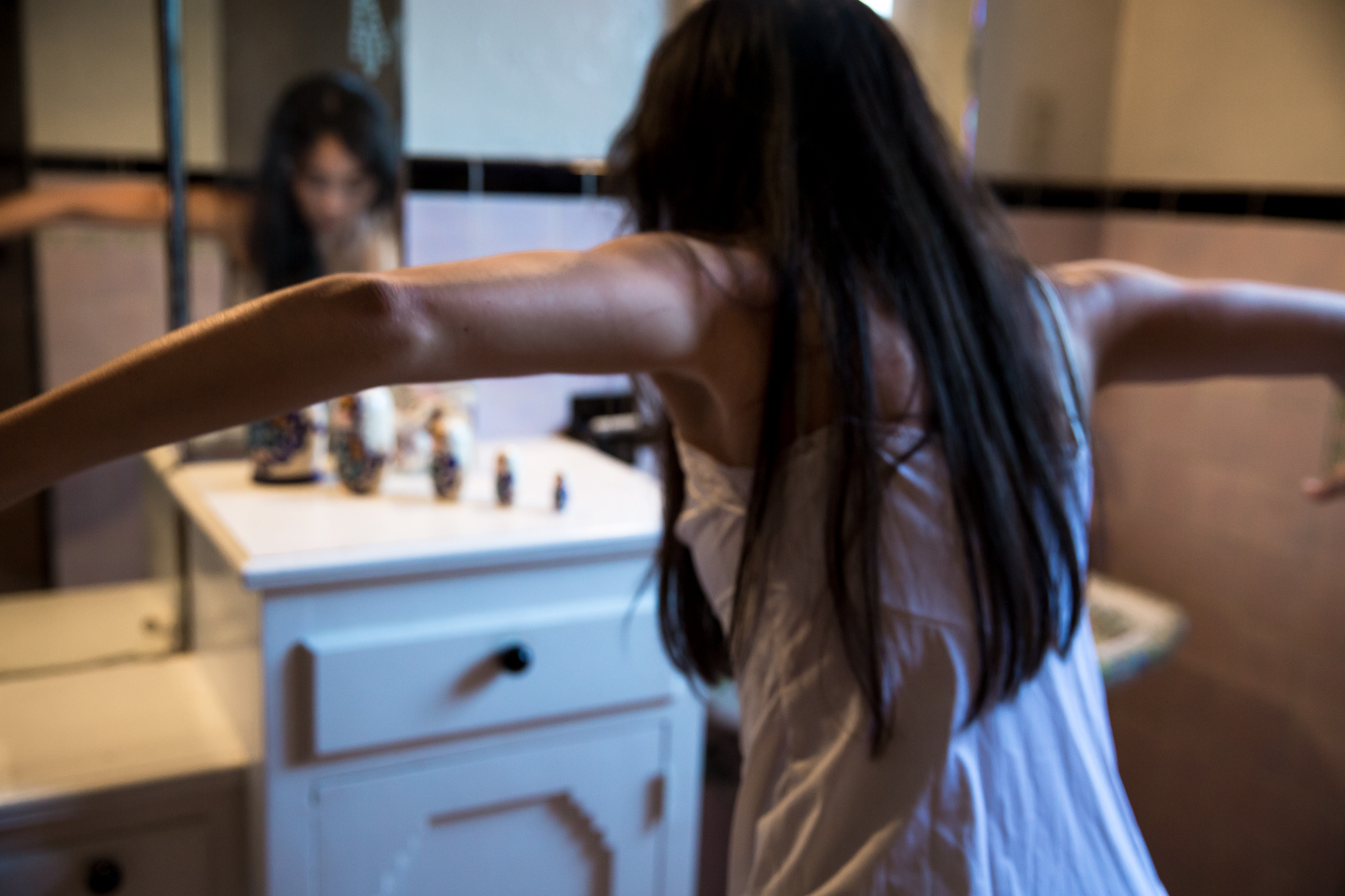
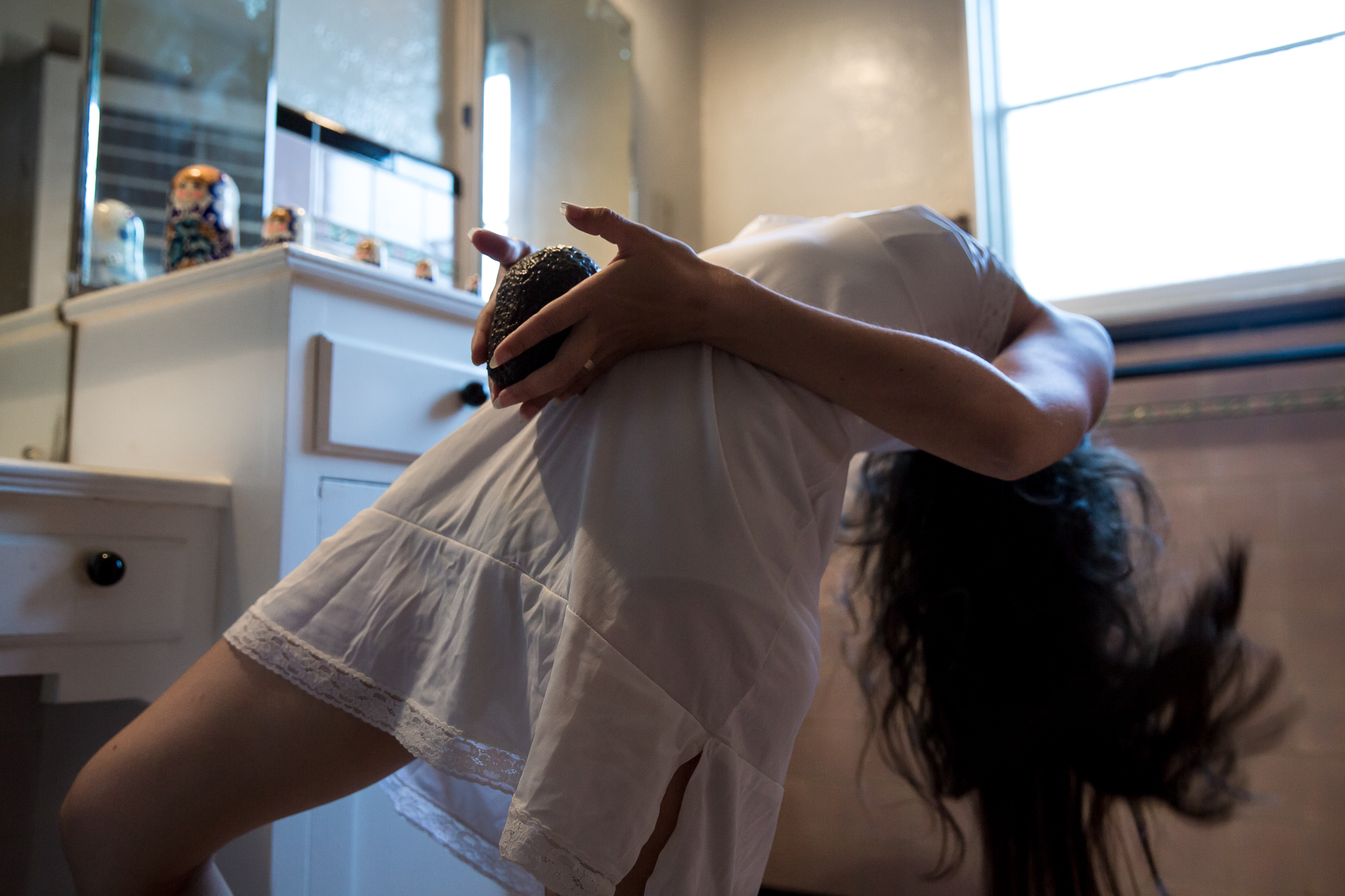
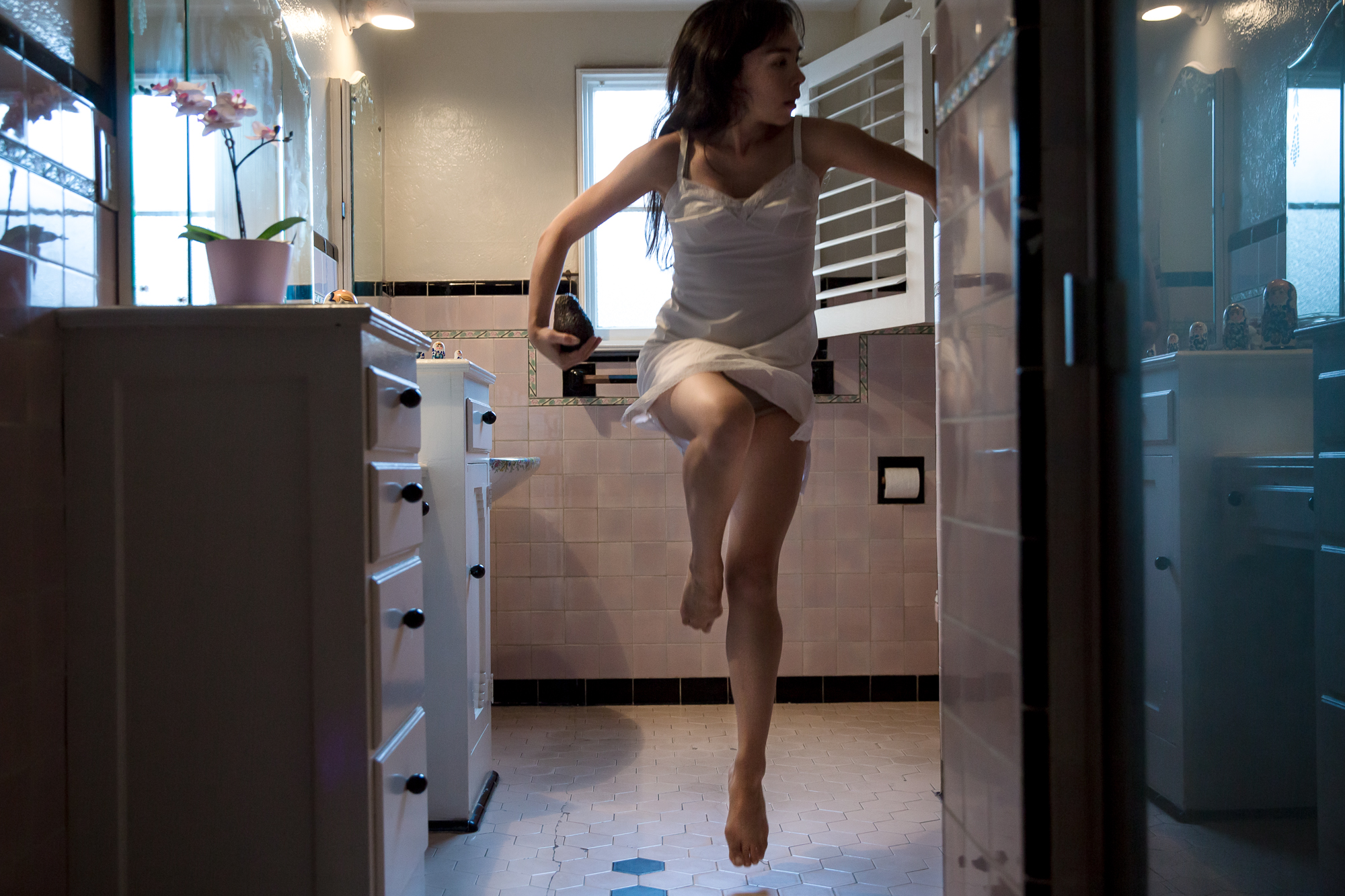
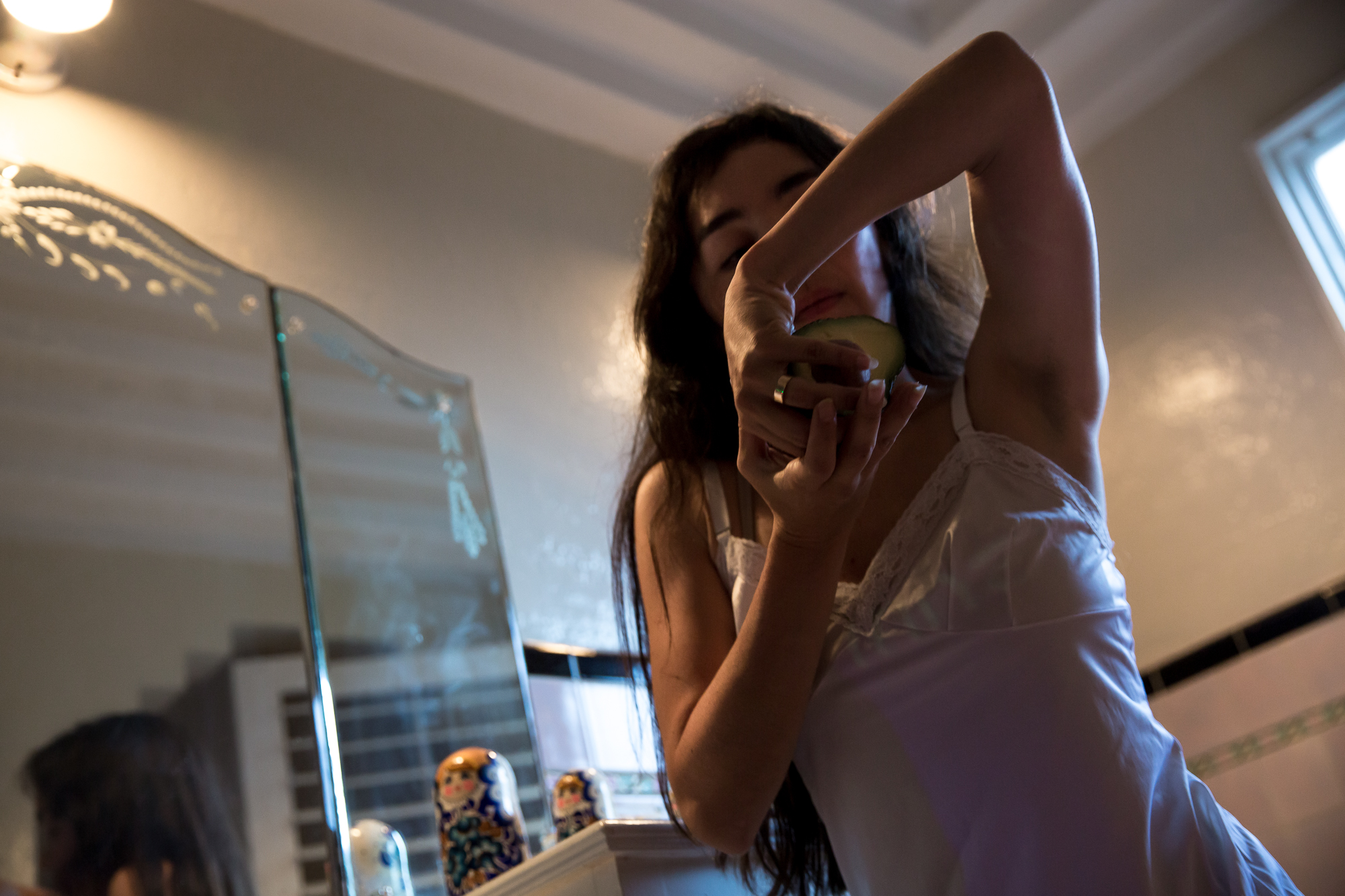
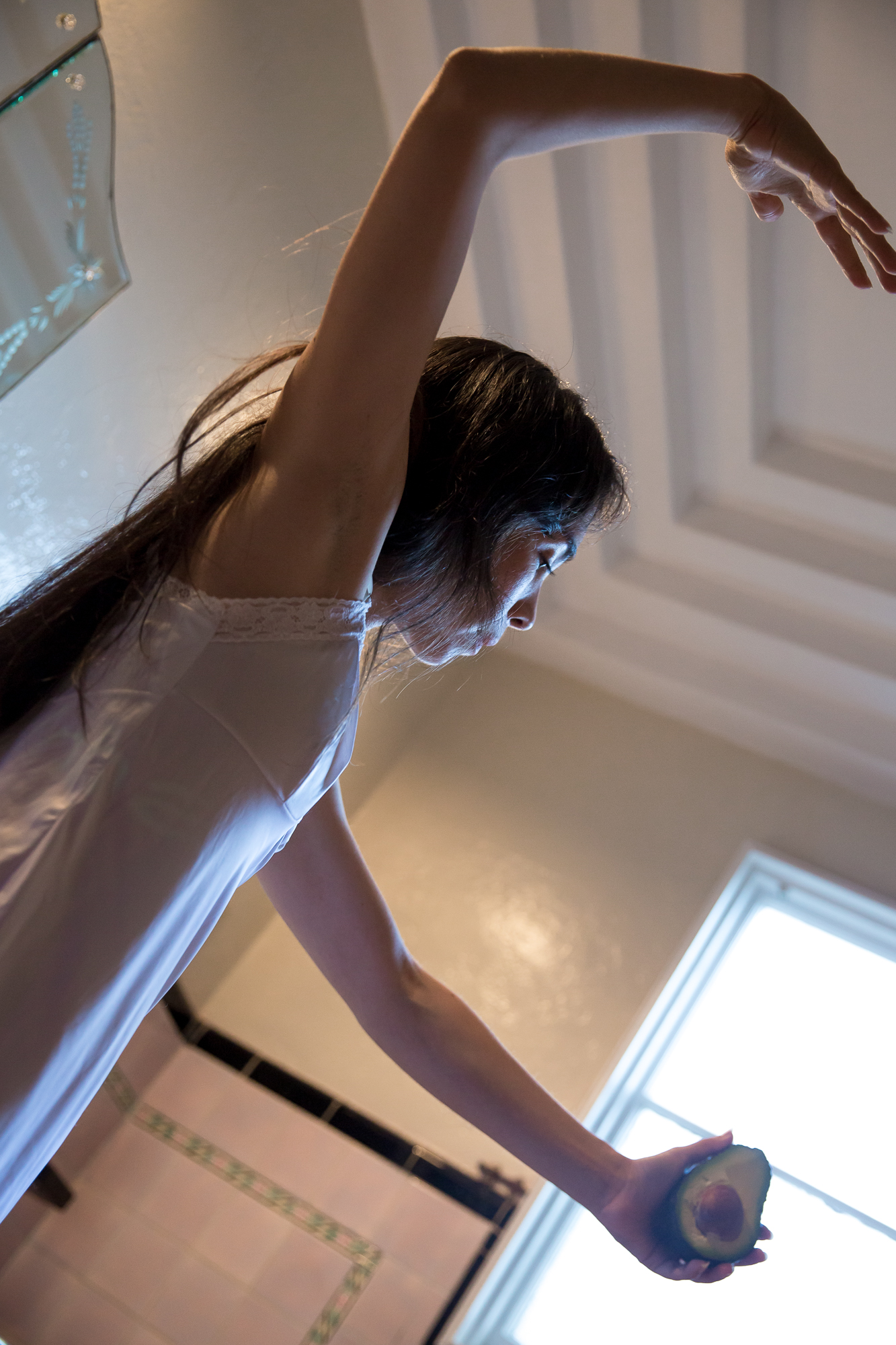
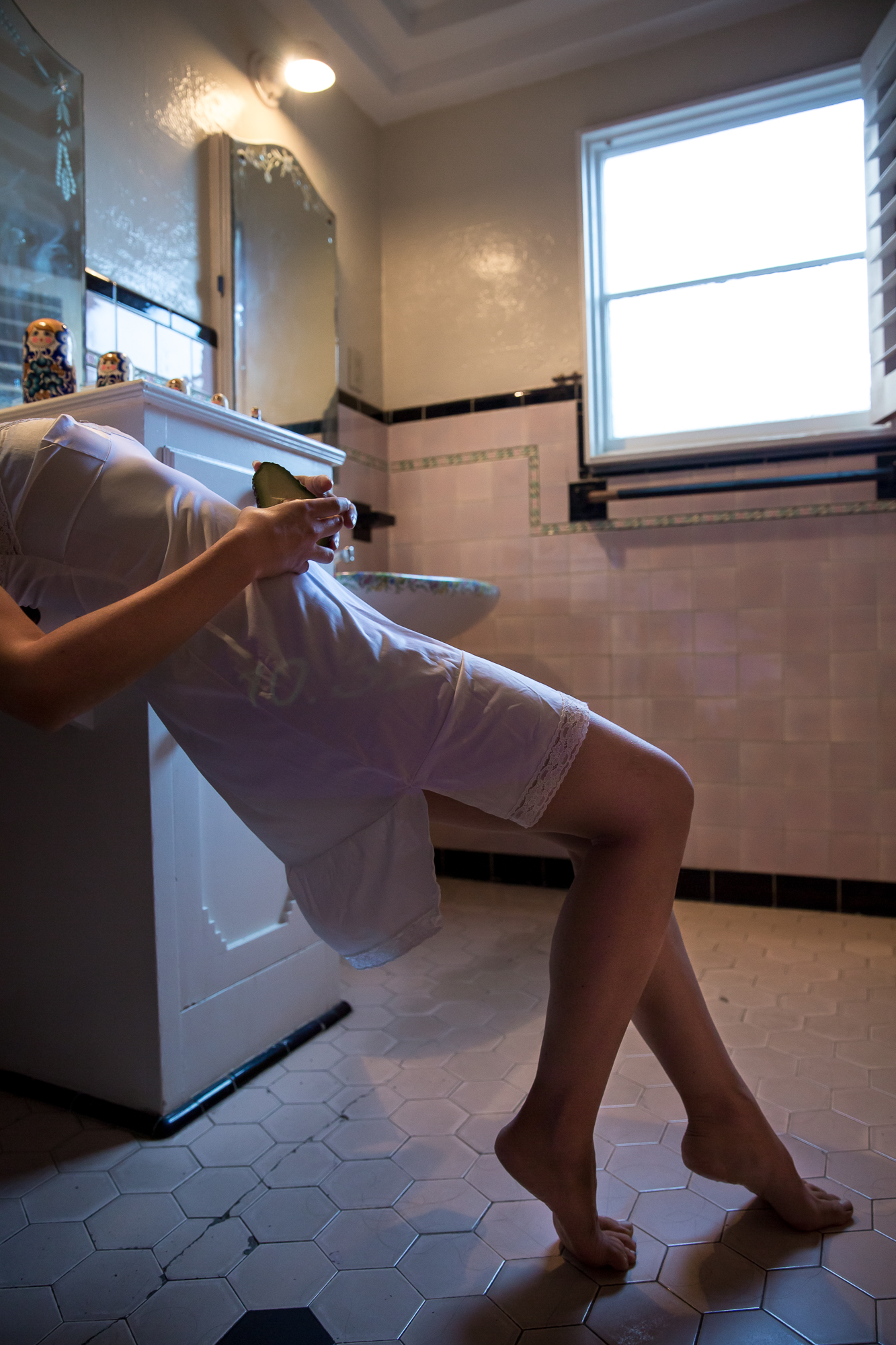
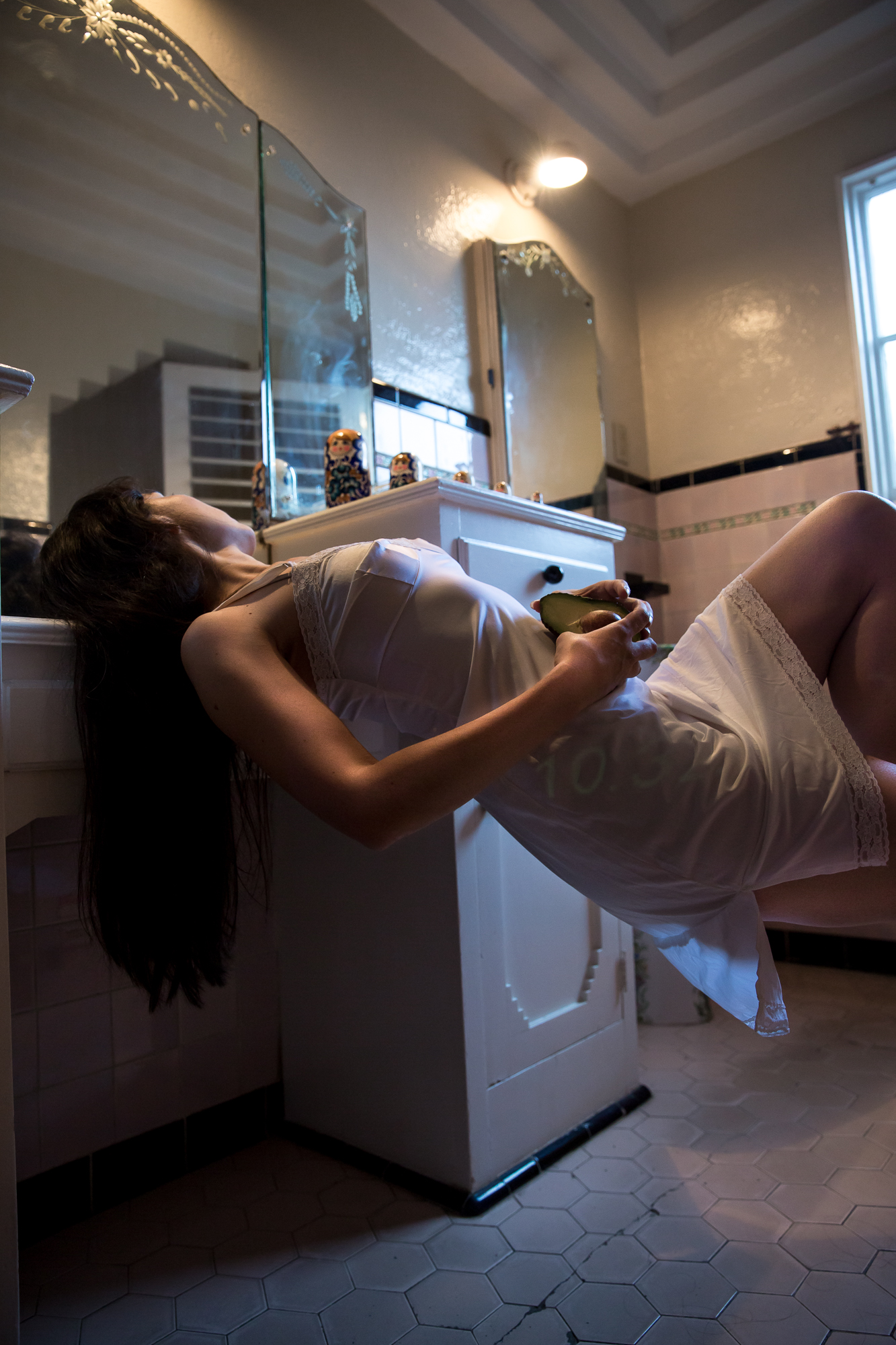
VANNIA
“Femininity is also about how you connect with your body, how you assess yourself as a woman, even if you might be a man. I think when someone is being described as feminine it is mostly connected to the outside and not necessarily the inside.”
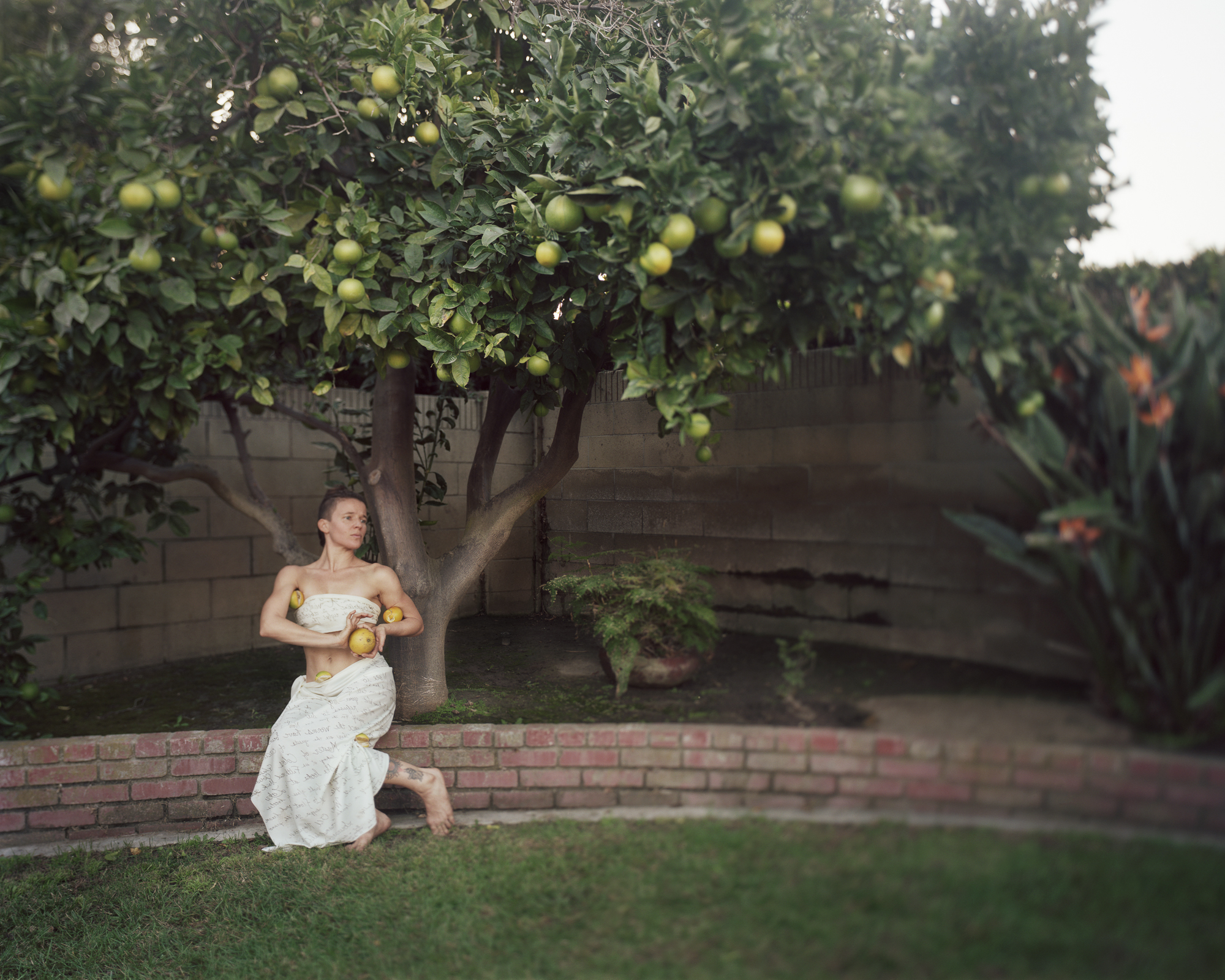
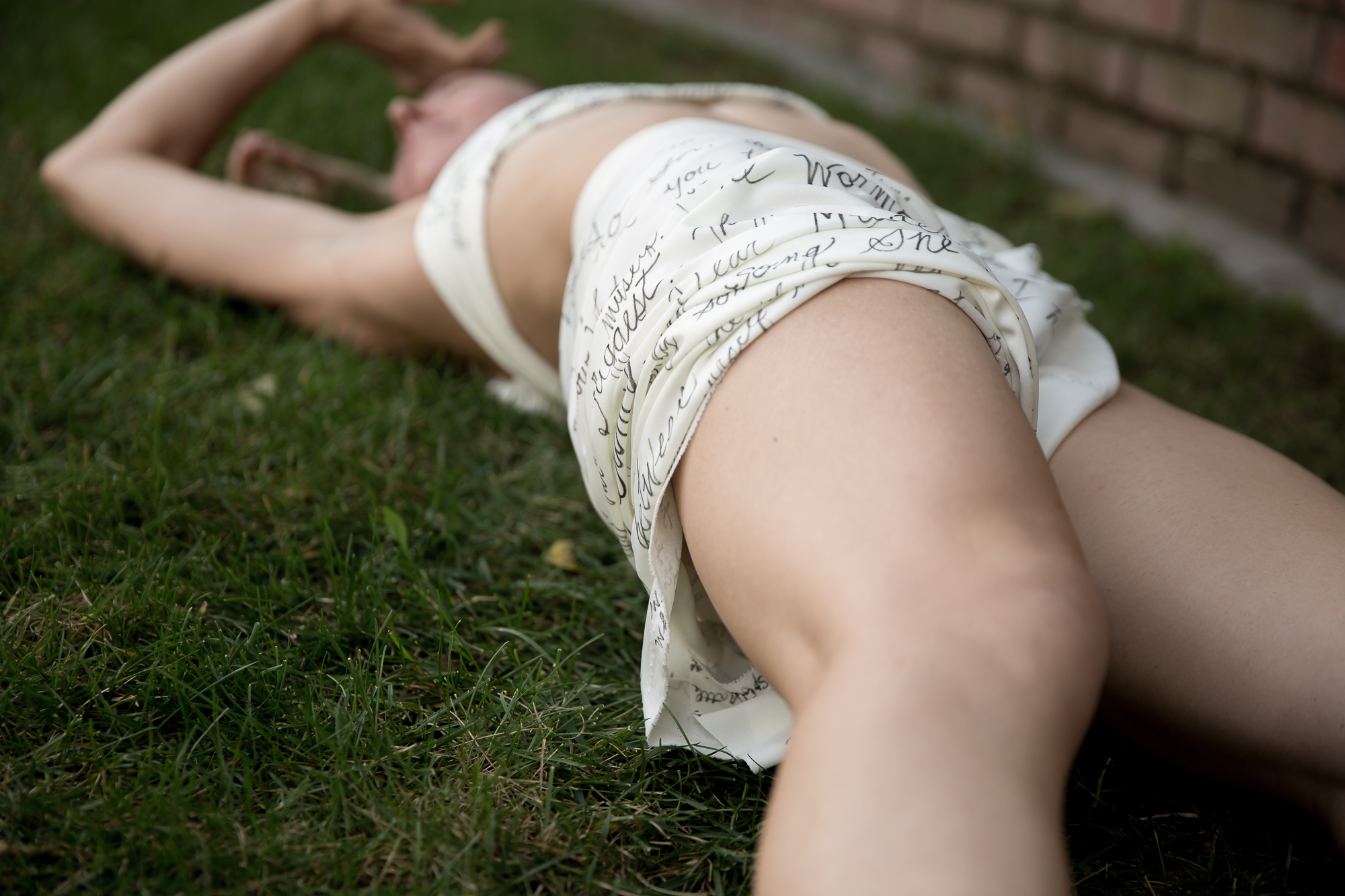
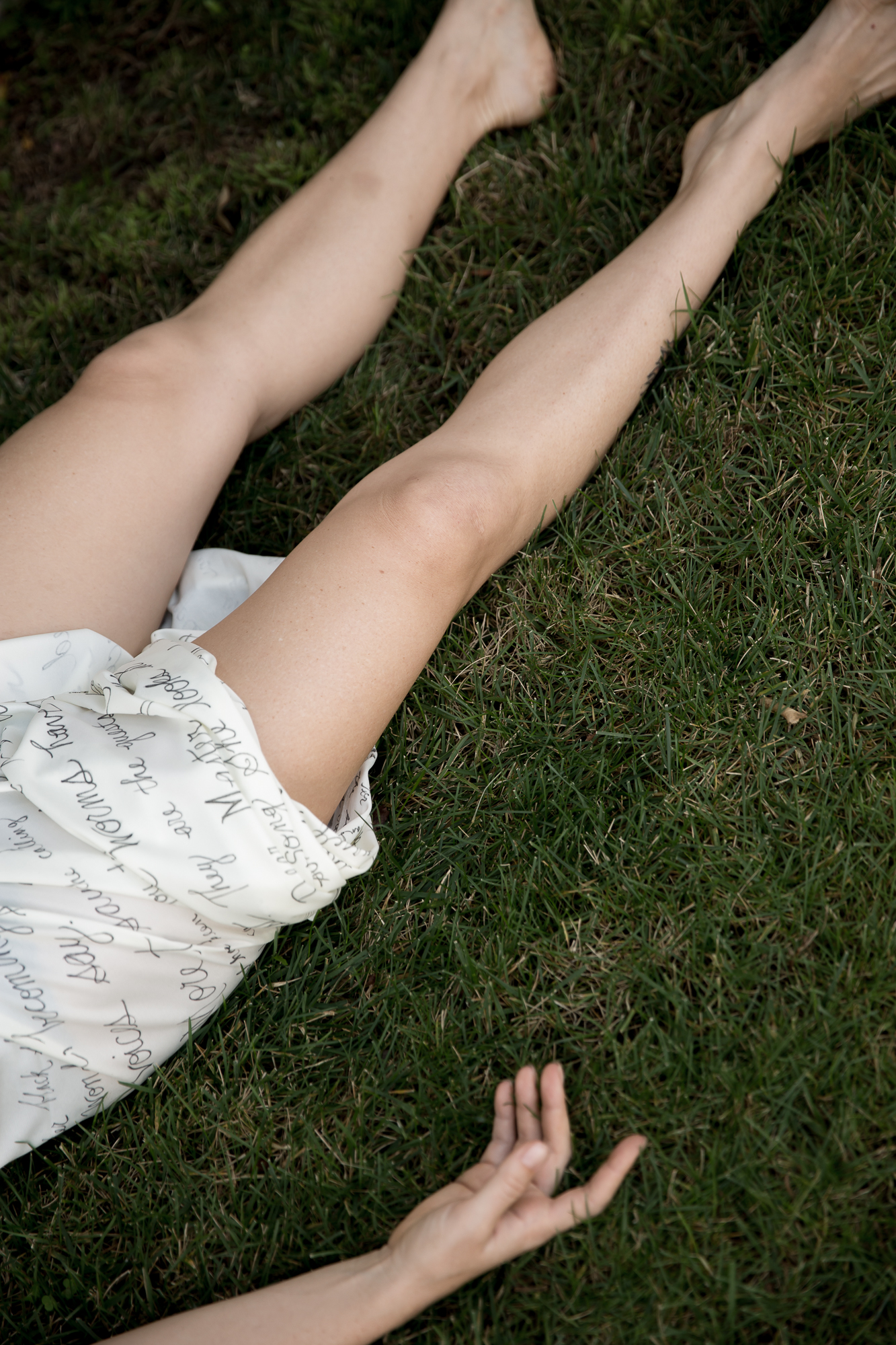
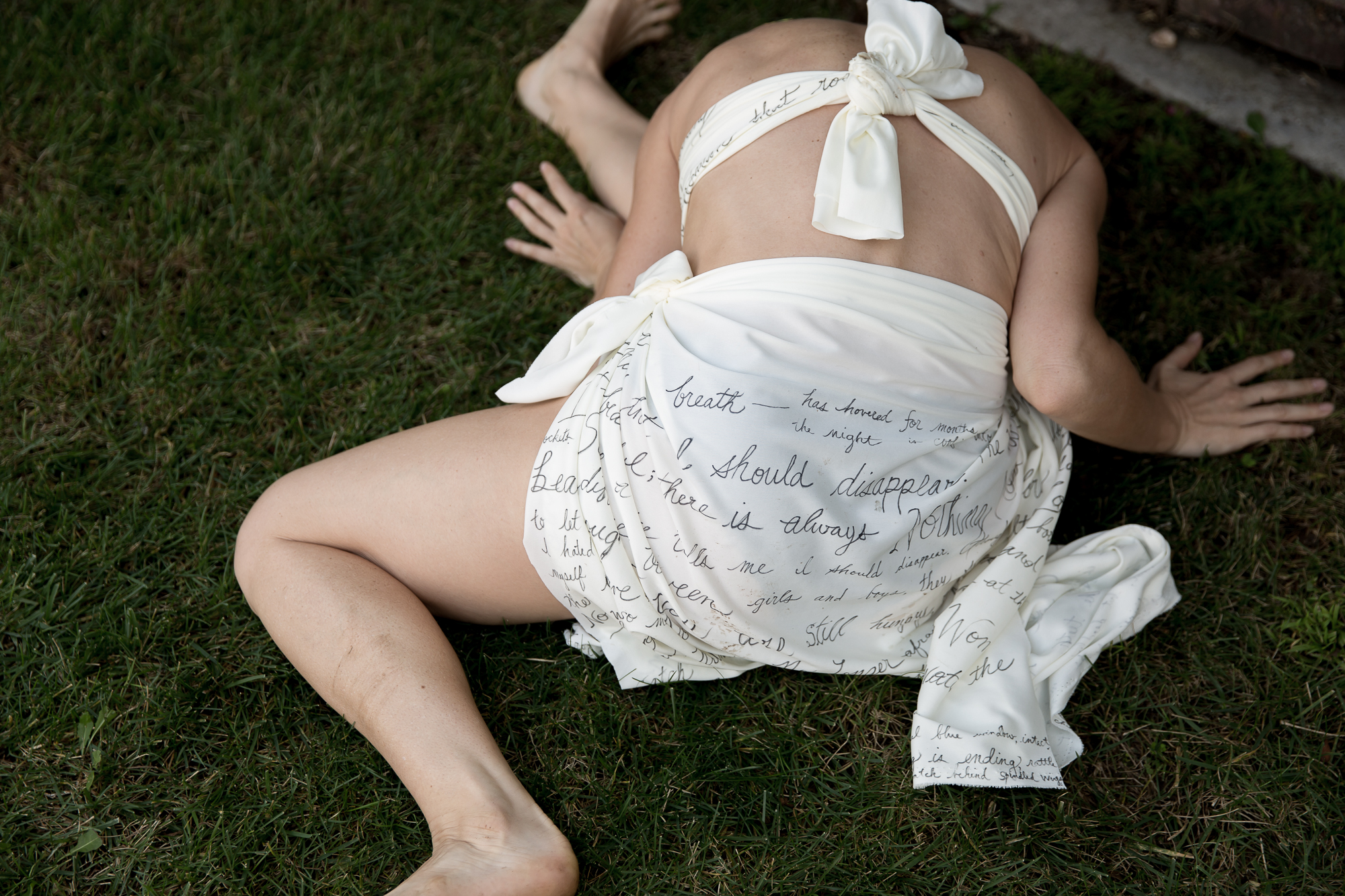
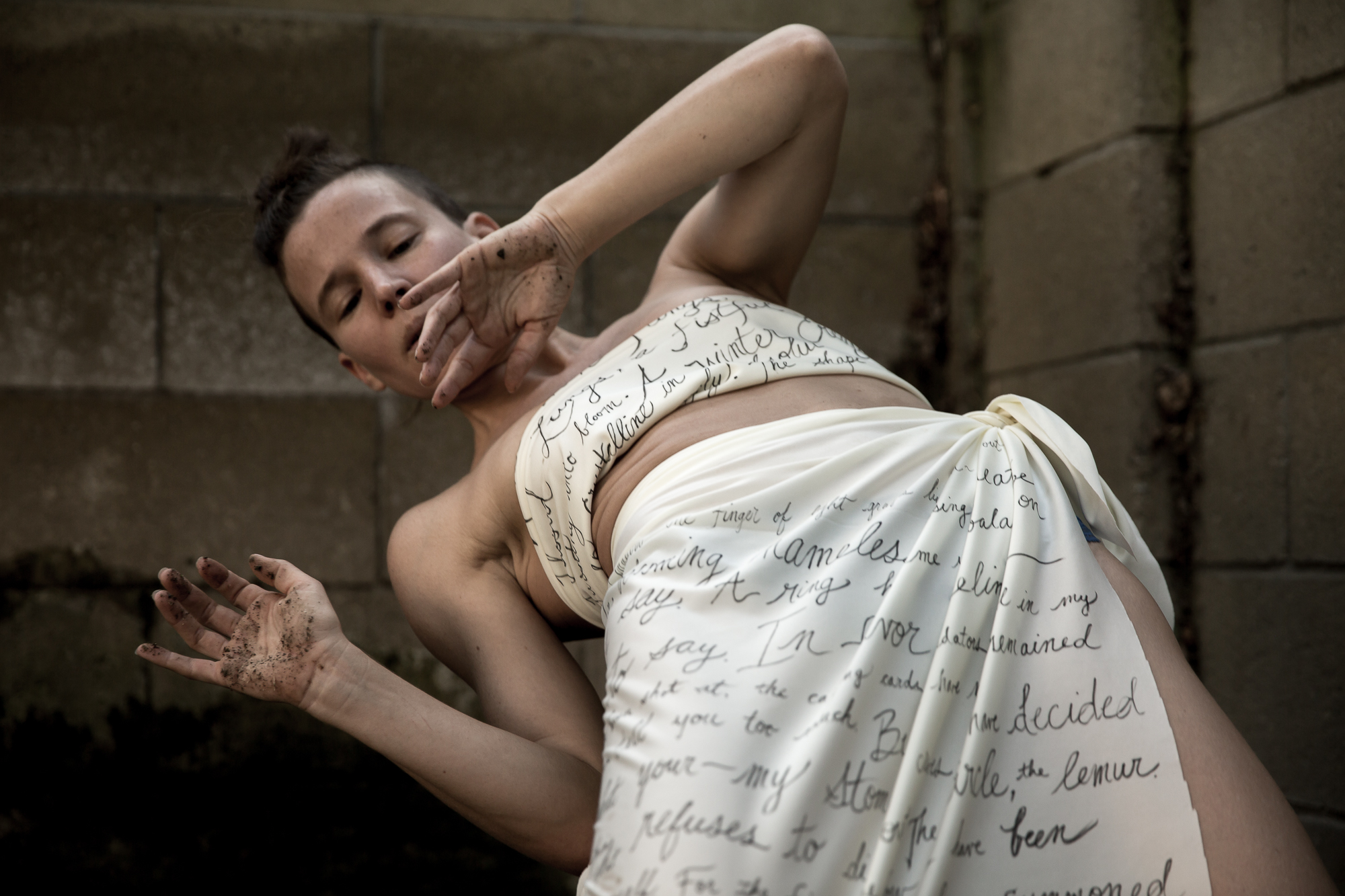
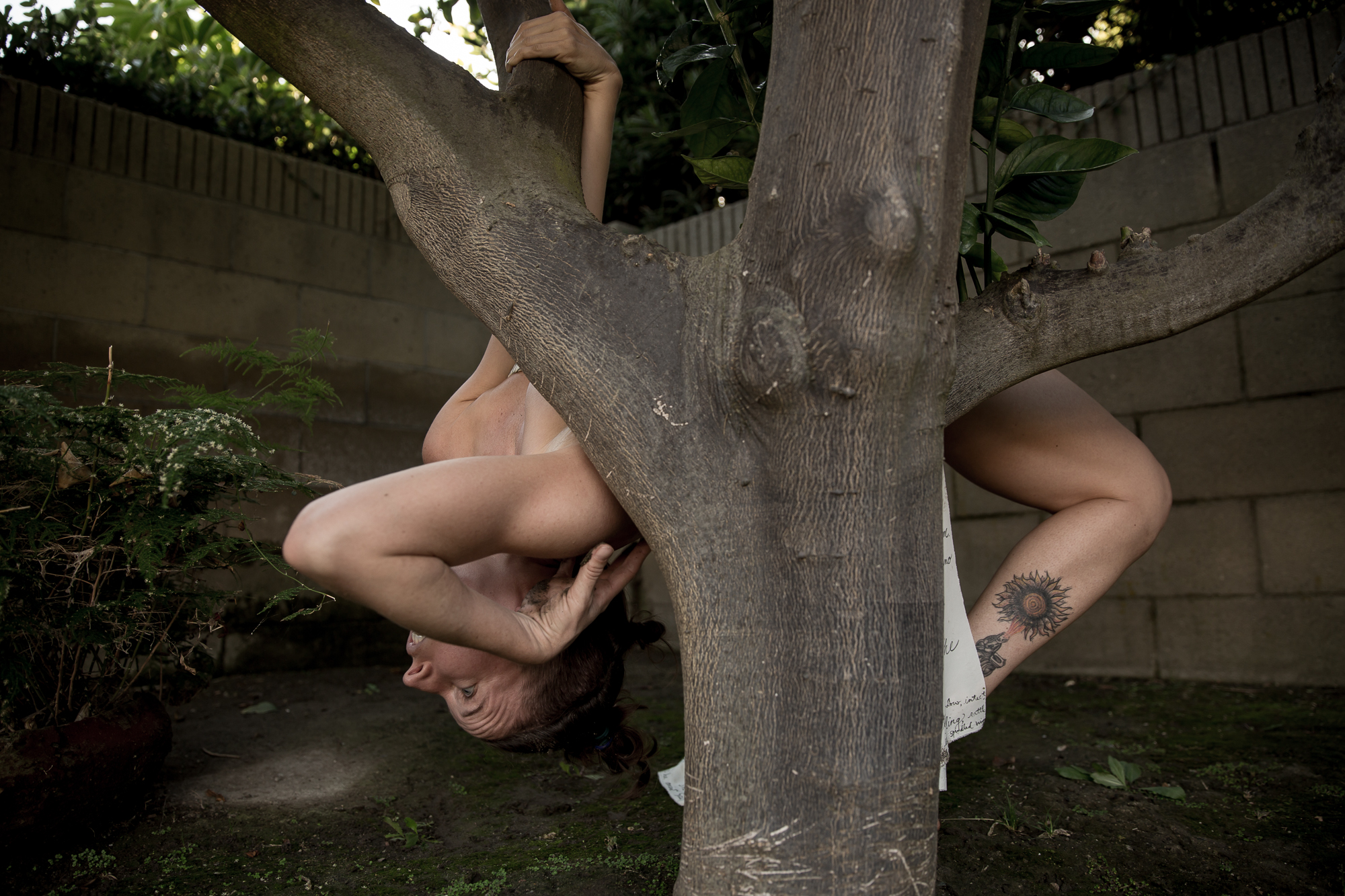
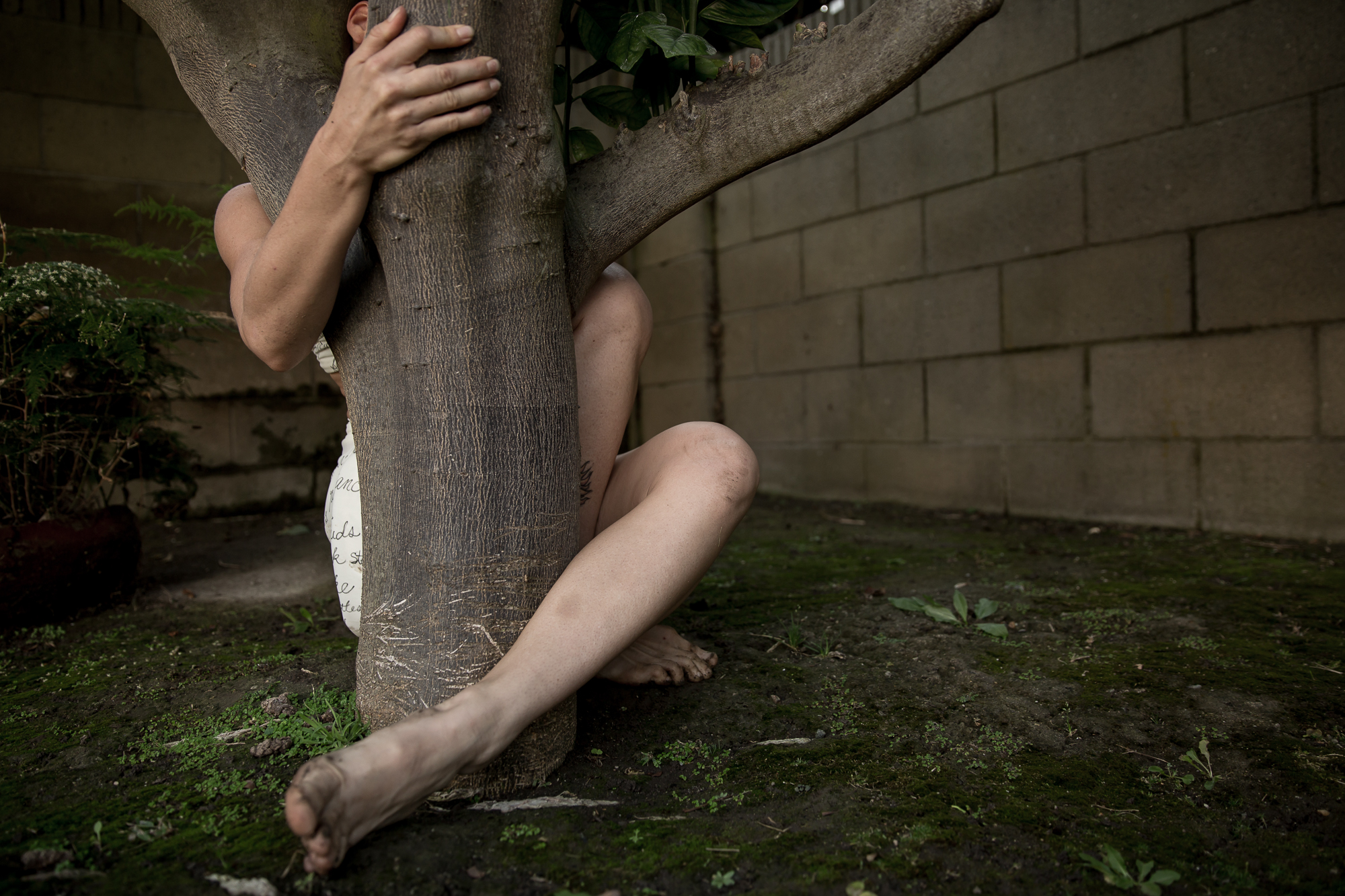
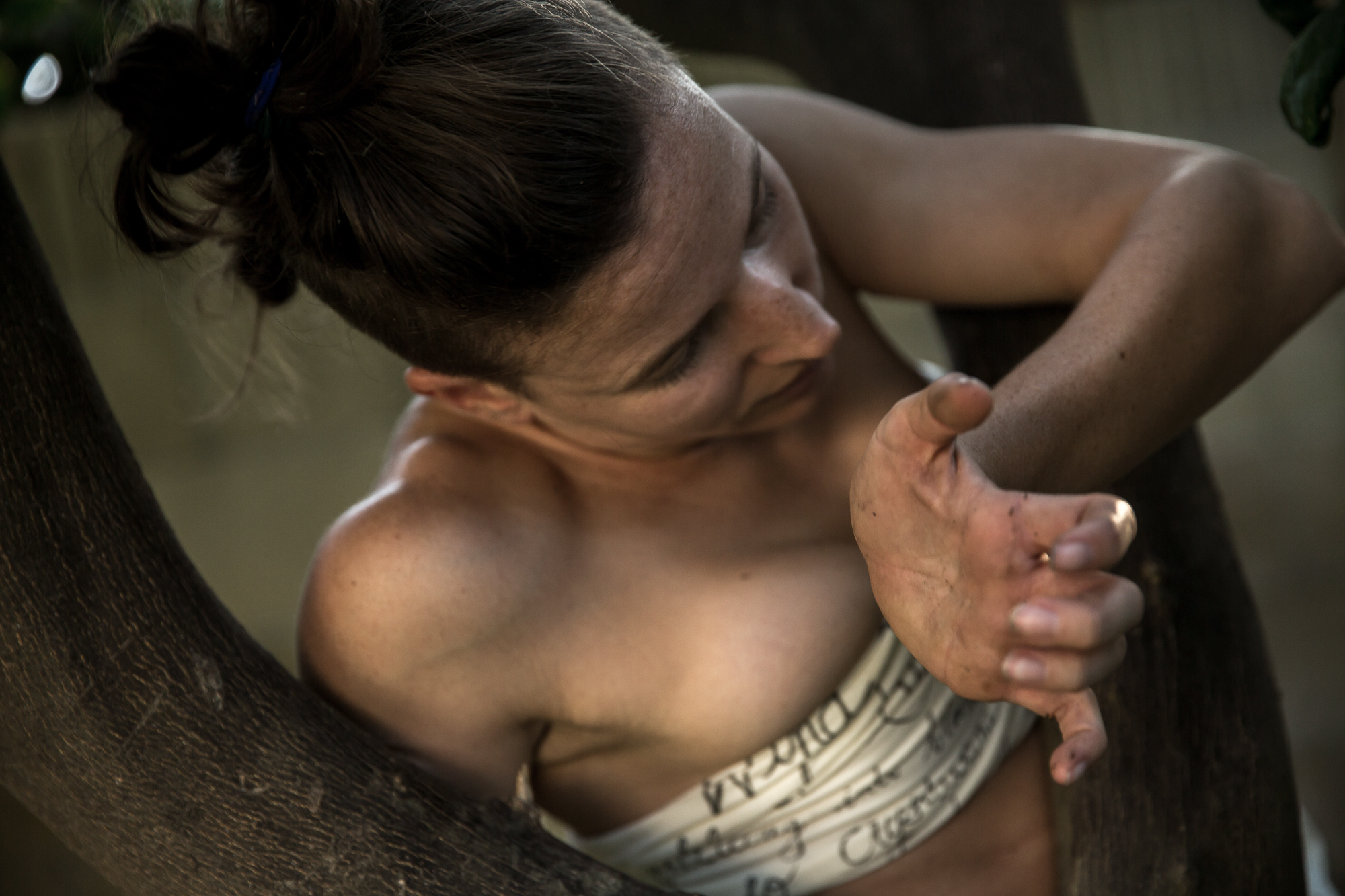
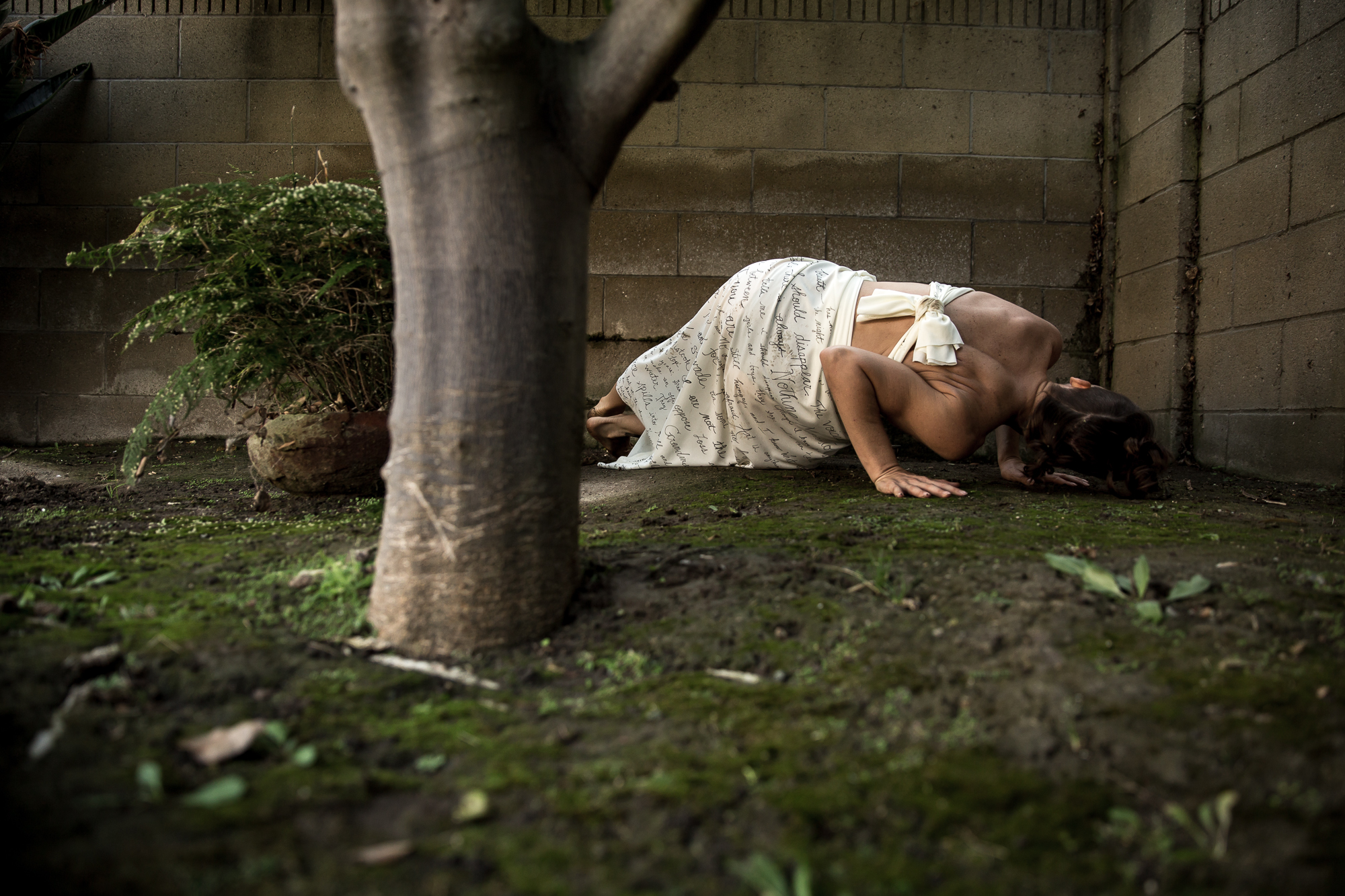
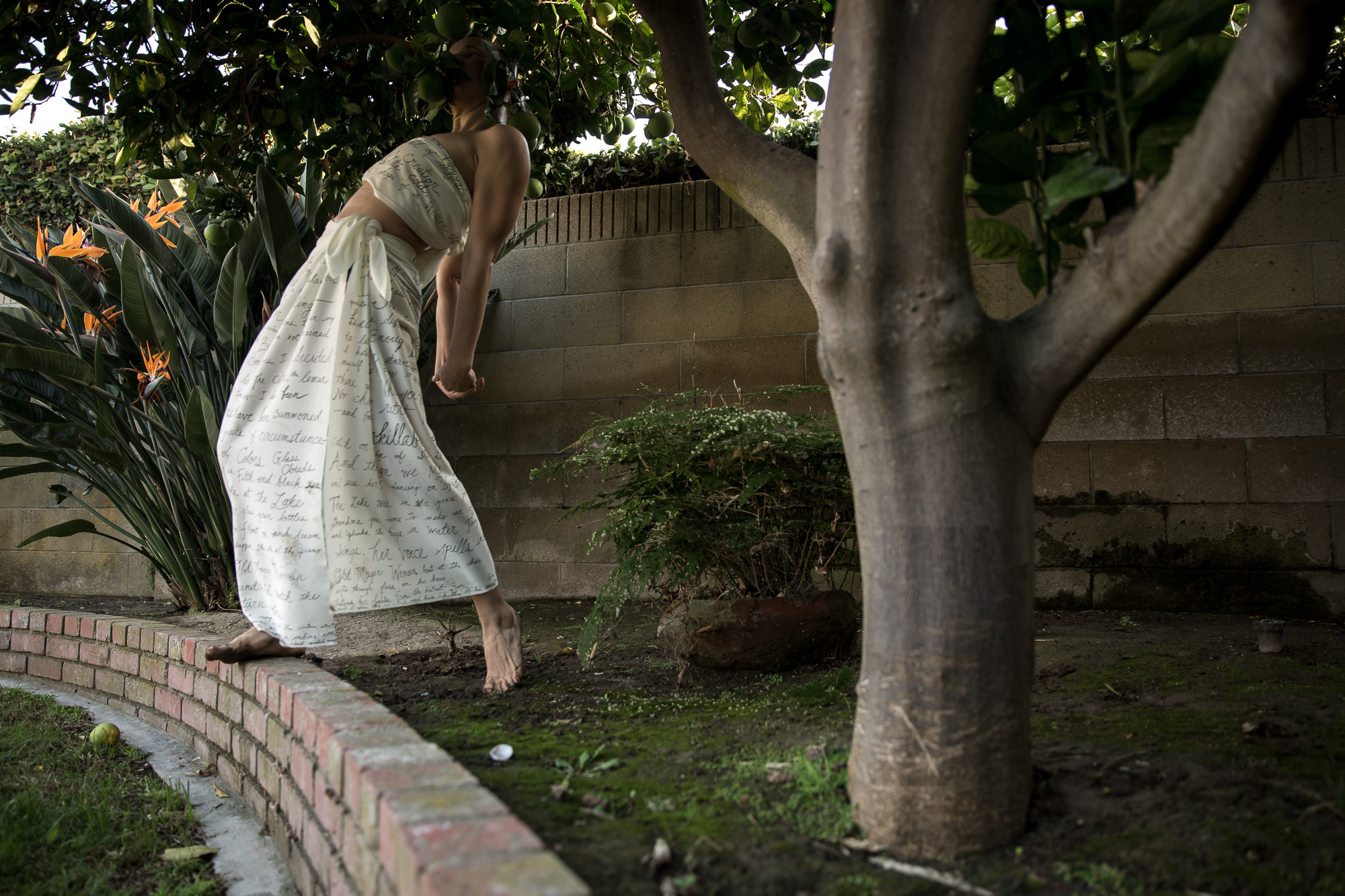
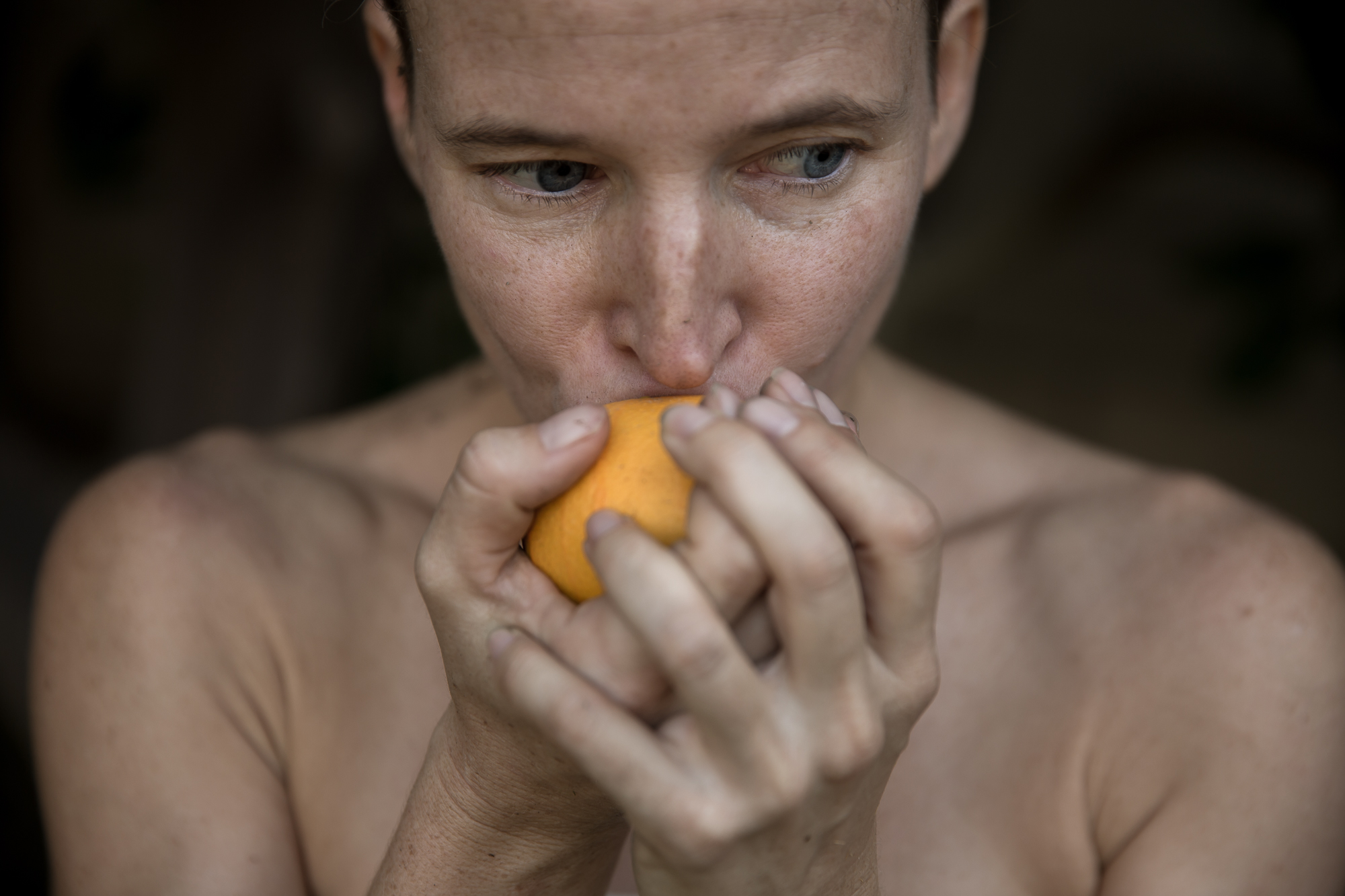
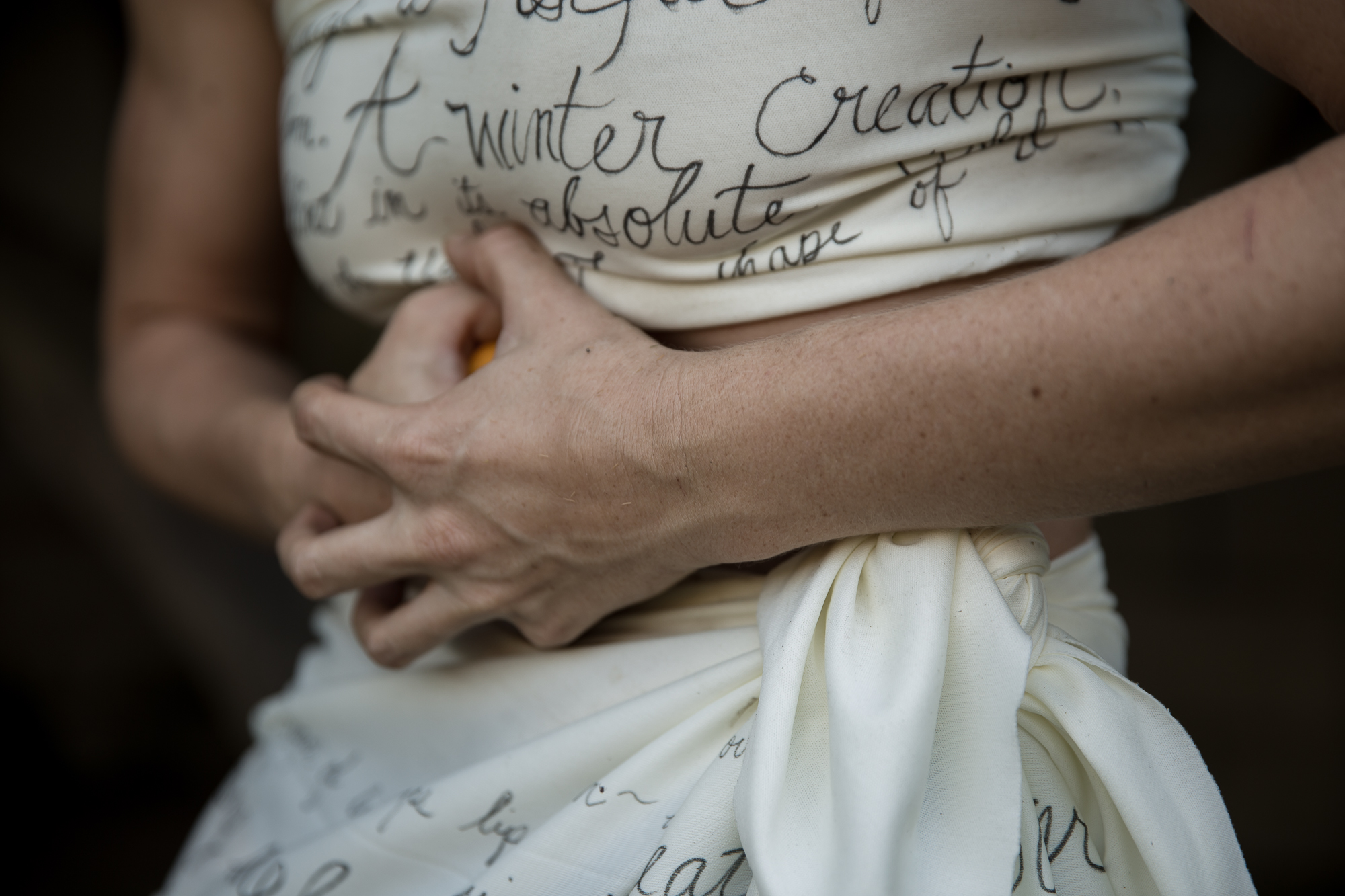
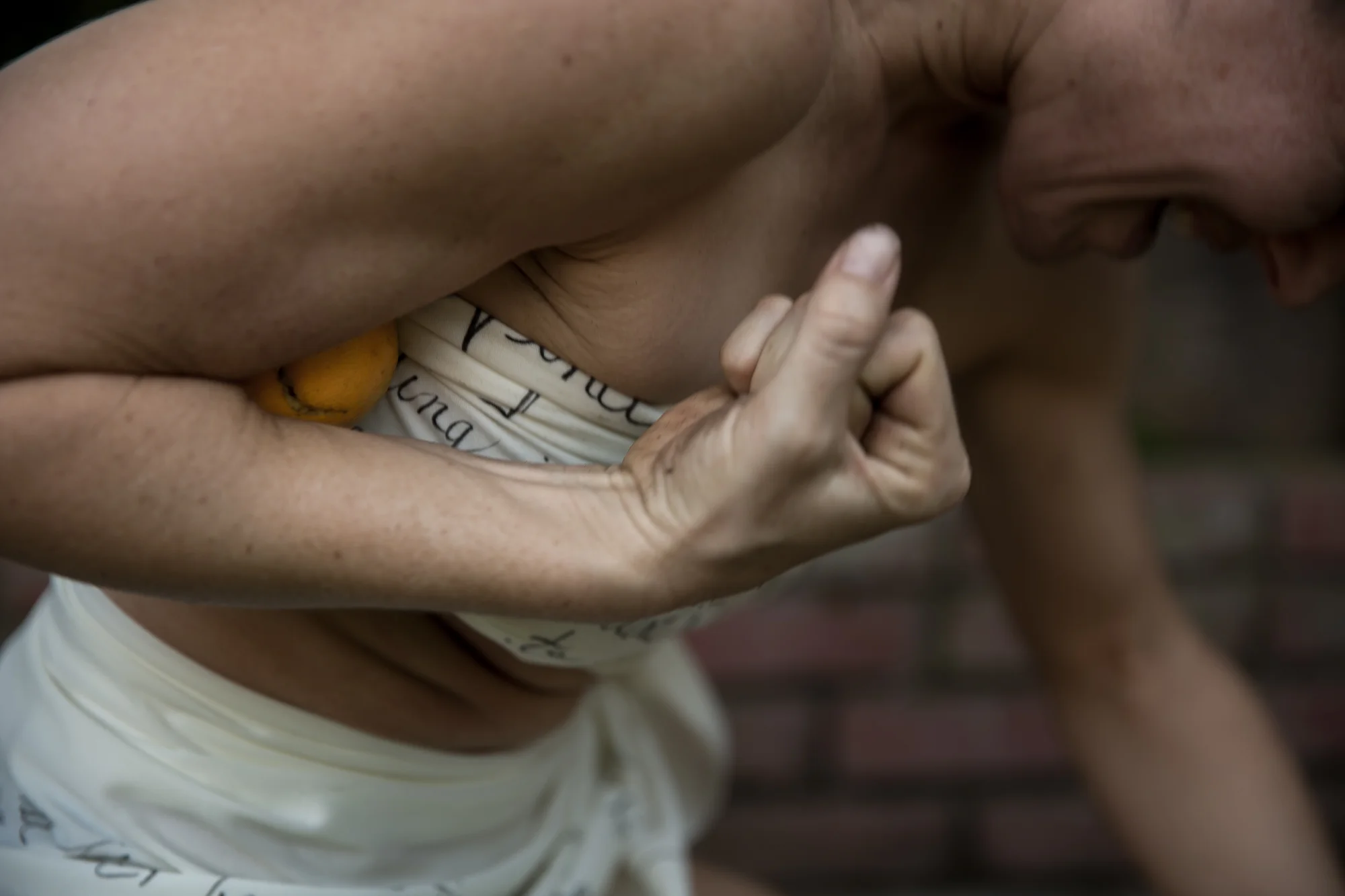
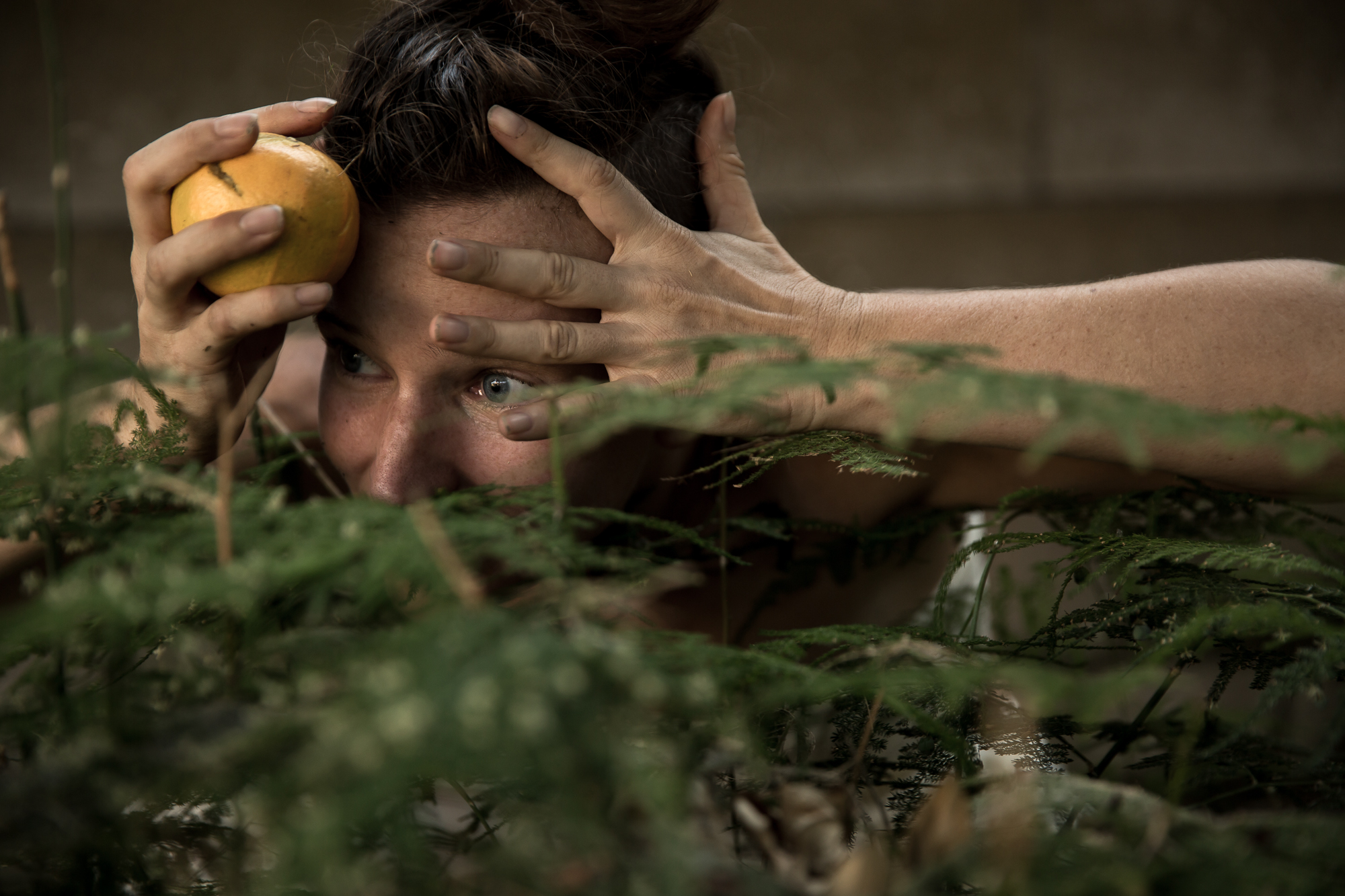
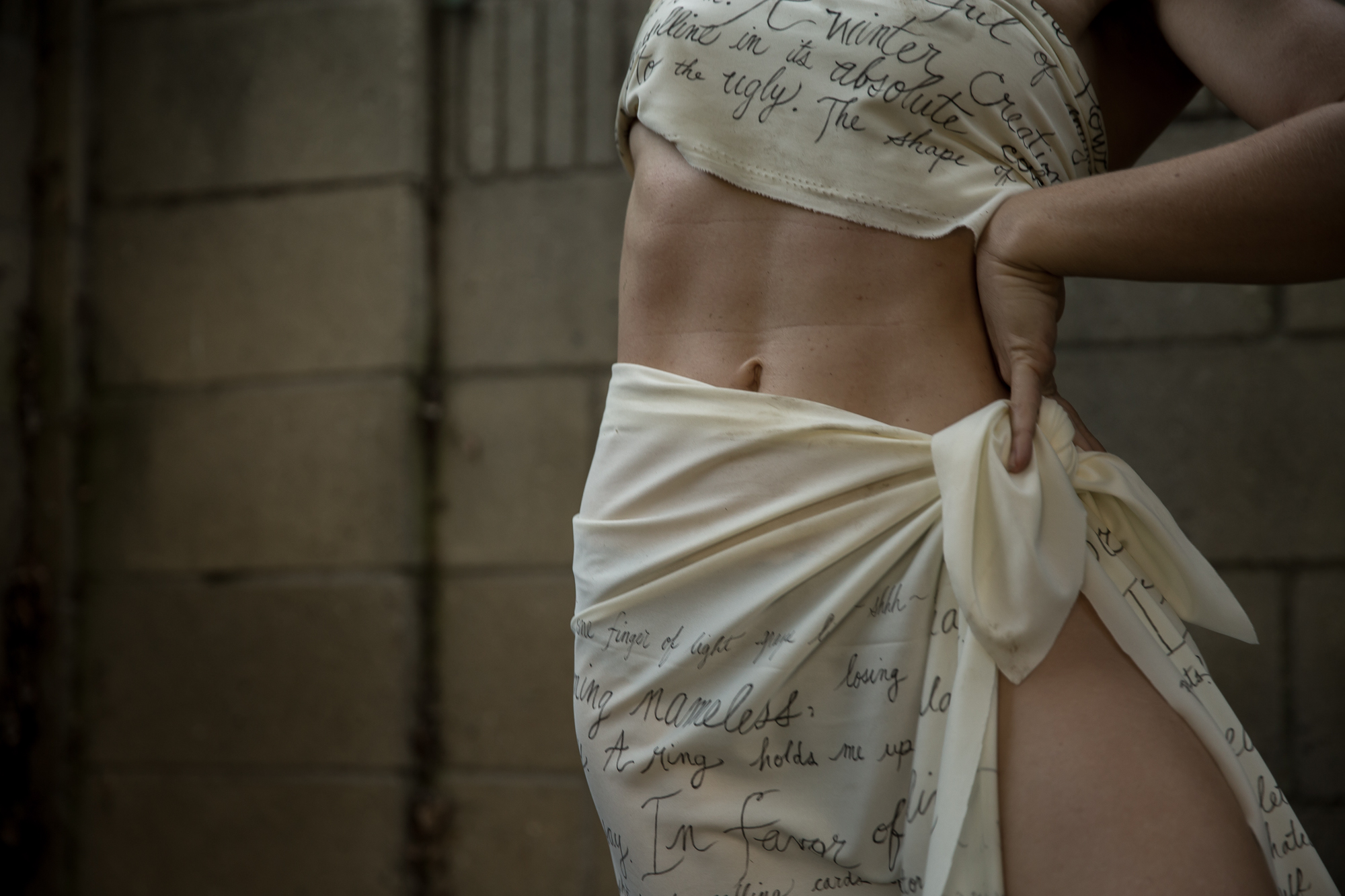

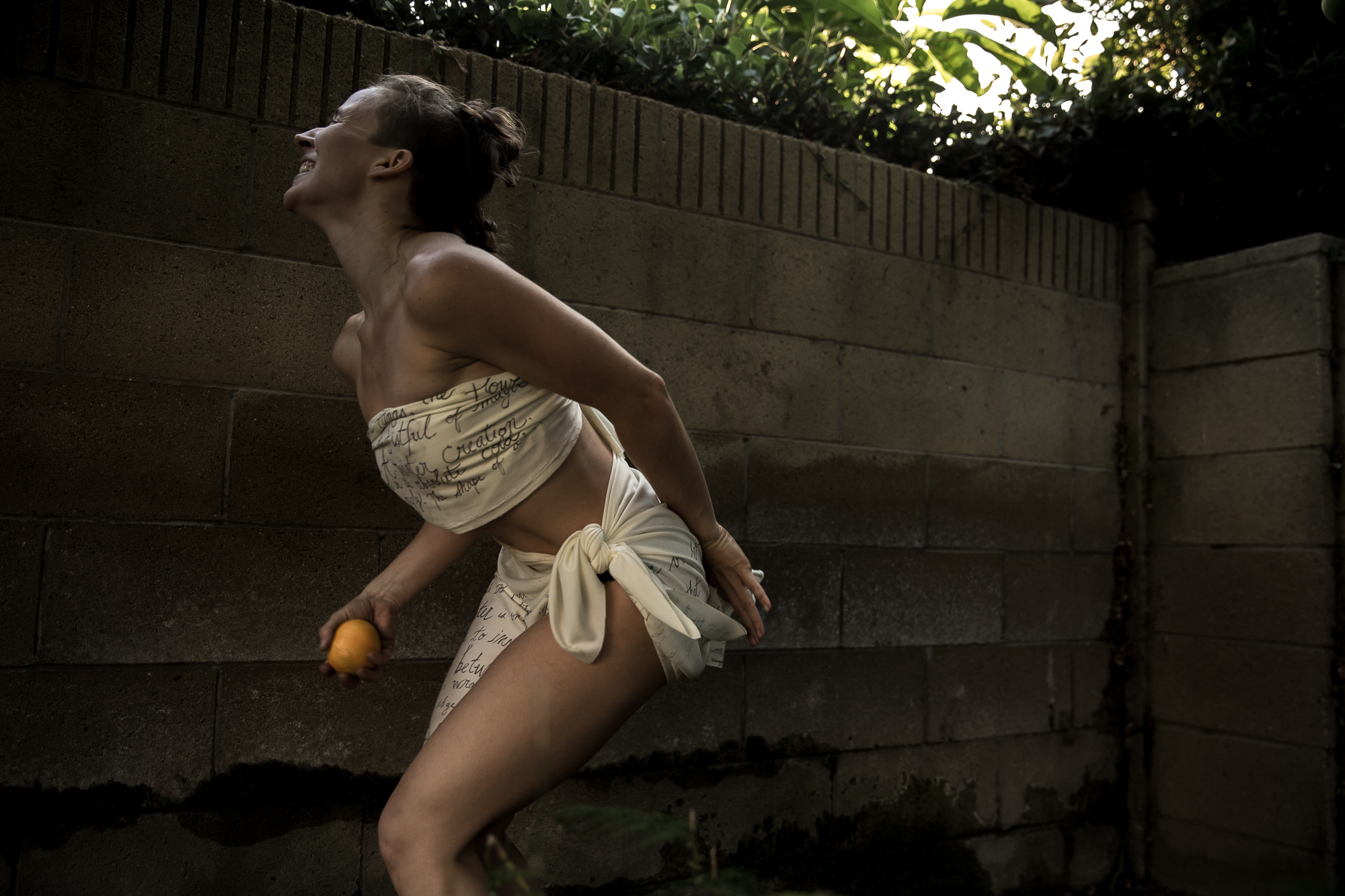

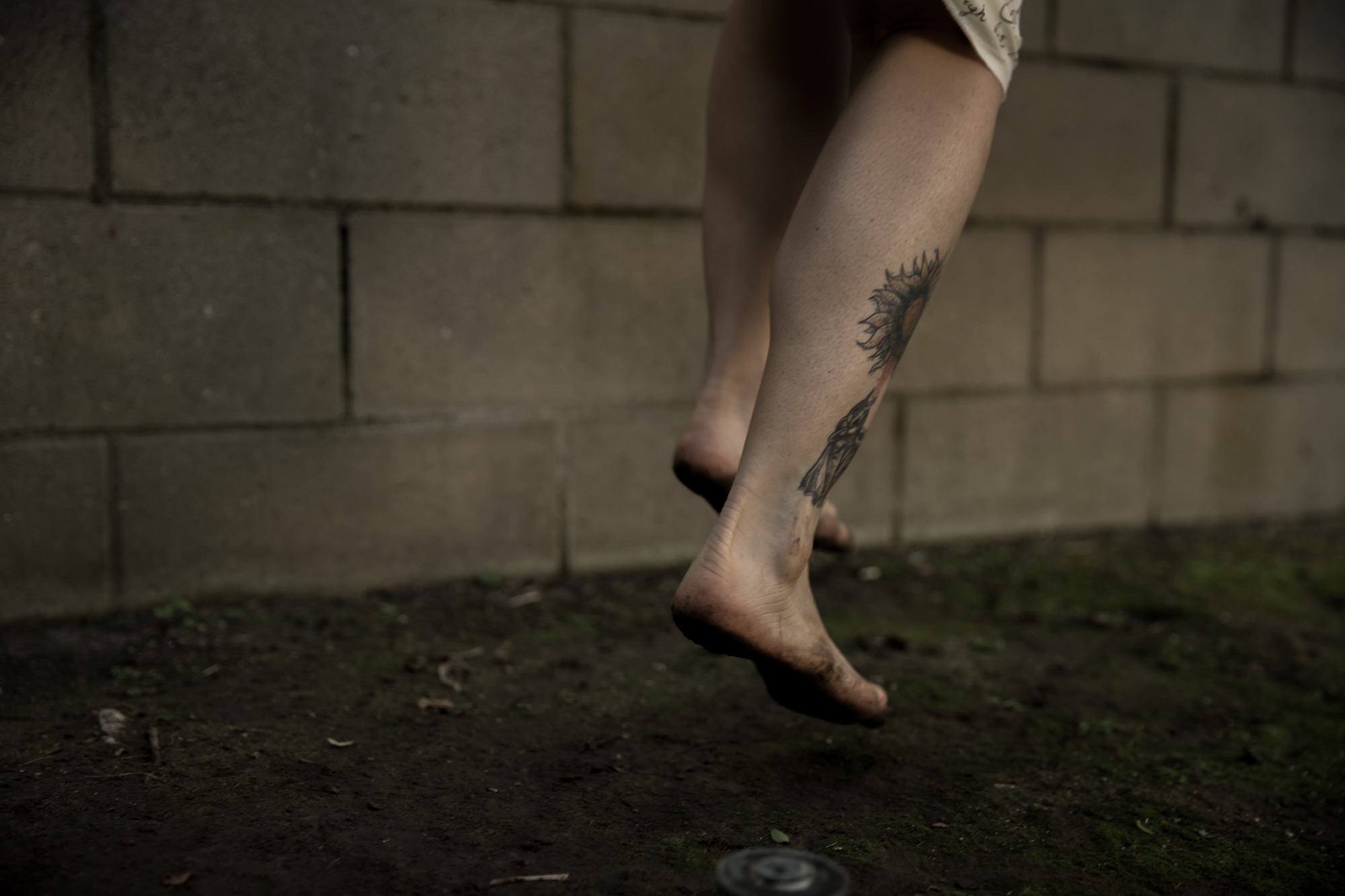
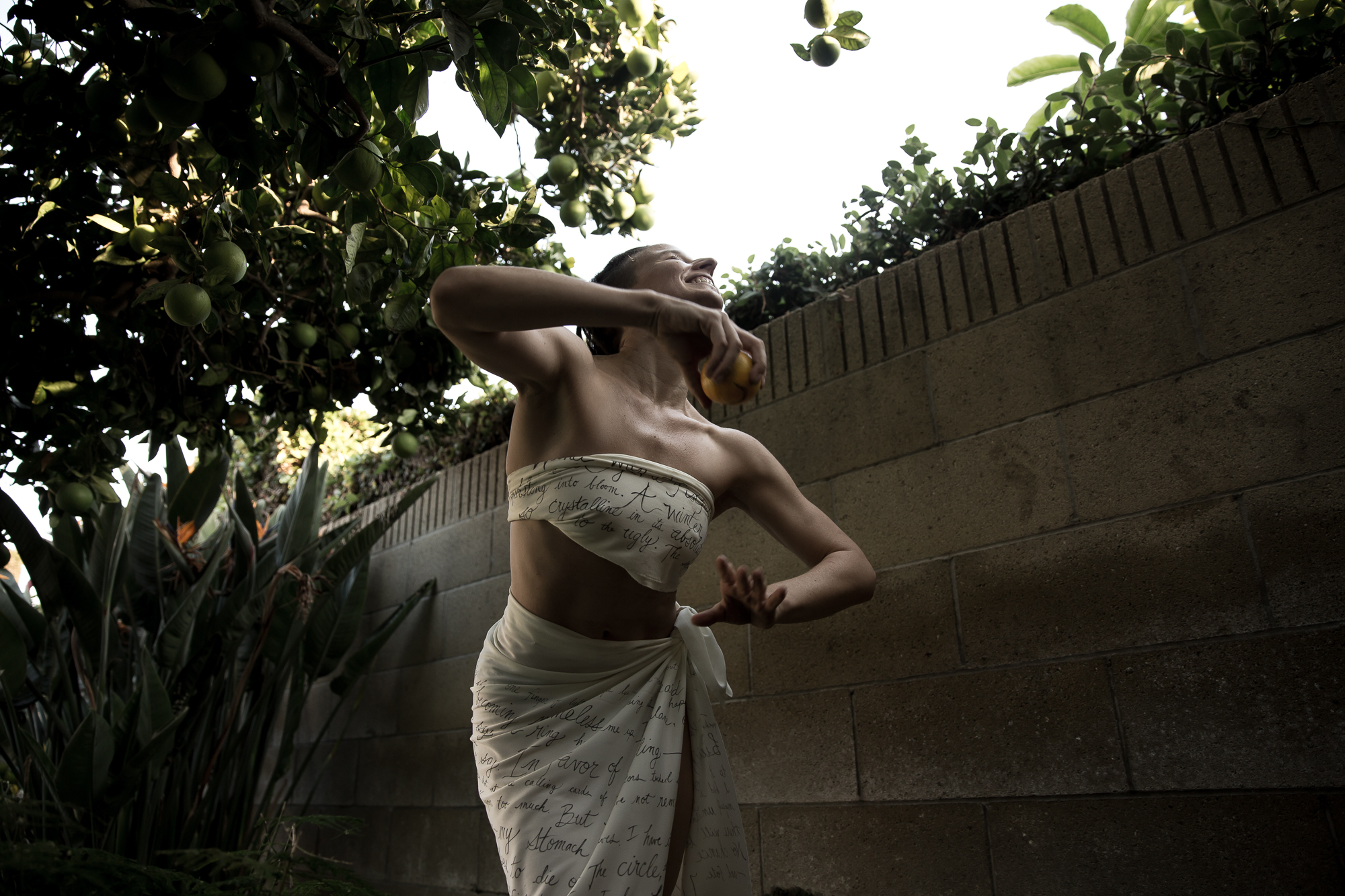
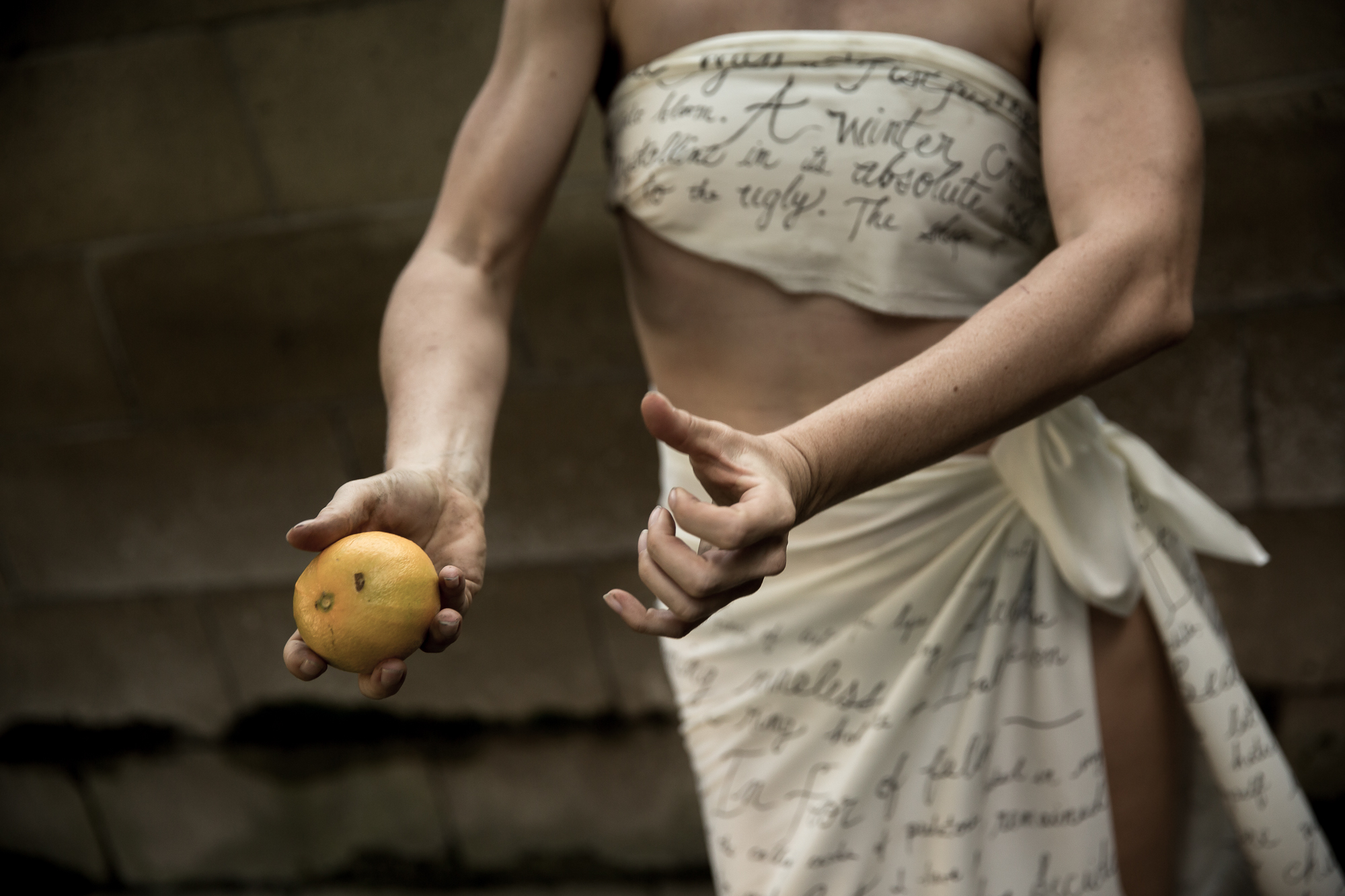
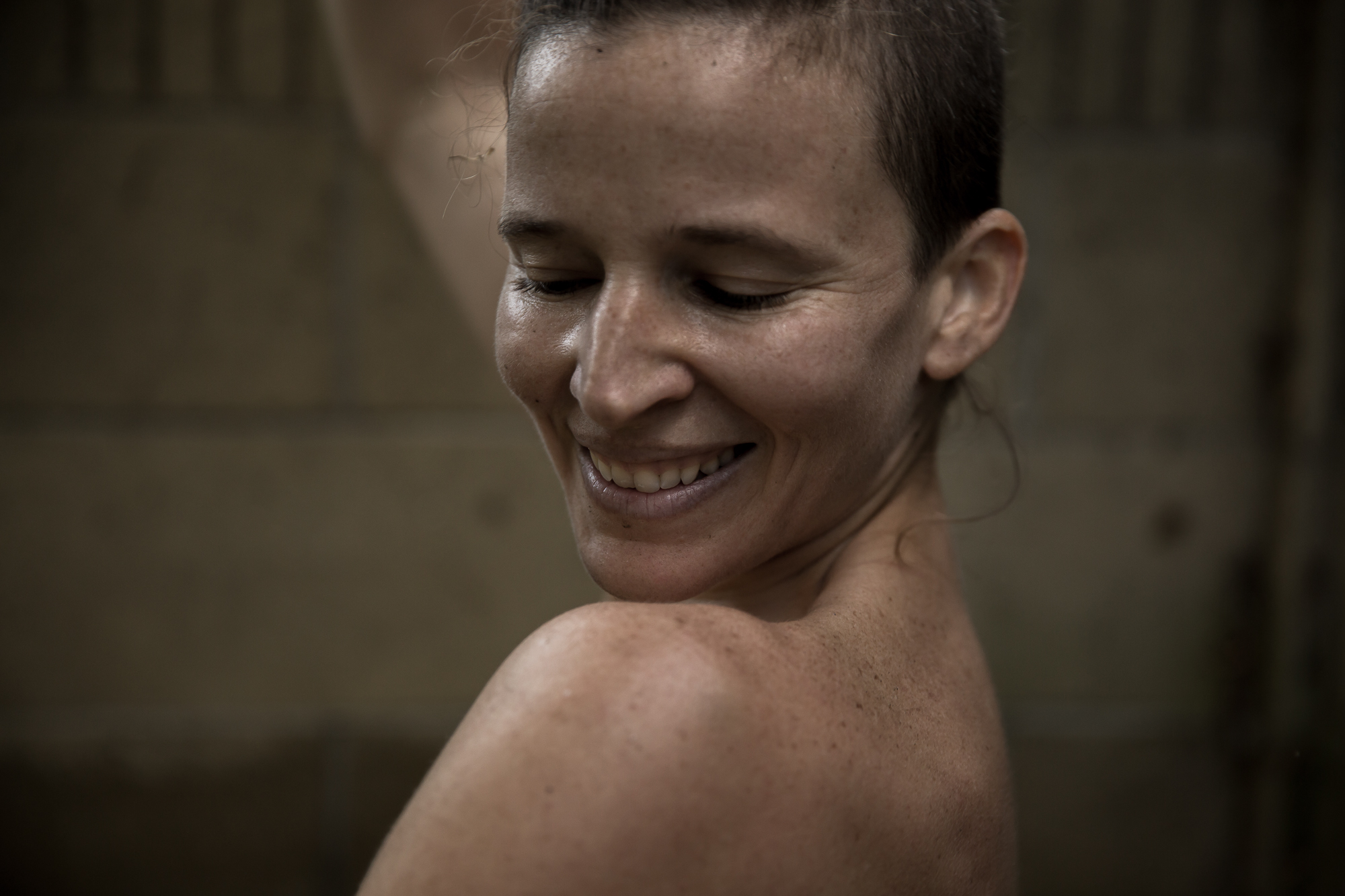
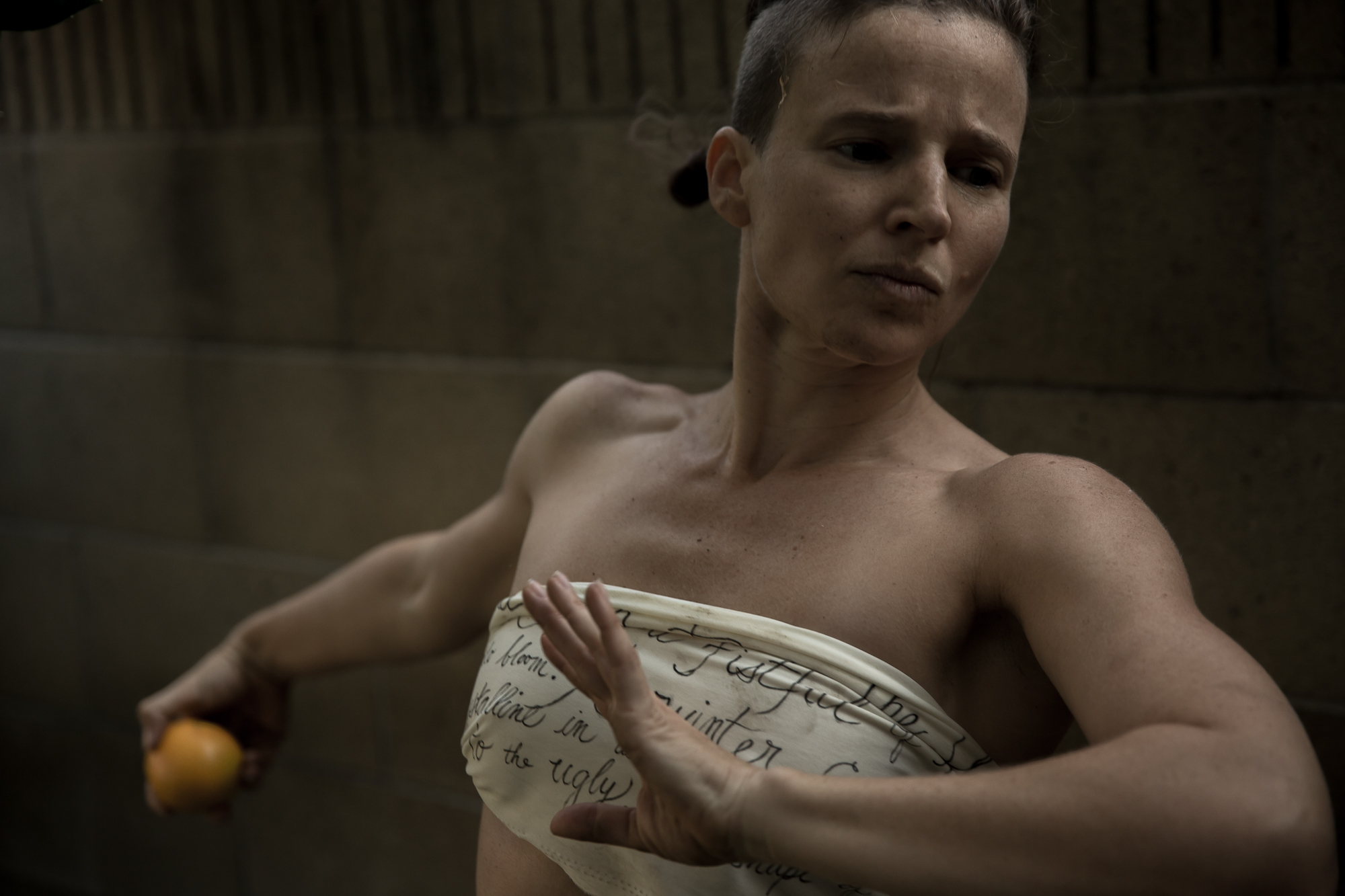
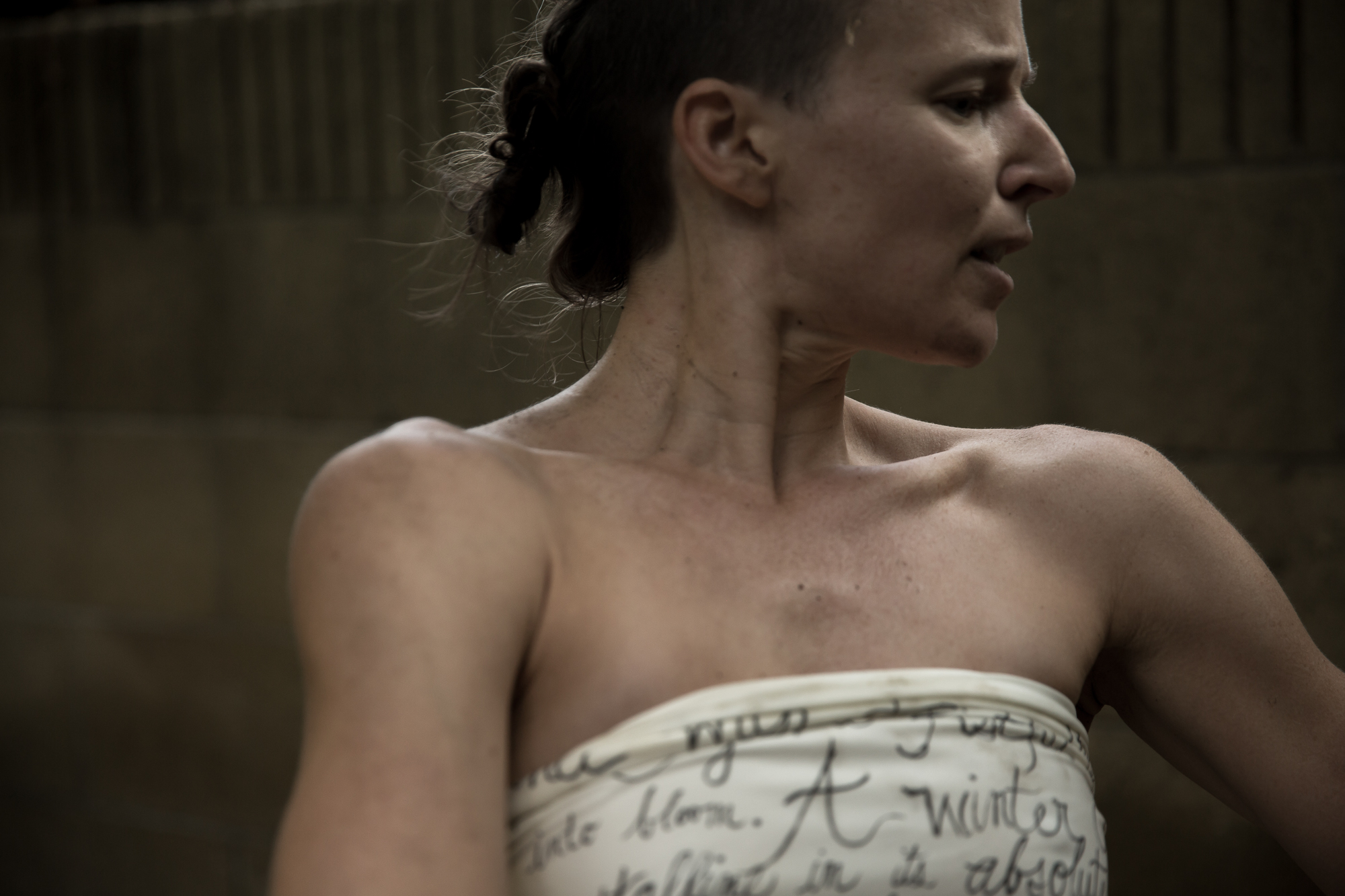
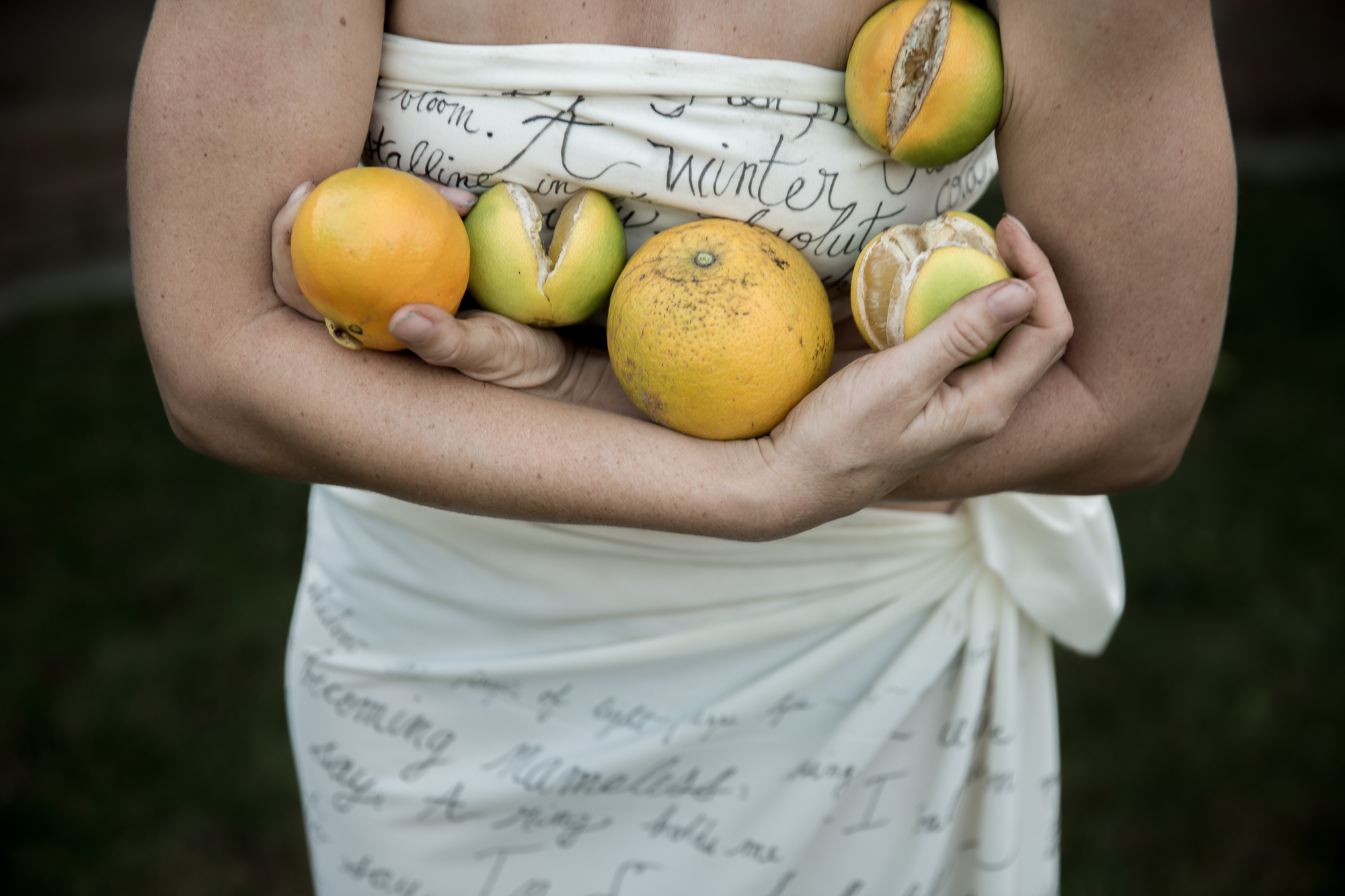
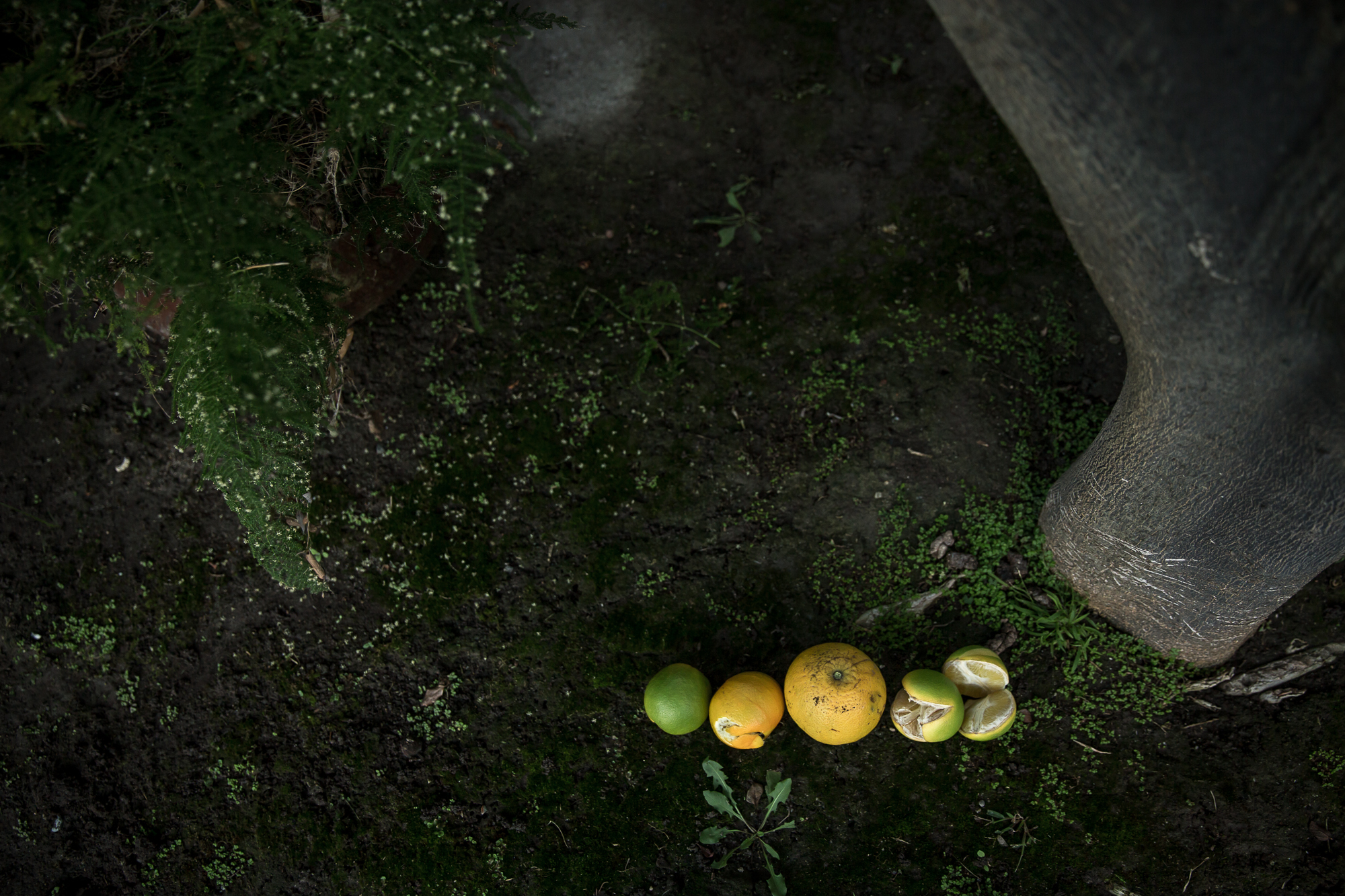
LAKE
“Because of our western cultural inheritance, we have engrained the idea, that masculinity is something unchanging, like the idea of ‘God’. It’s my under-standing that femininity is defined, by our culture, as what masculinity is not: It is the things left over, an absence of qualities or what we really cannot name and would not want to name. But I’m OK with the idea that femininity can be moving and changing, and being what’s in-between.
For me, as a poet, dancer and choreographer, what’s inbetween is what makes the meaning. Once something is named, it doesn’t change. The between-words, the ambiguous parts - the feminine parts - are the really potent, lasting parts. “
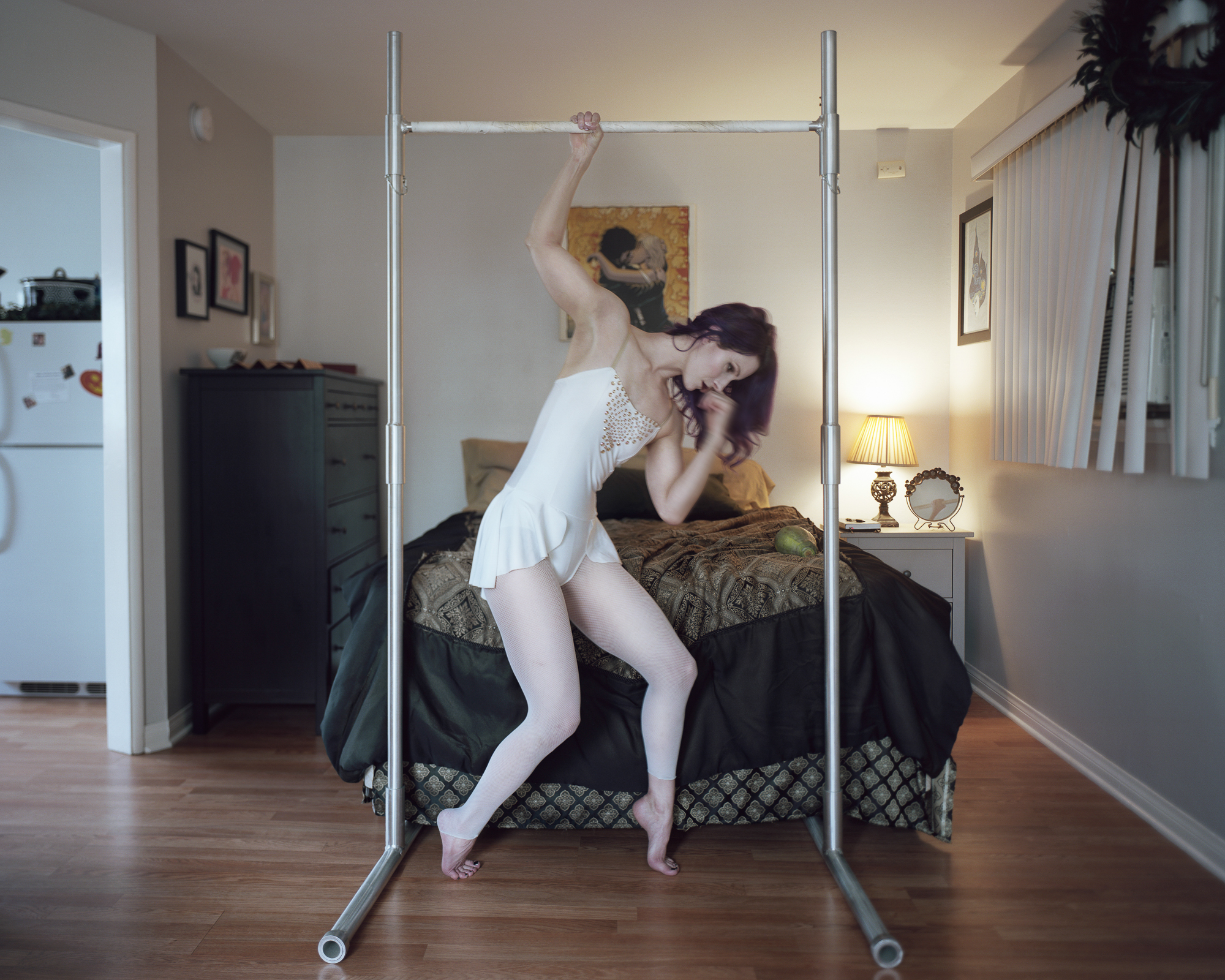
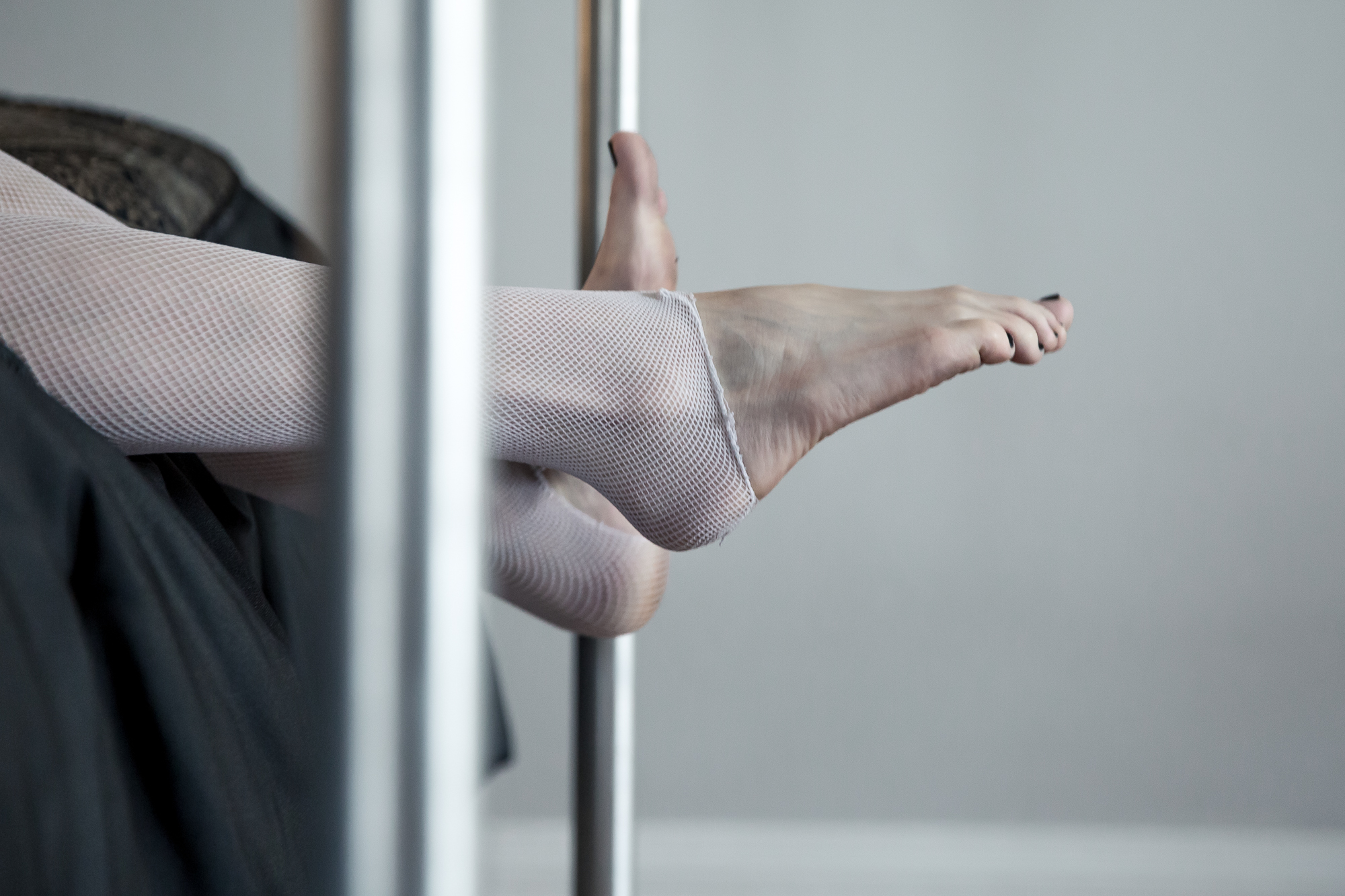
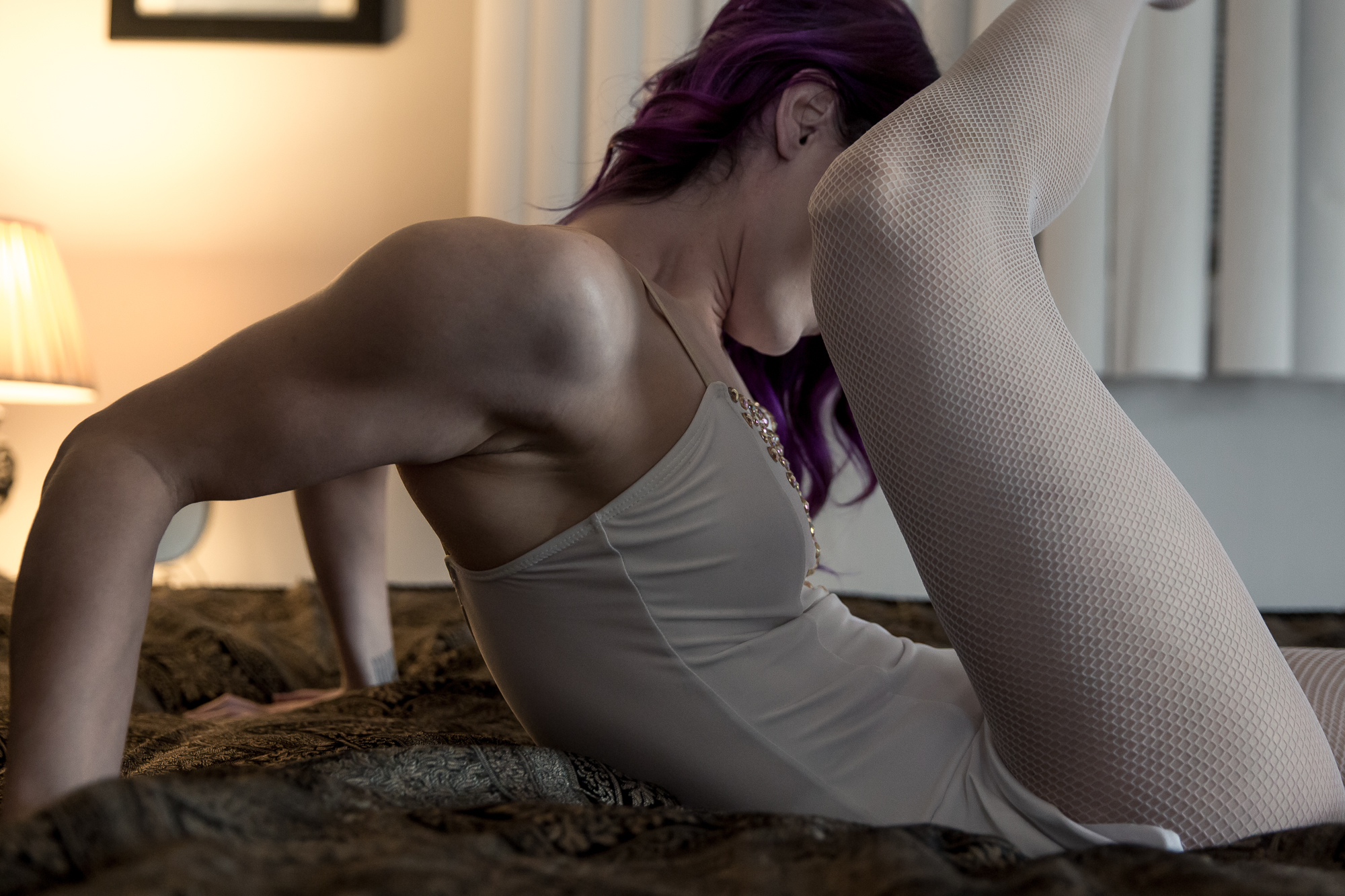

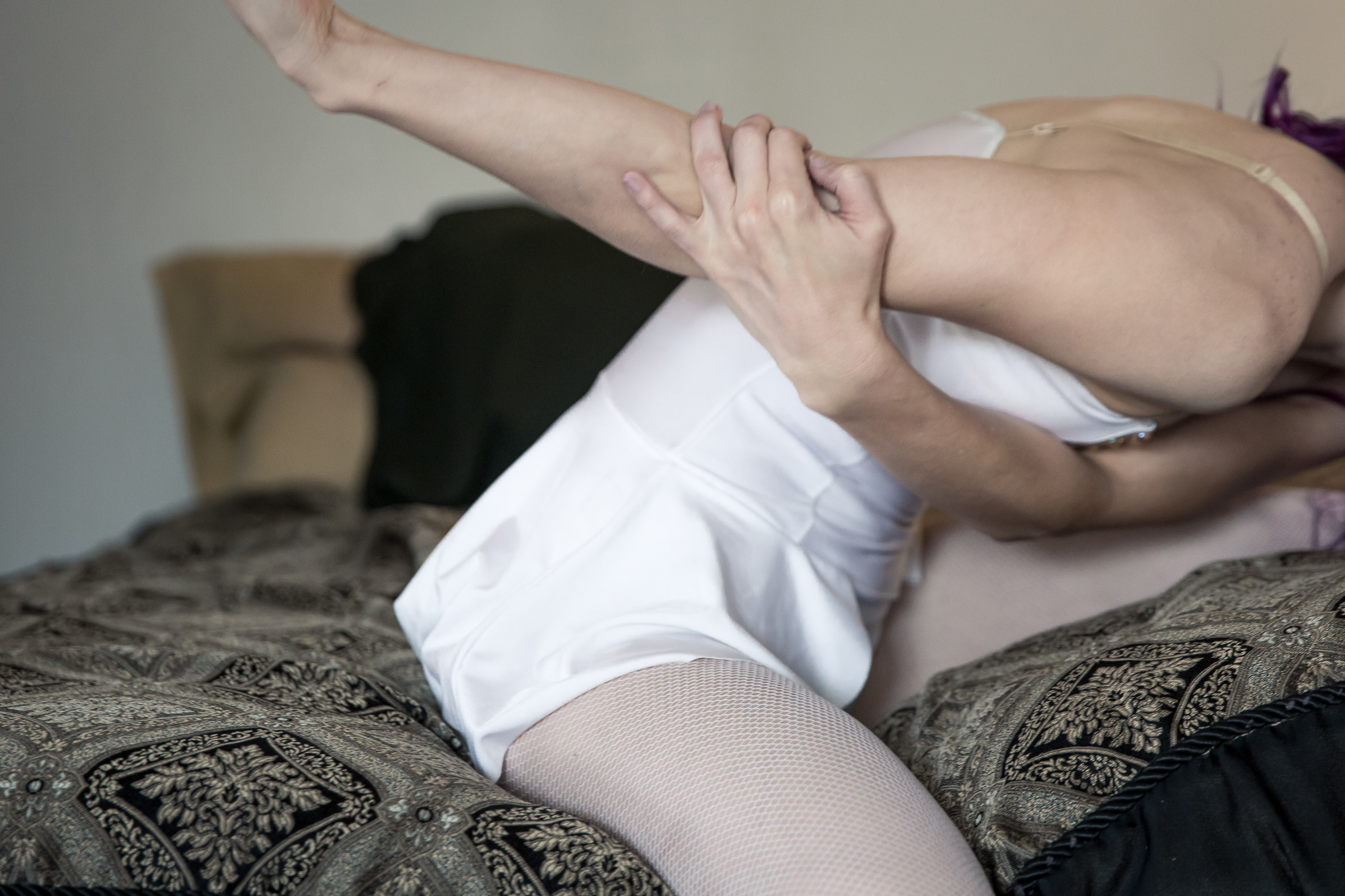

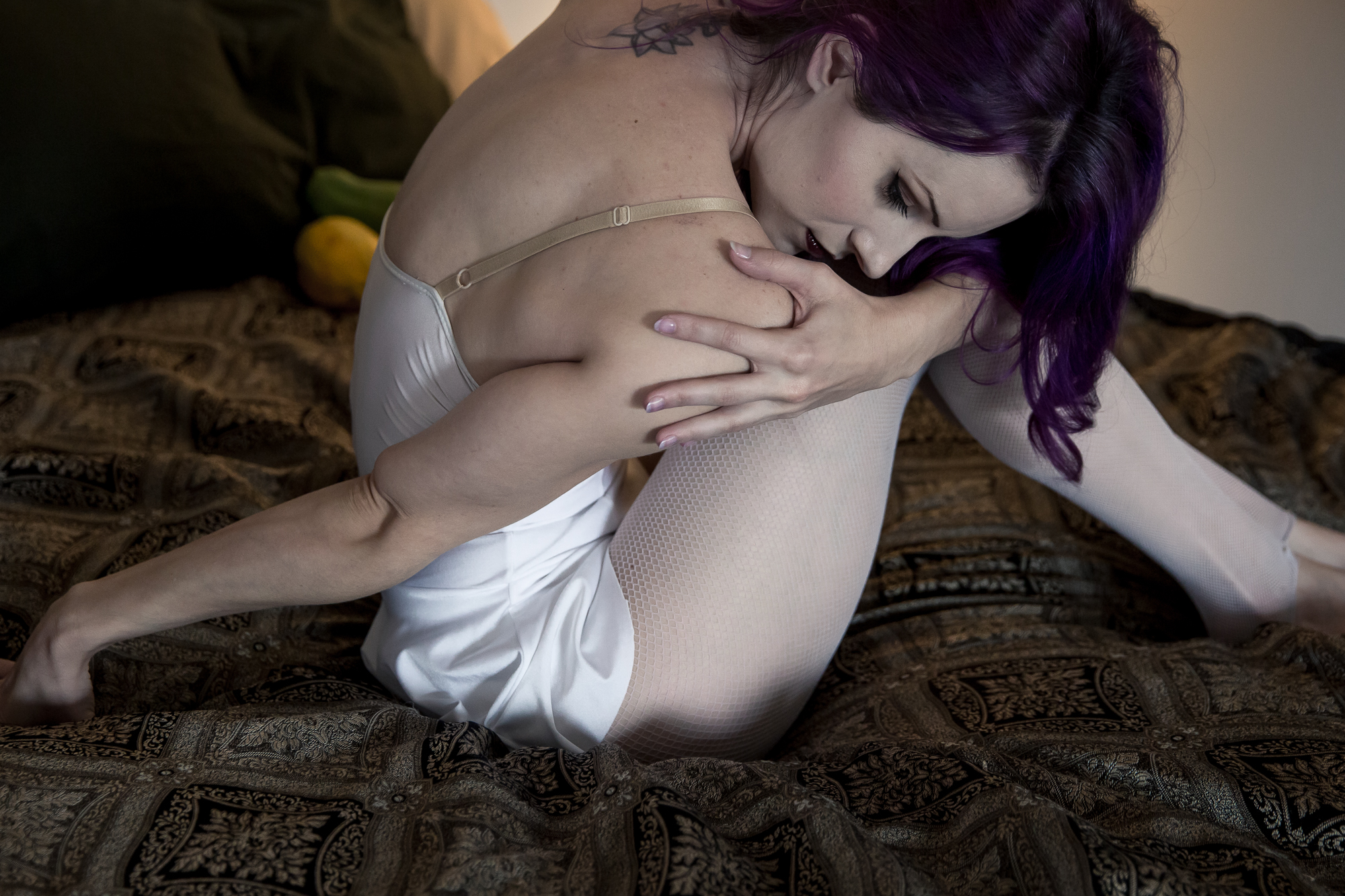

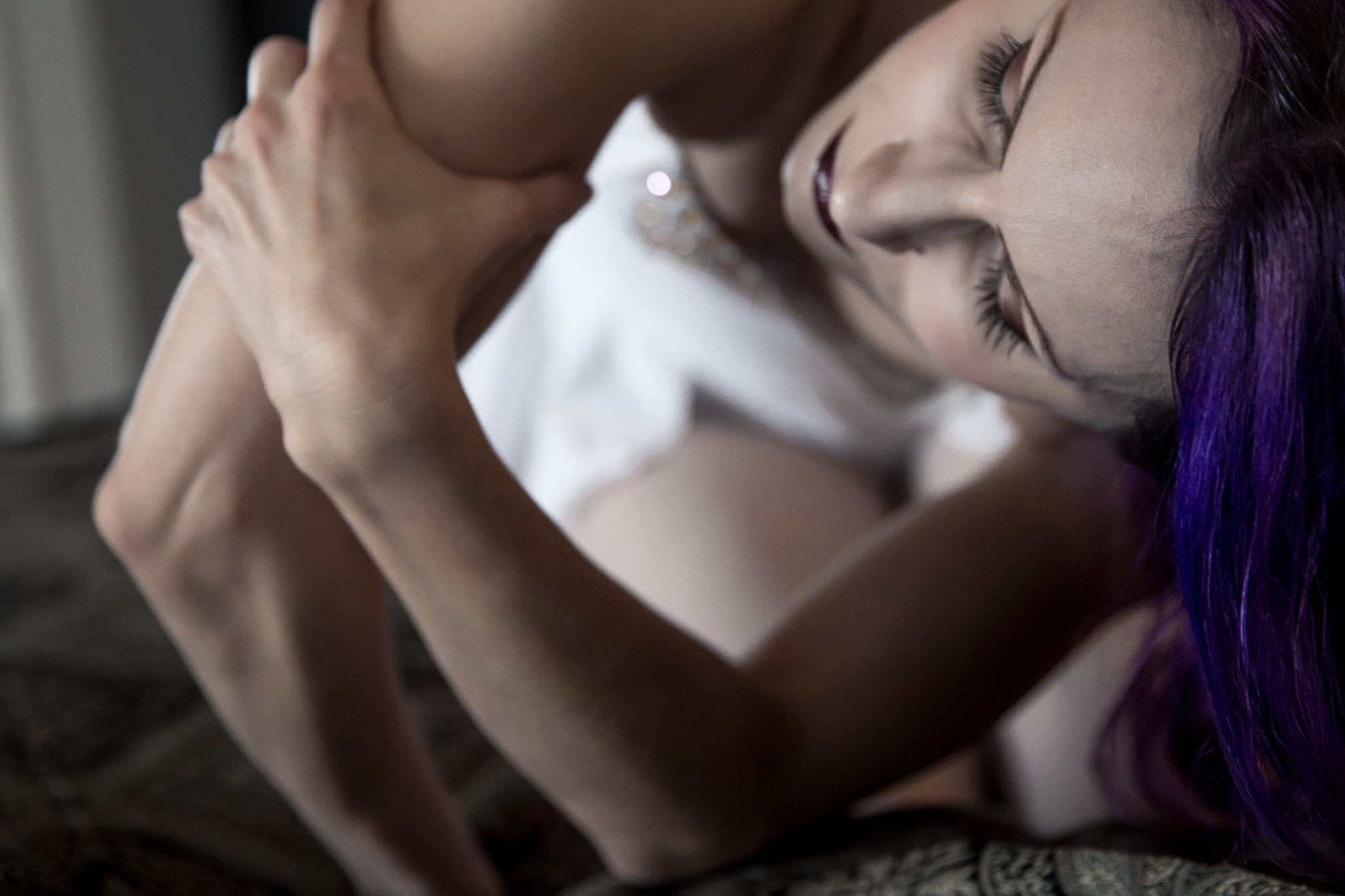
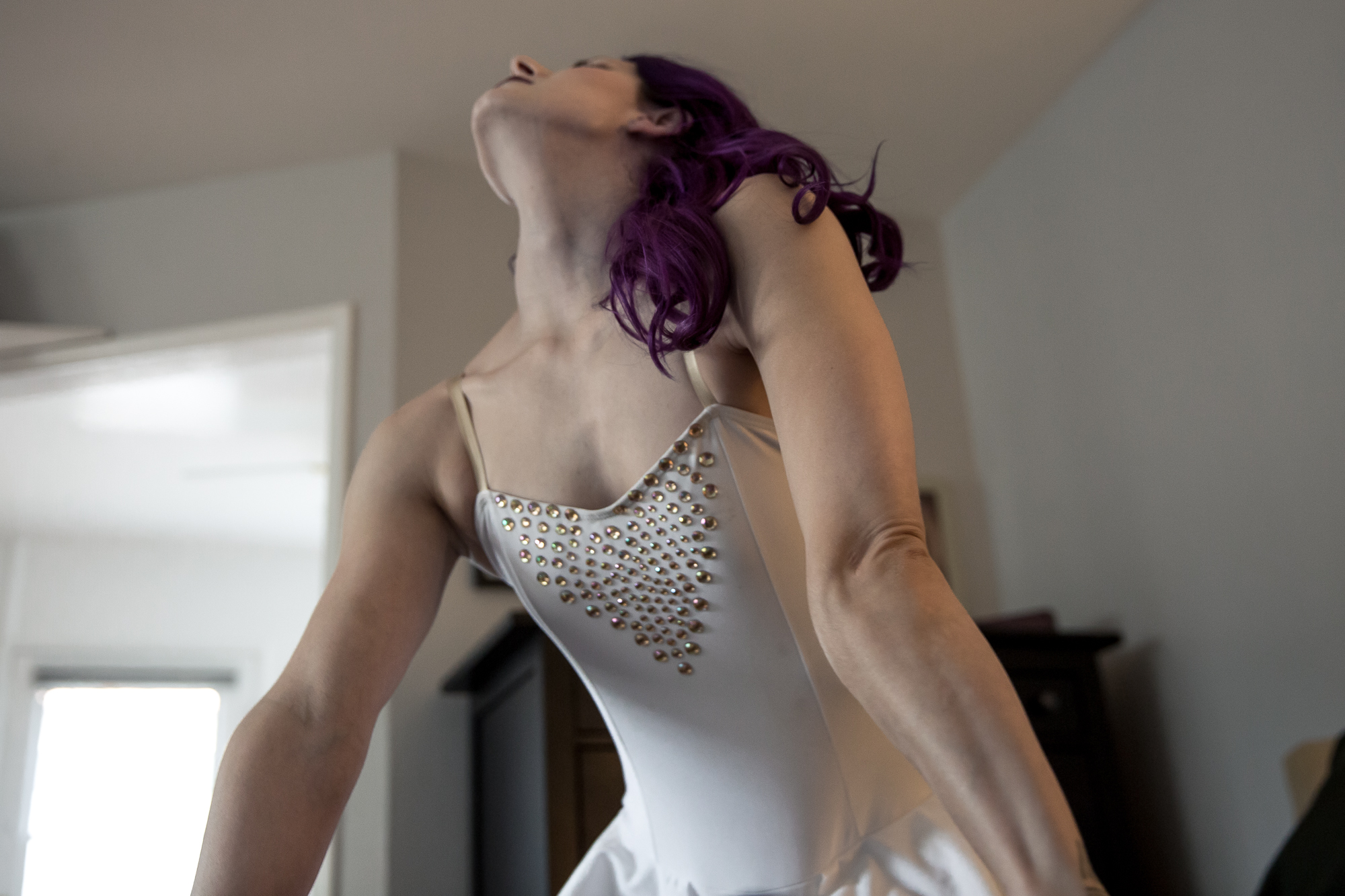
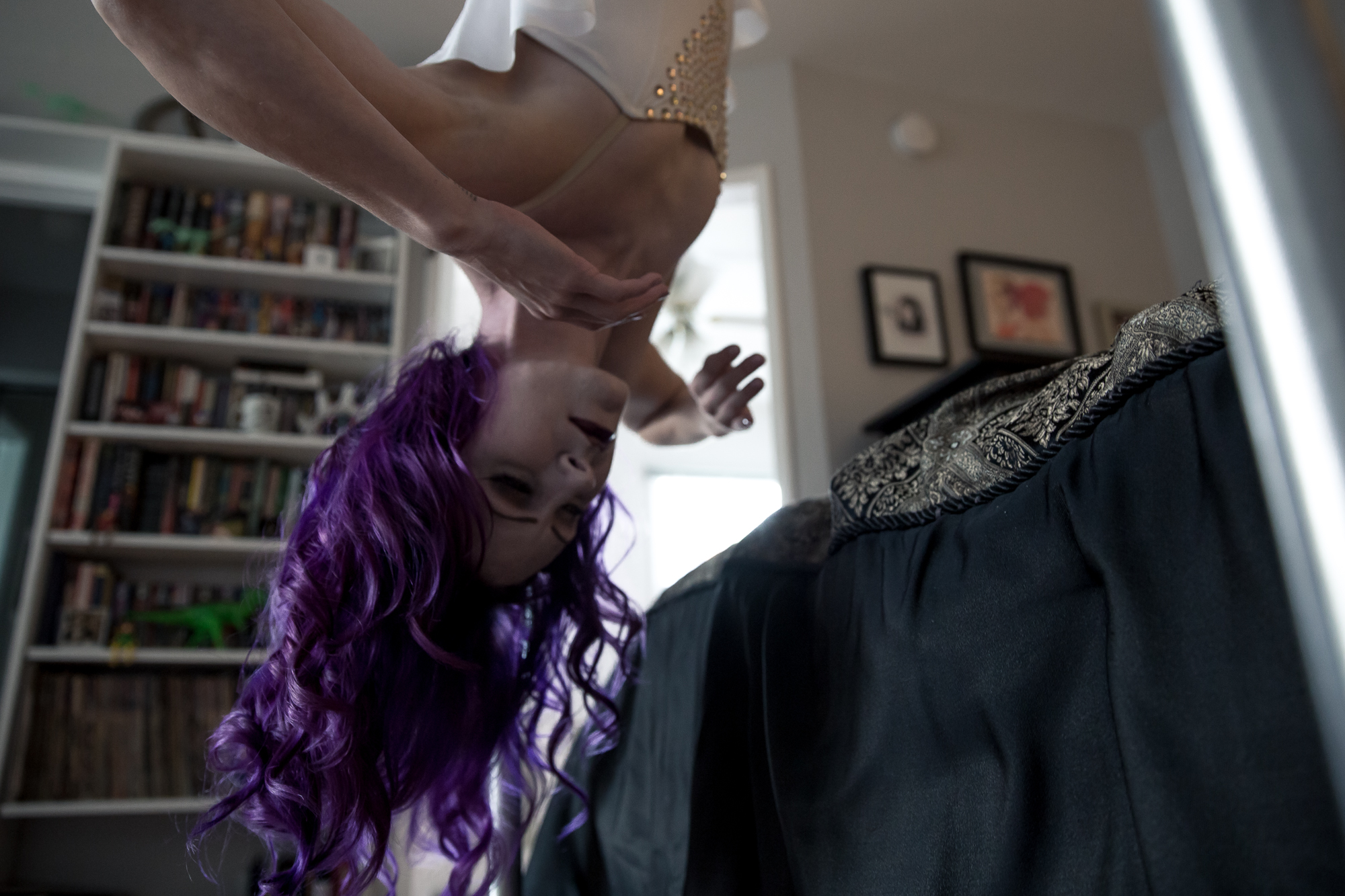
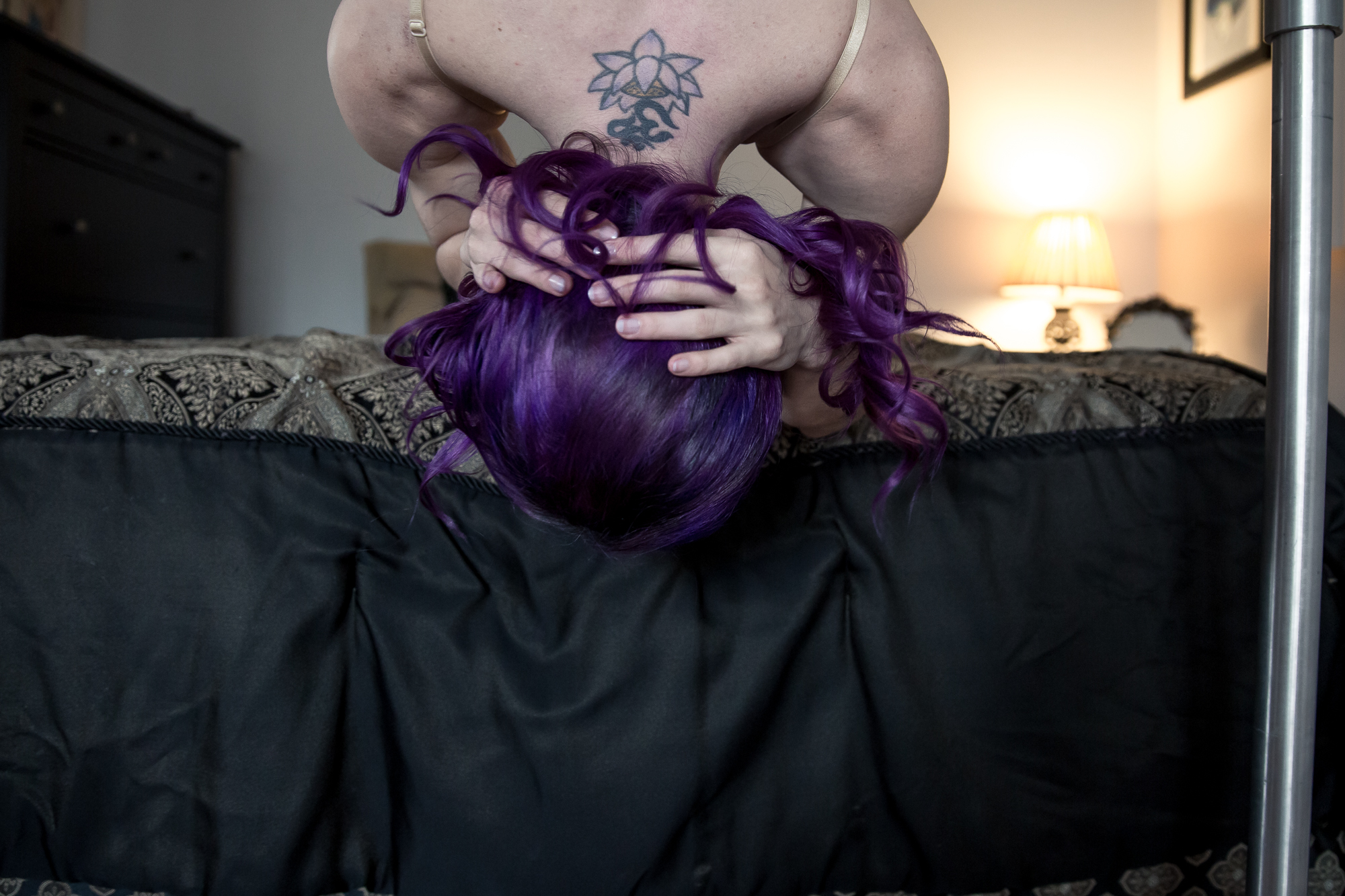
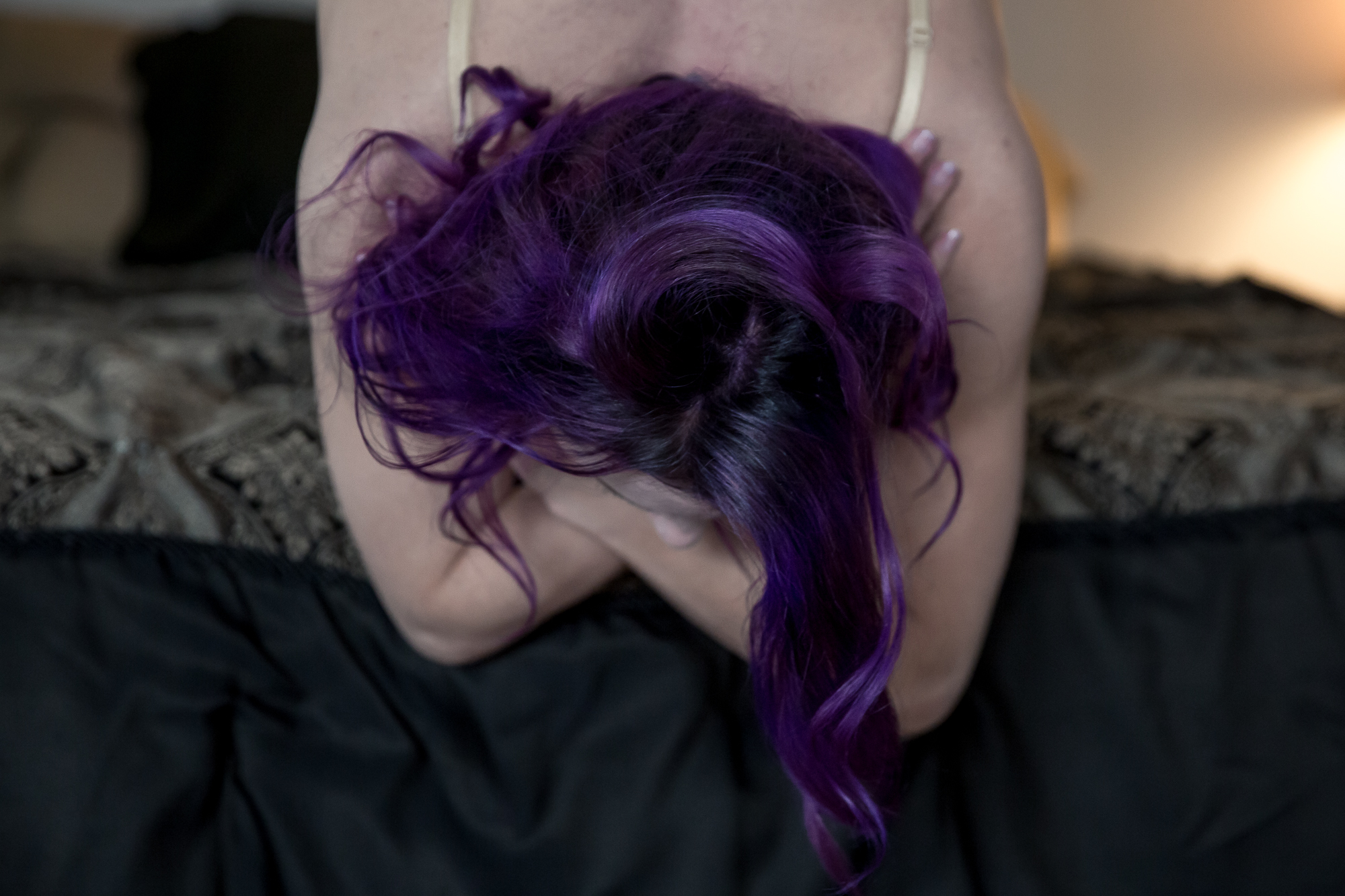
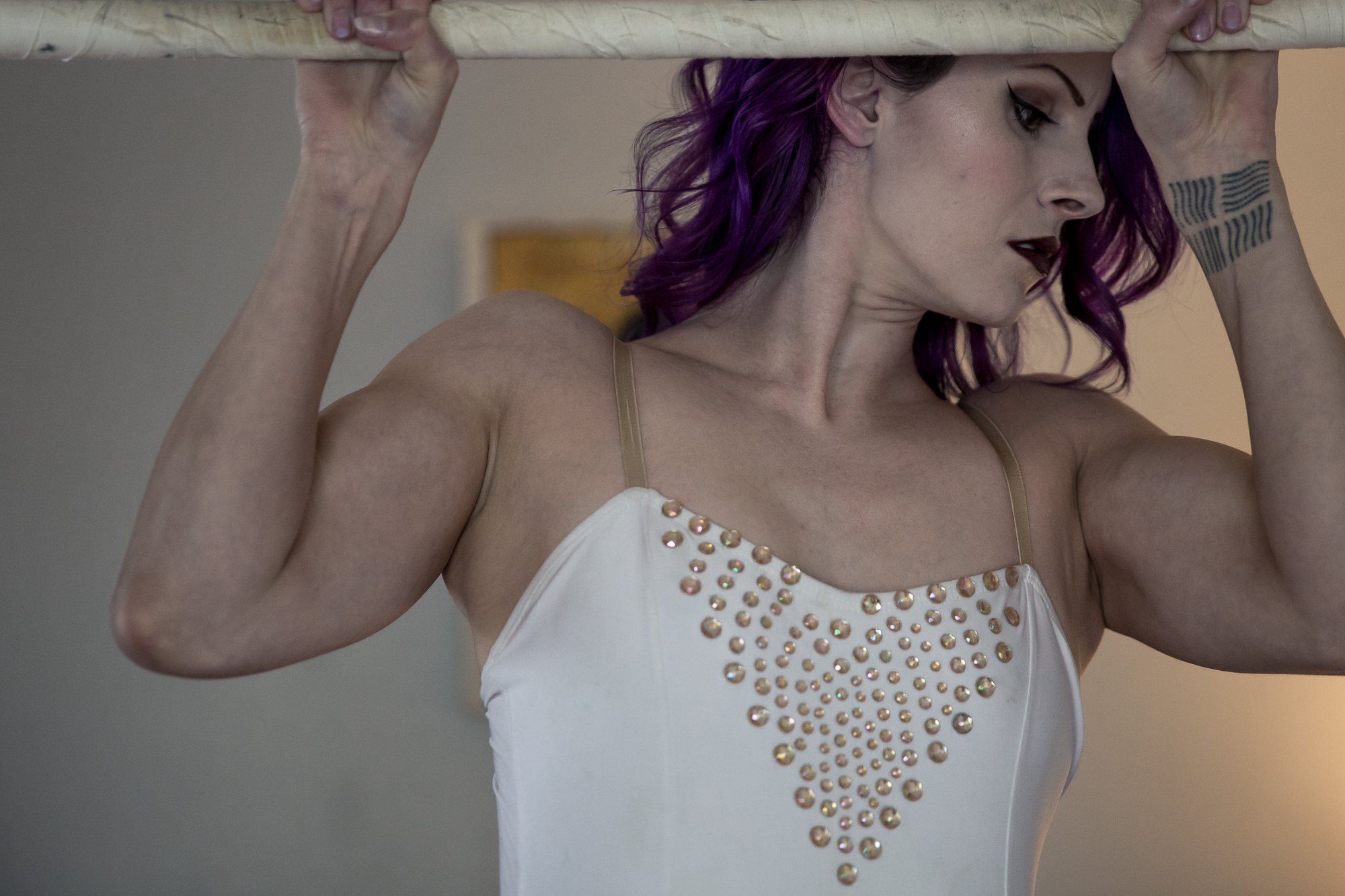
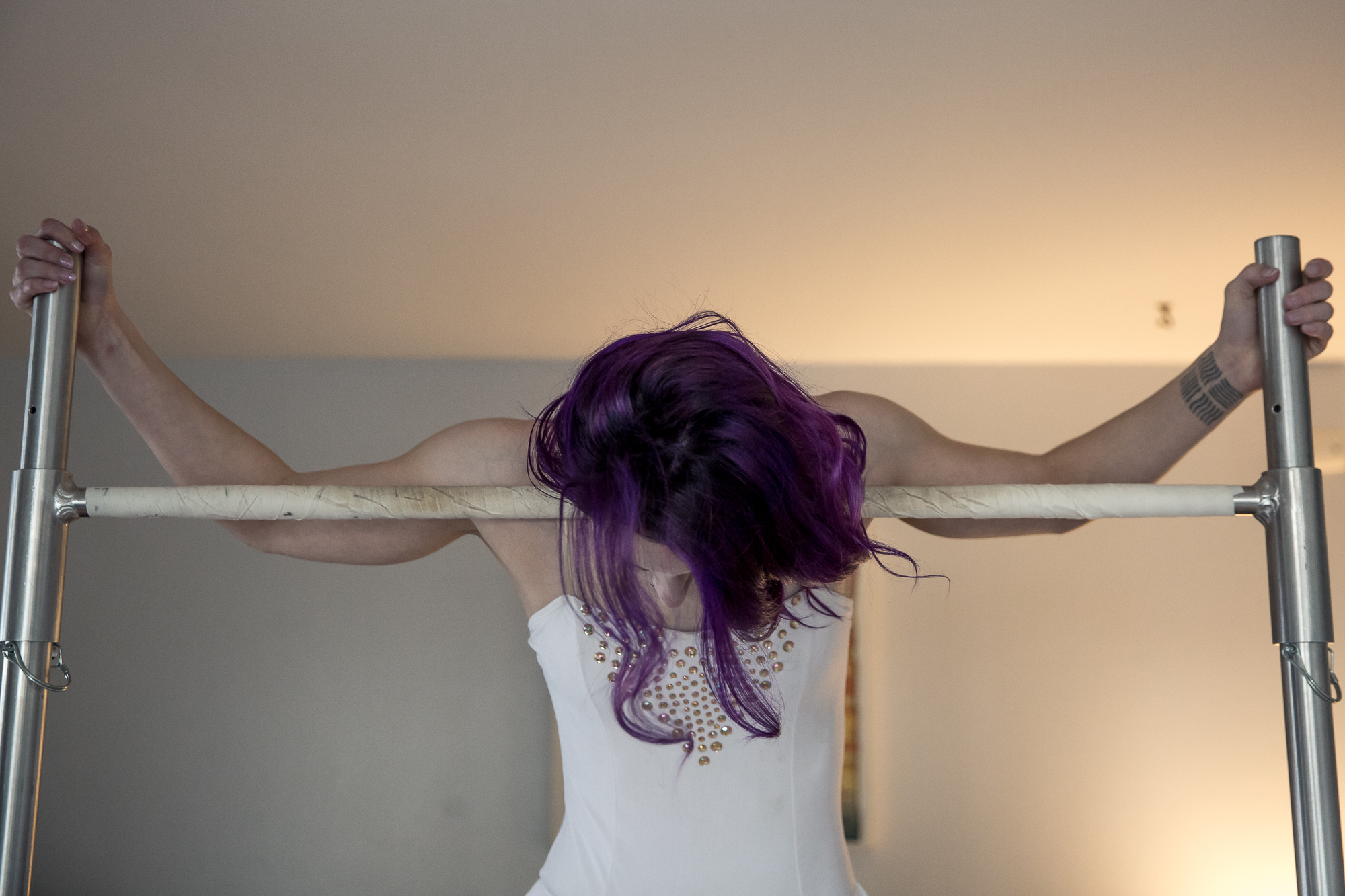
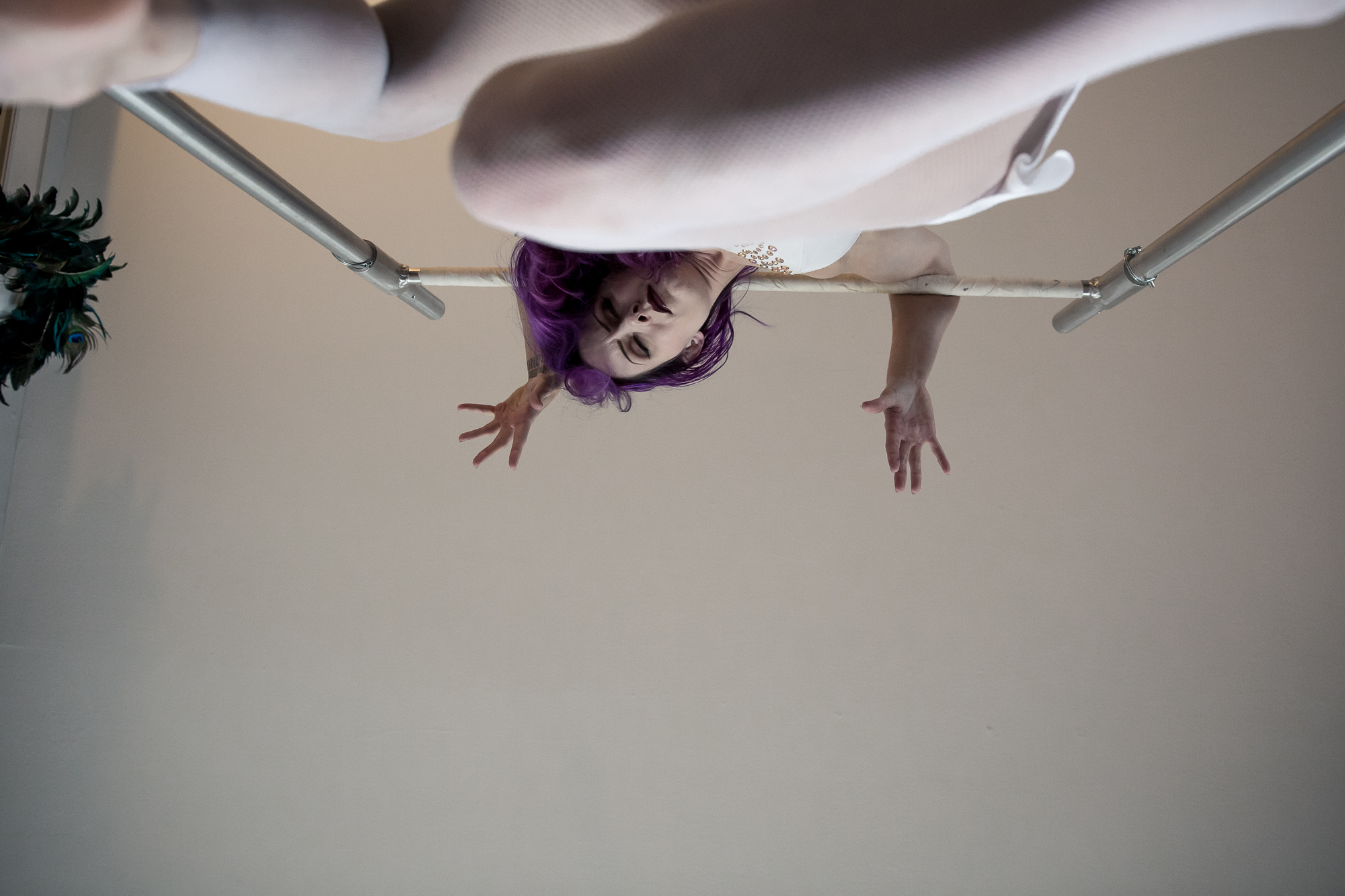

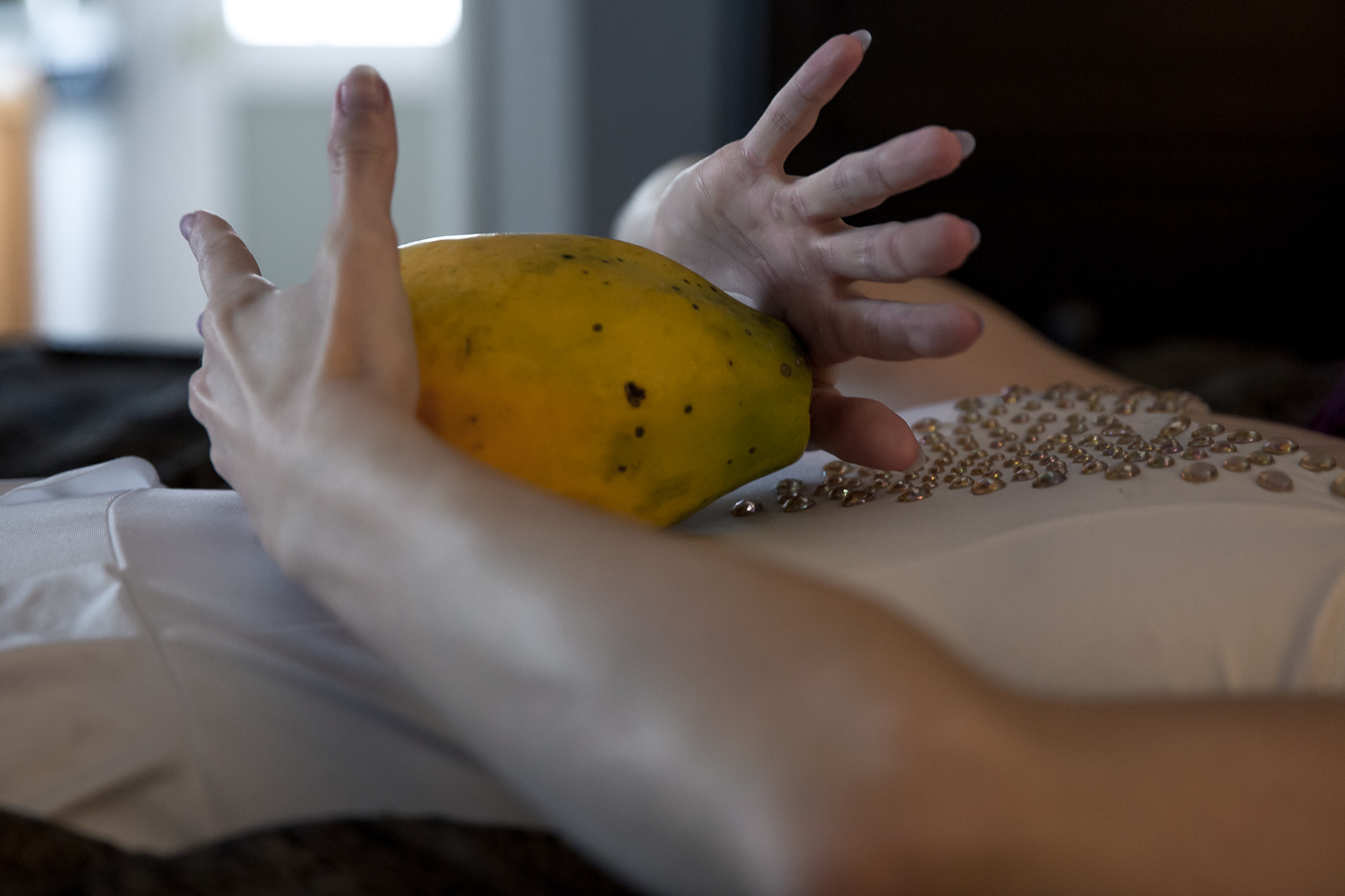
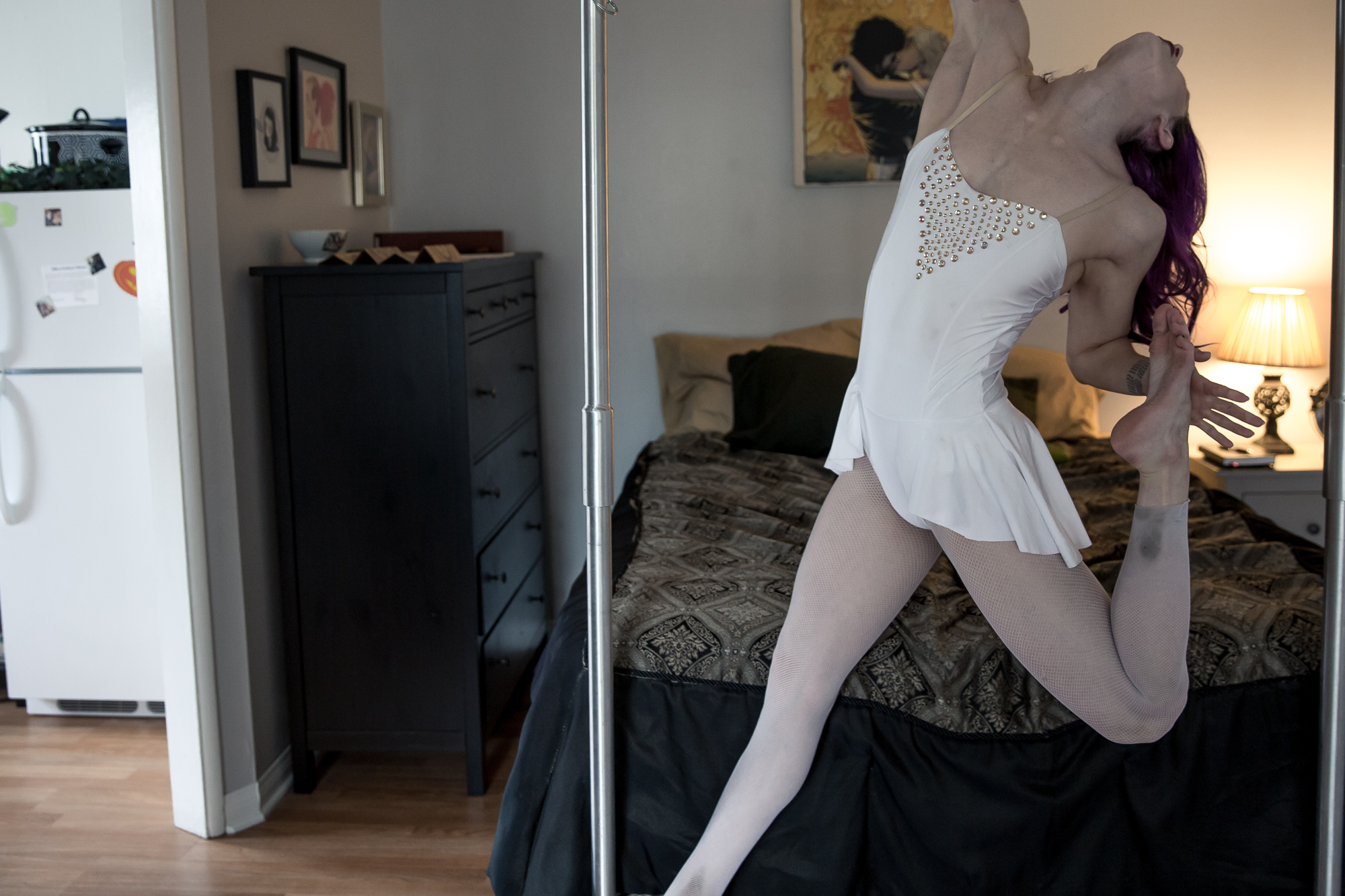
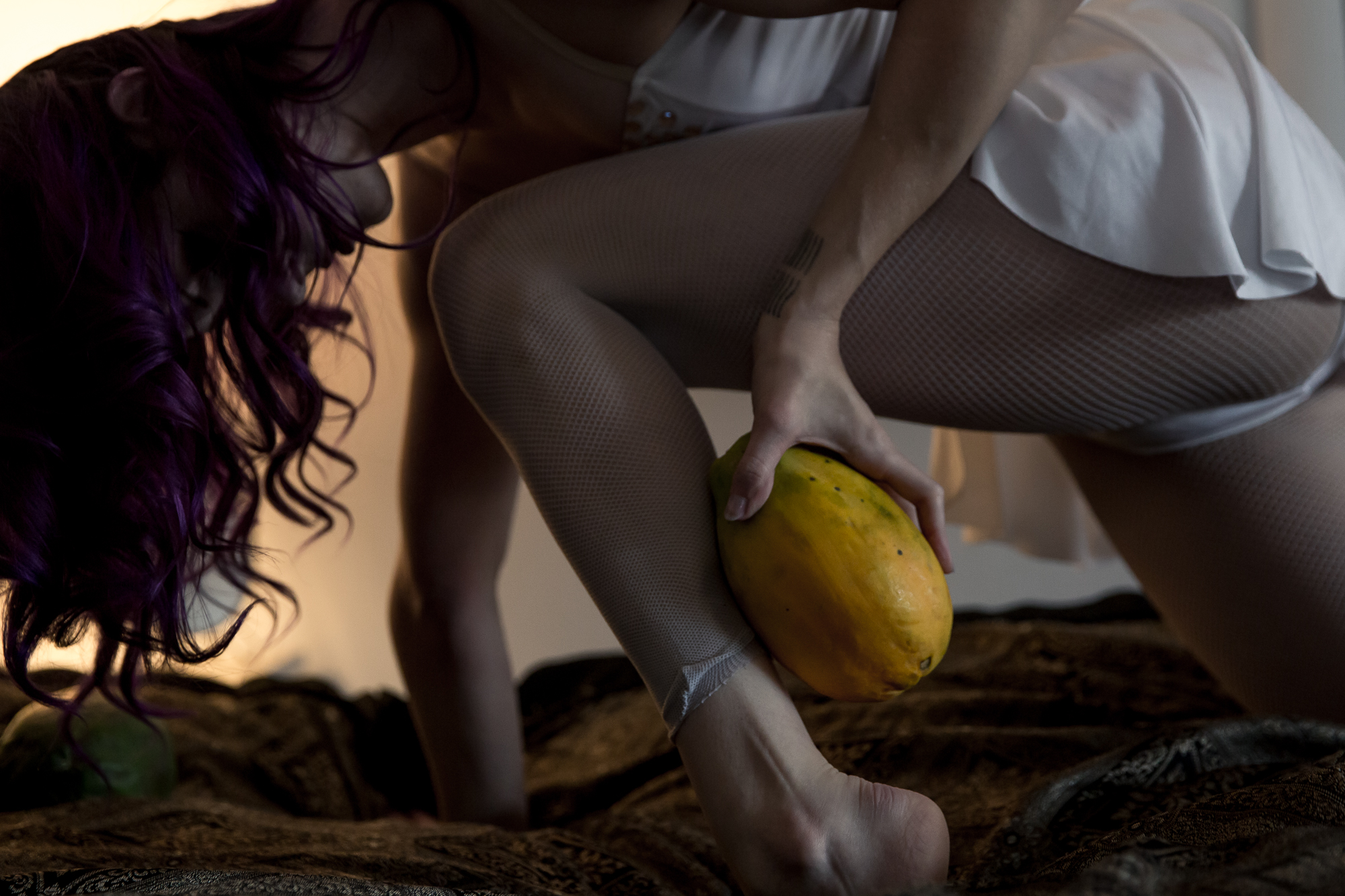
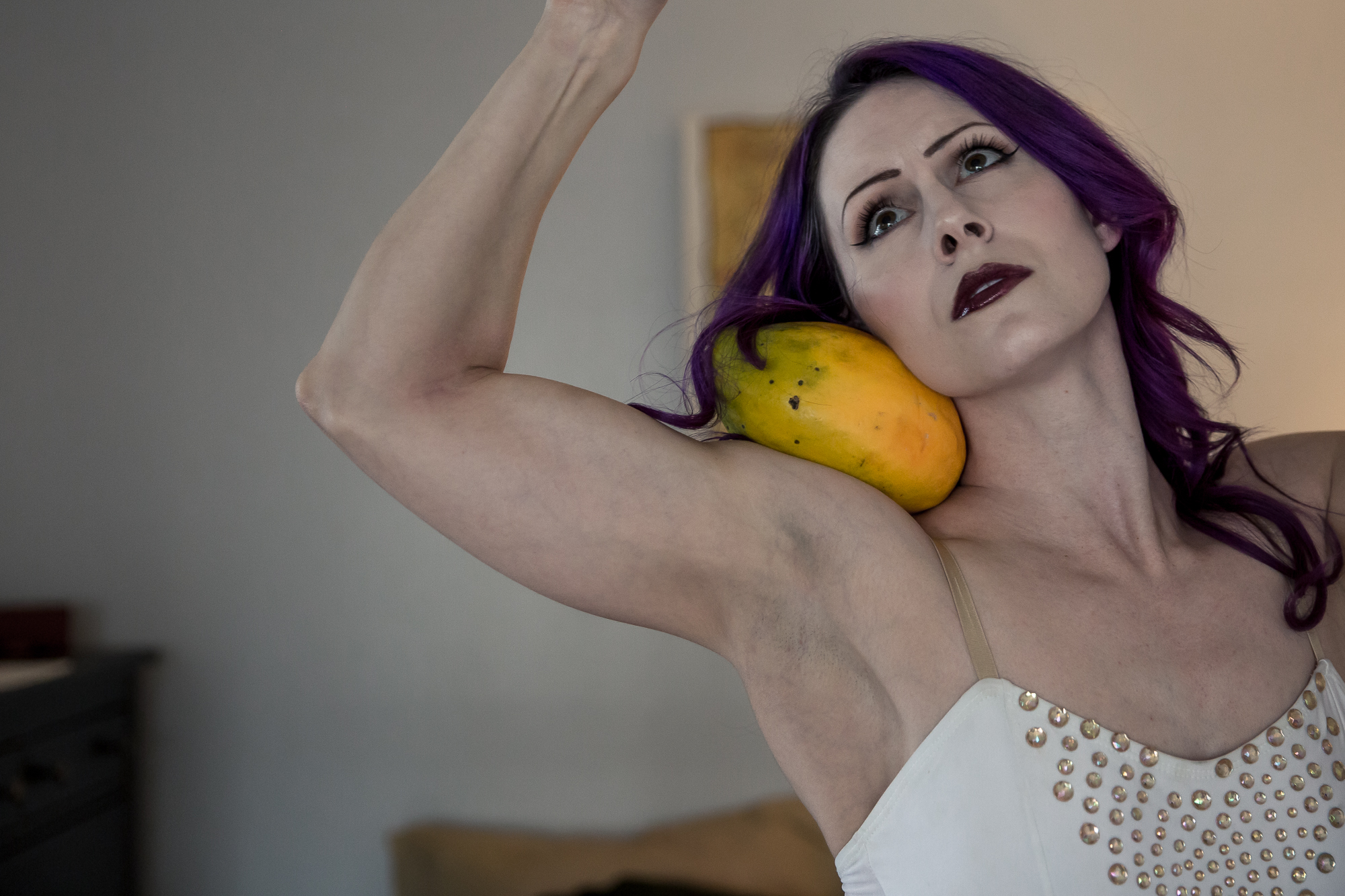
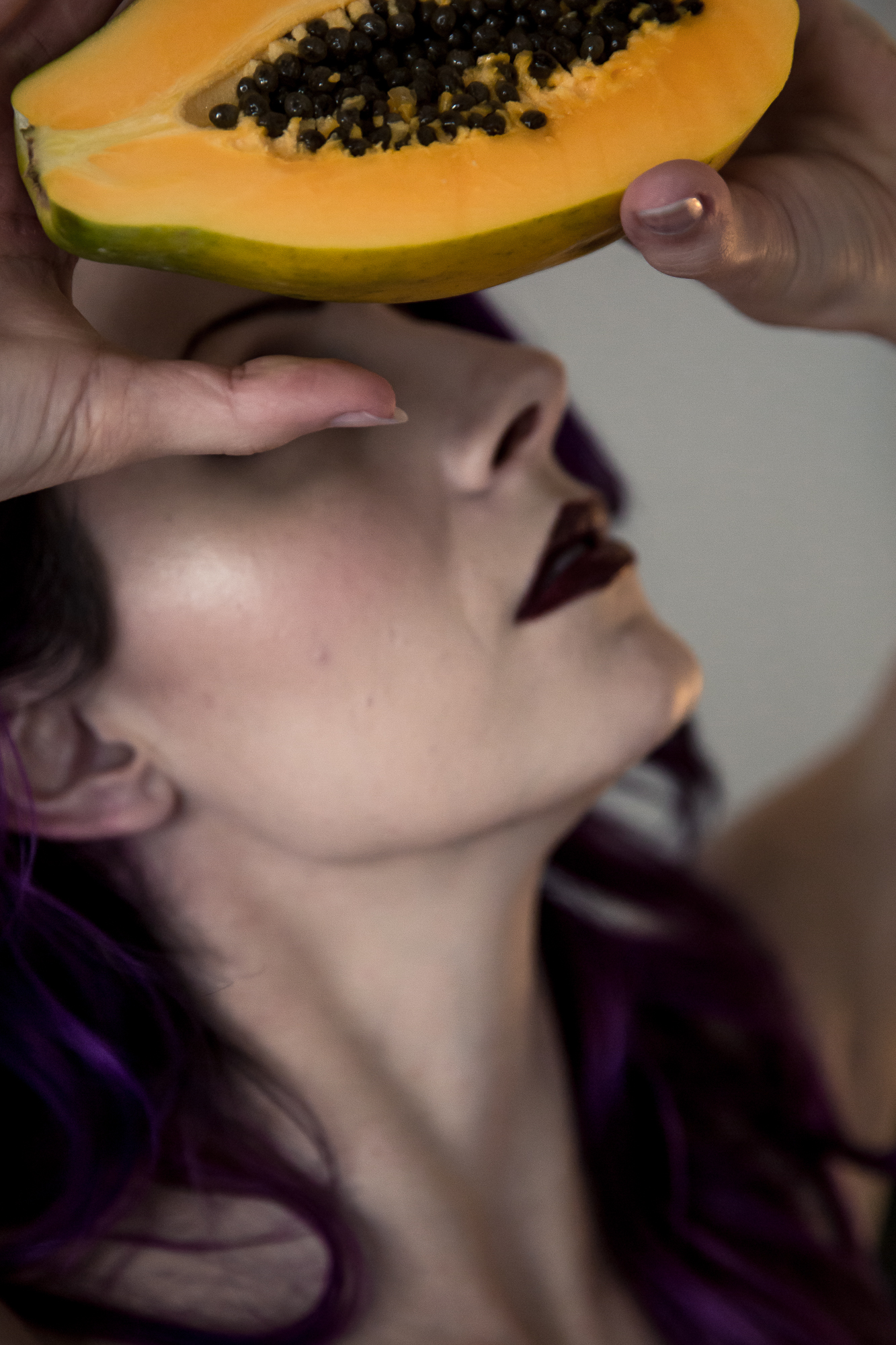
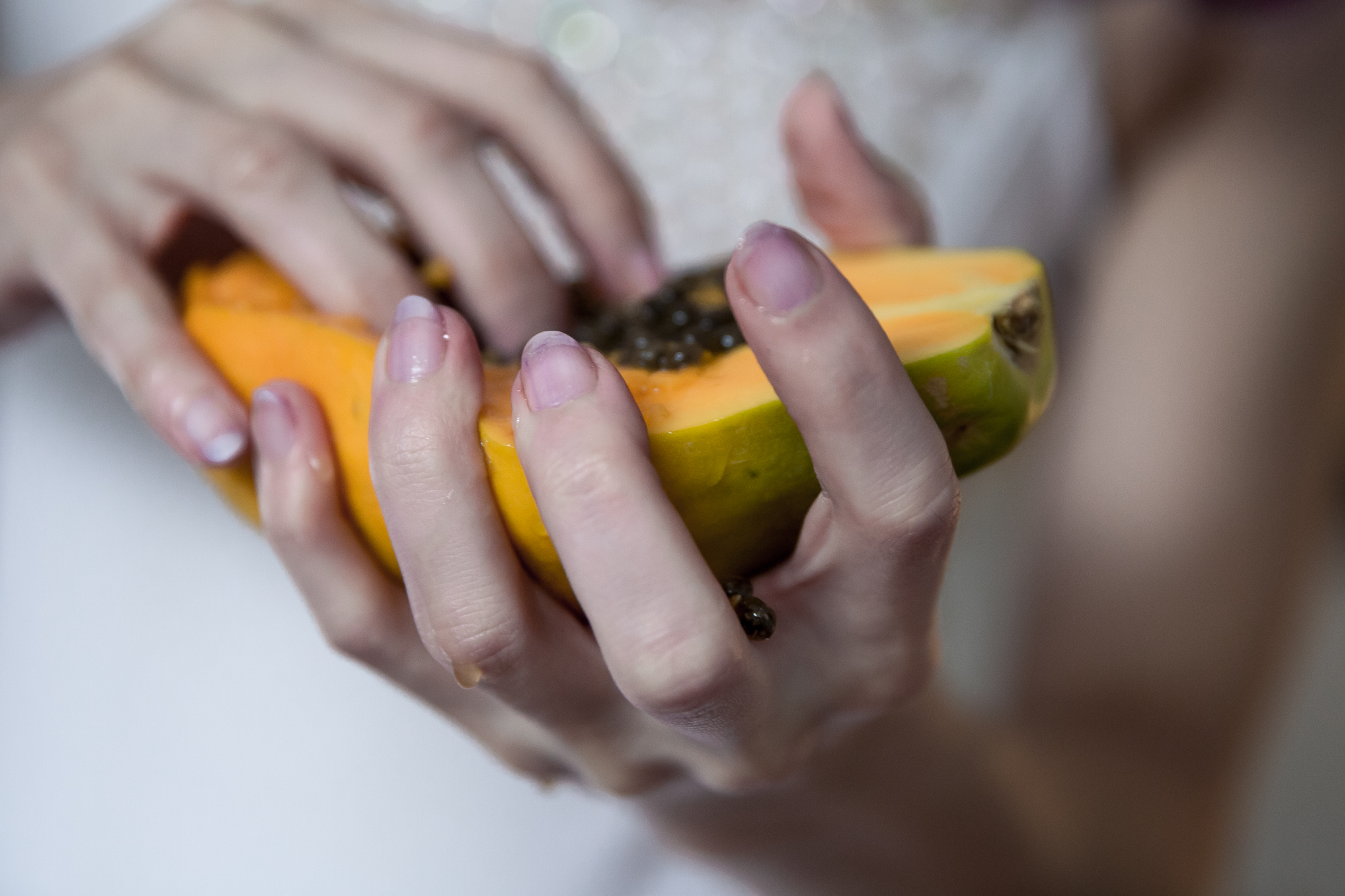
JESSICA
“I never saw the lack of female heroes represented in the media as something telling me that females “can’t do anything”. I looked at male superheroes and thought: there’s room for me.”

